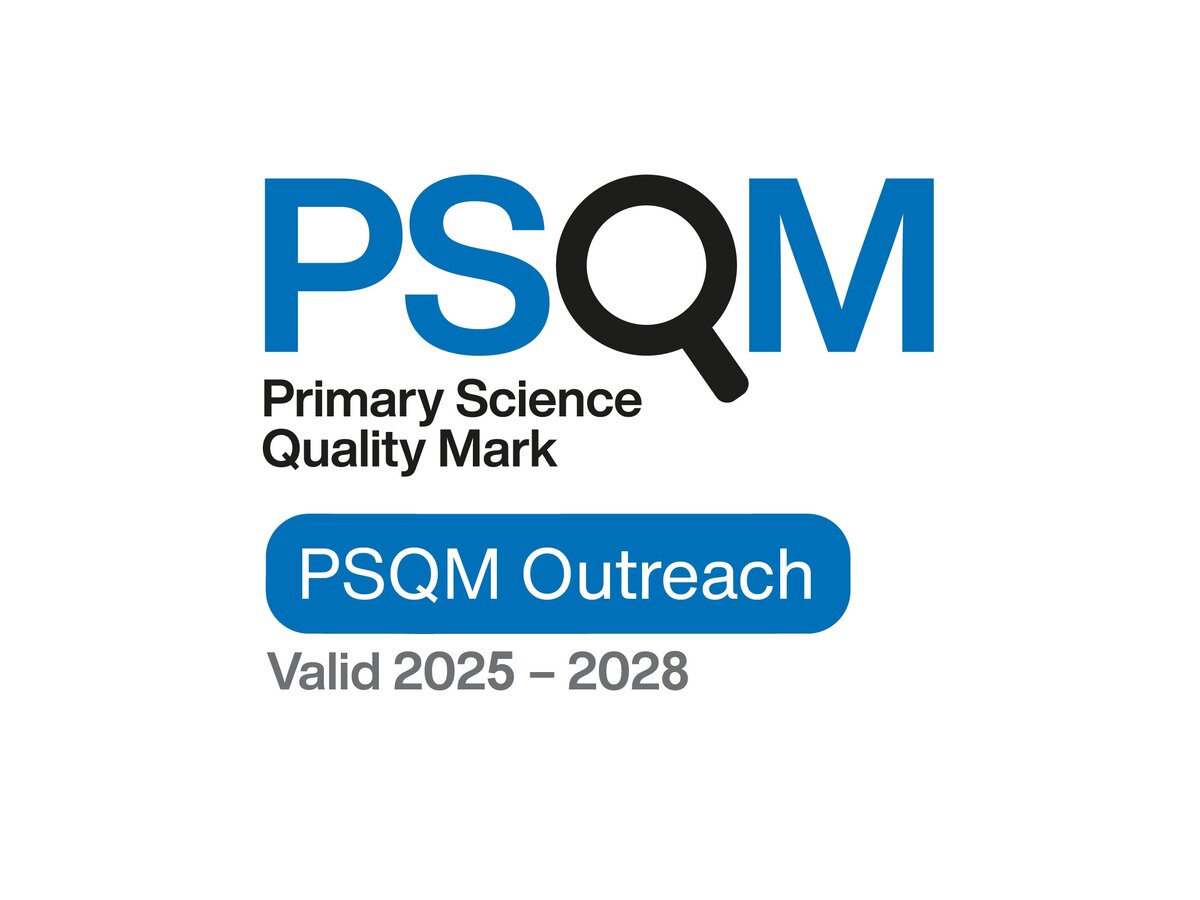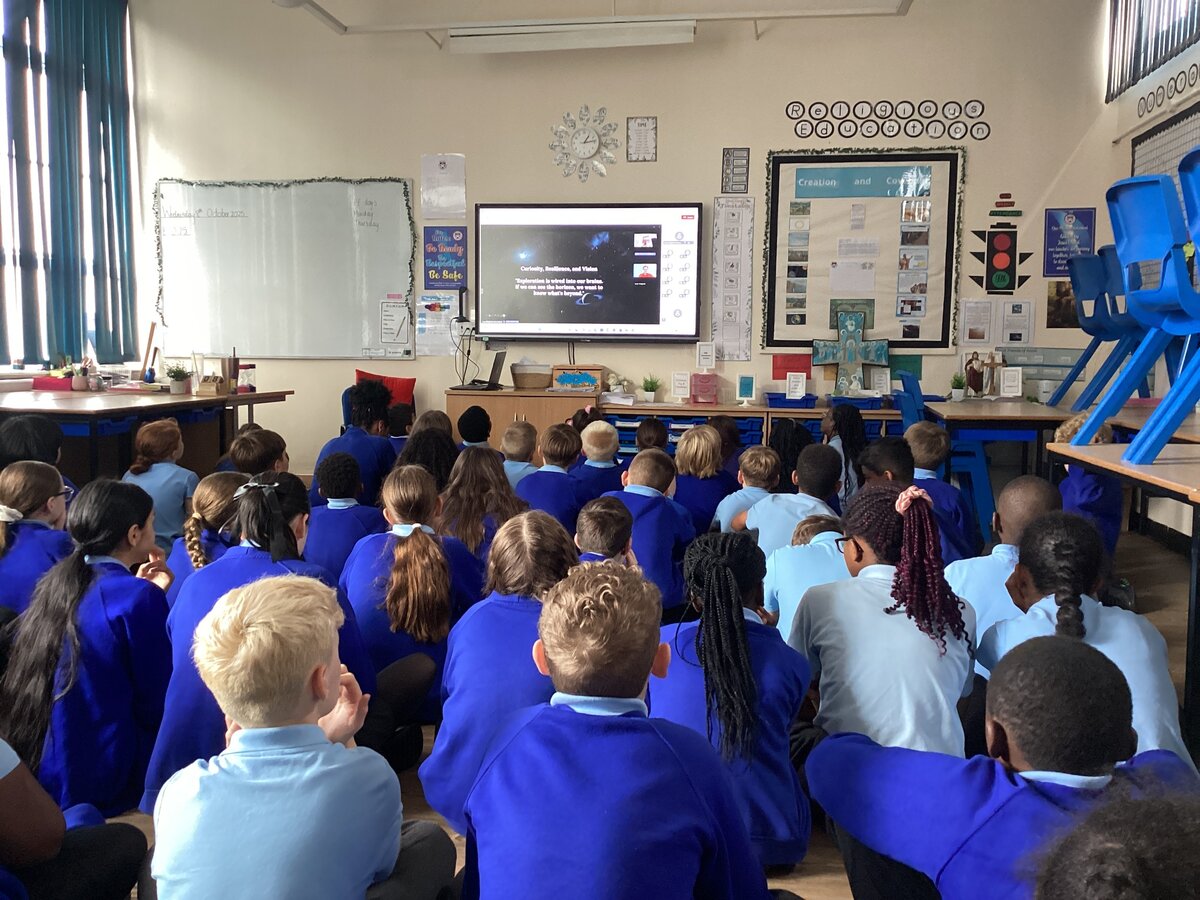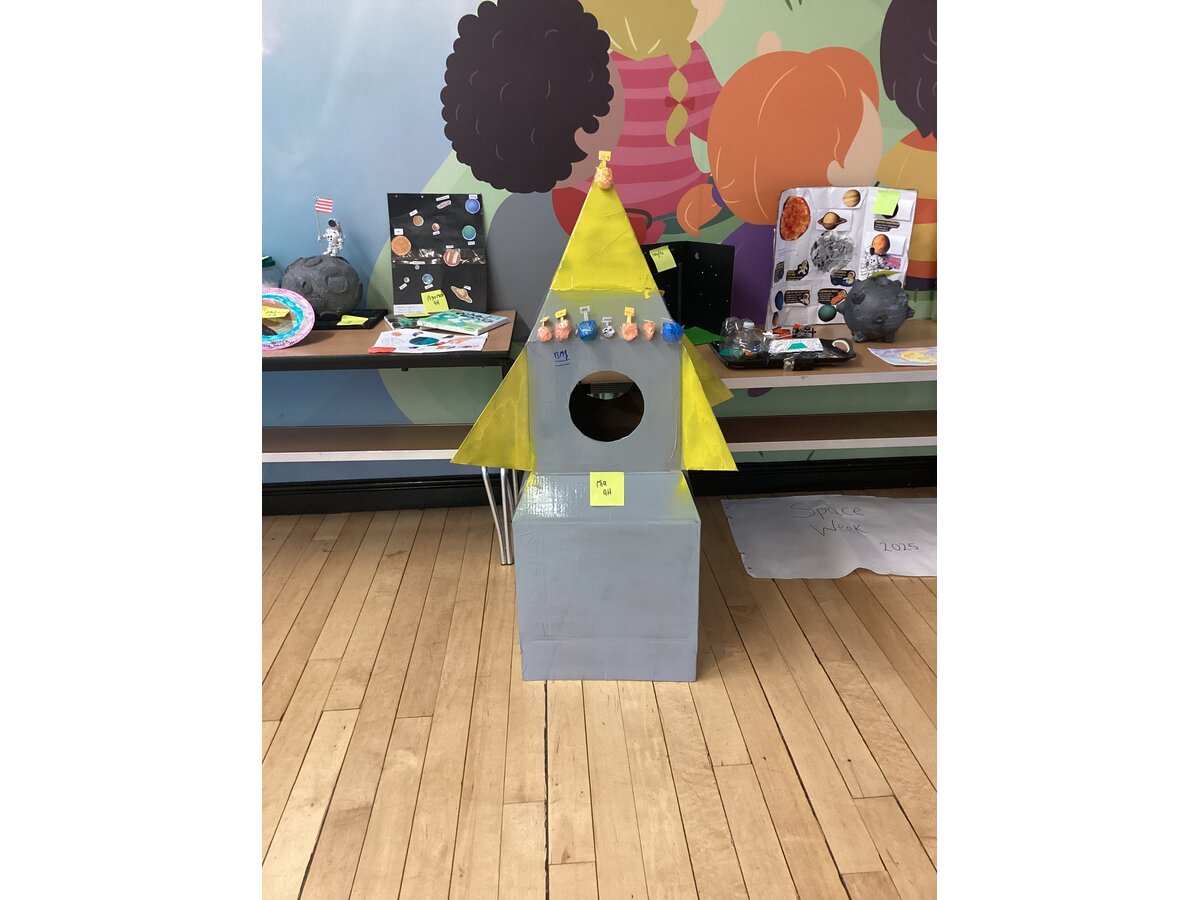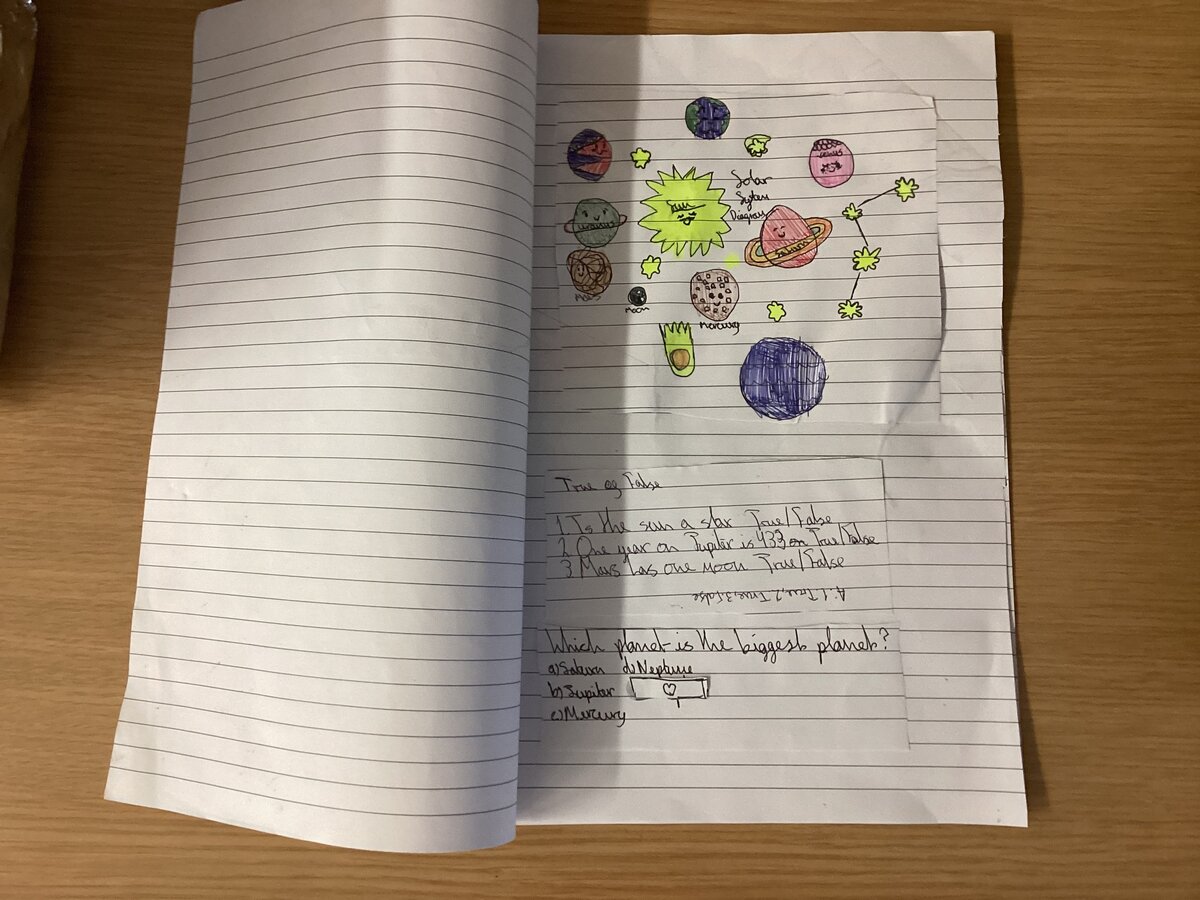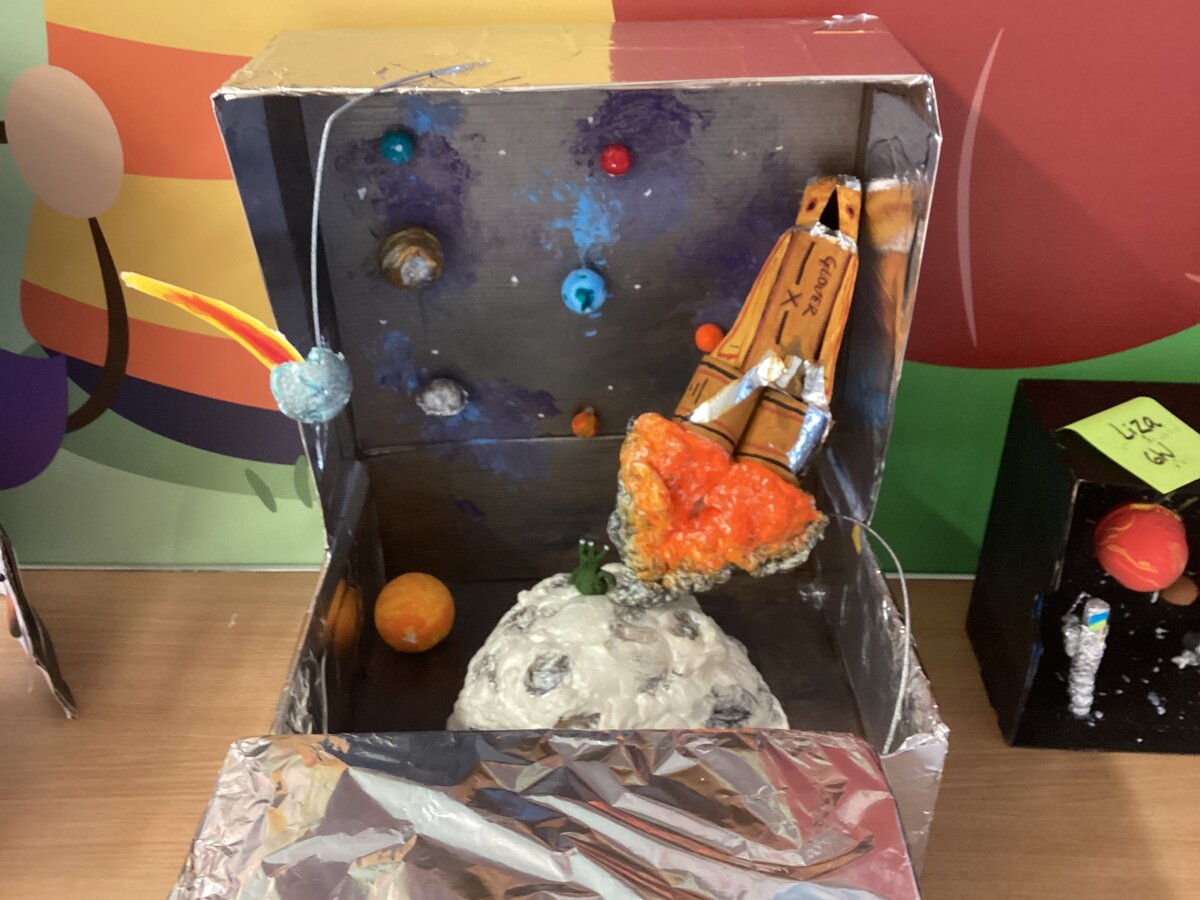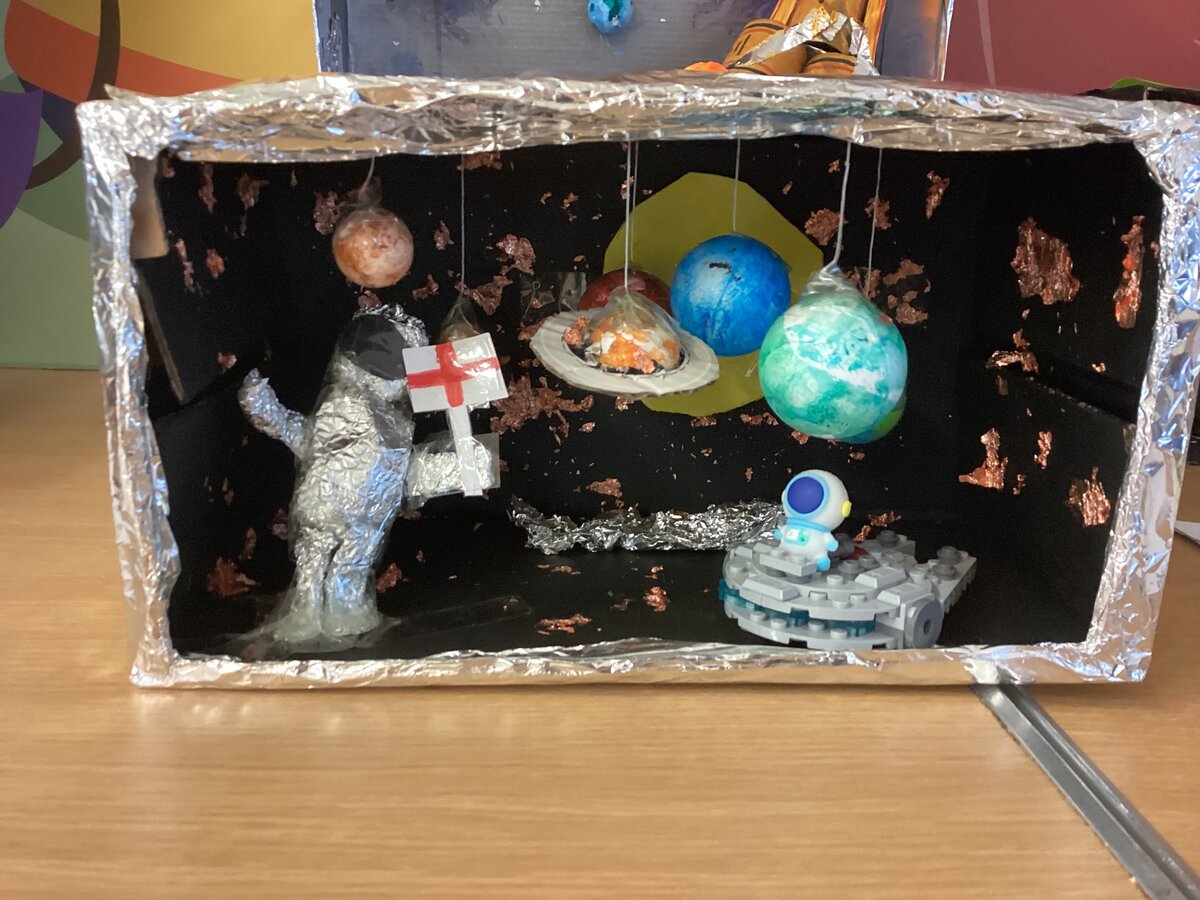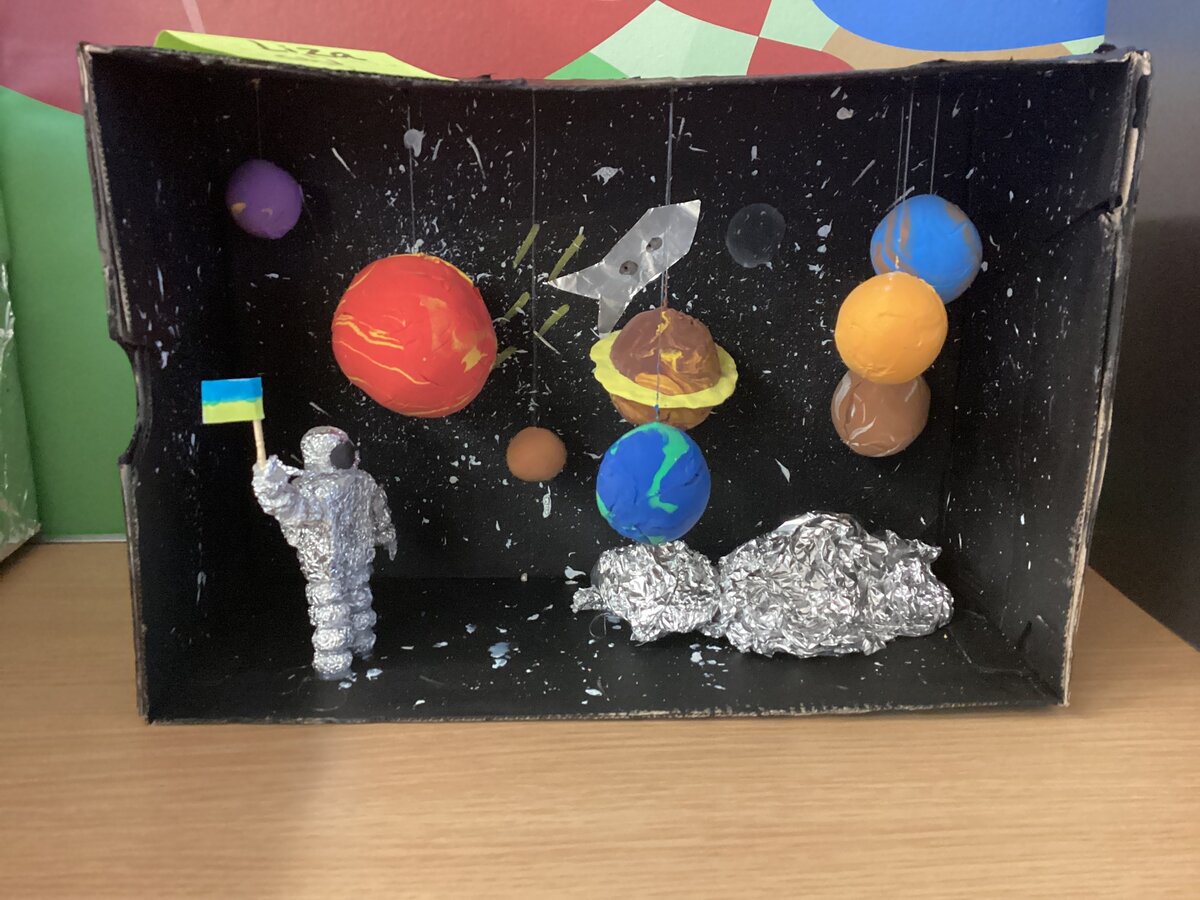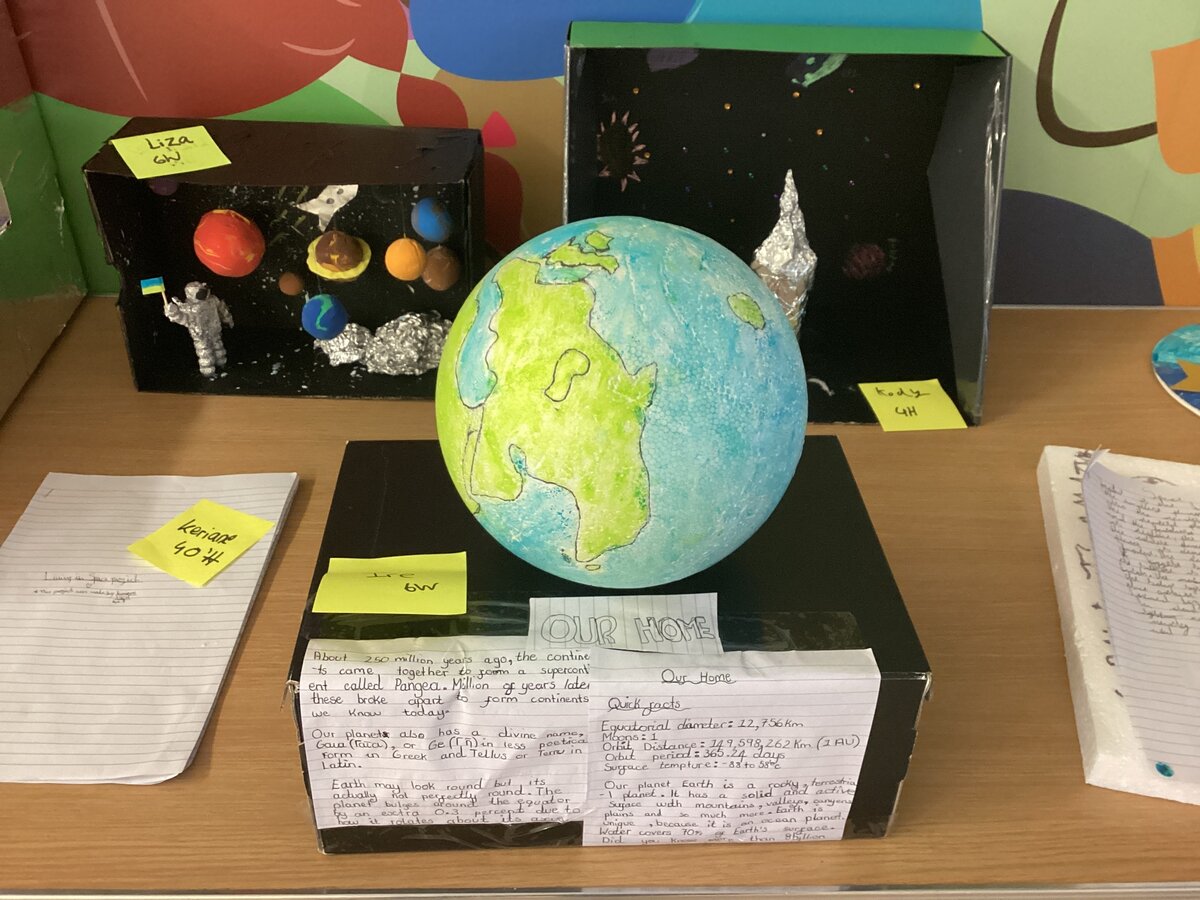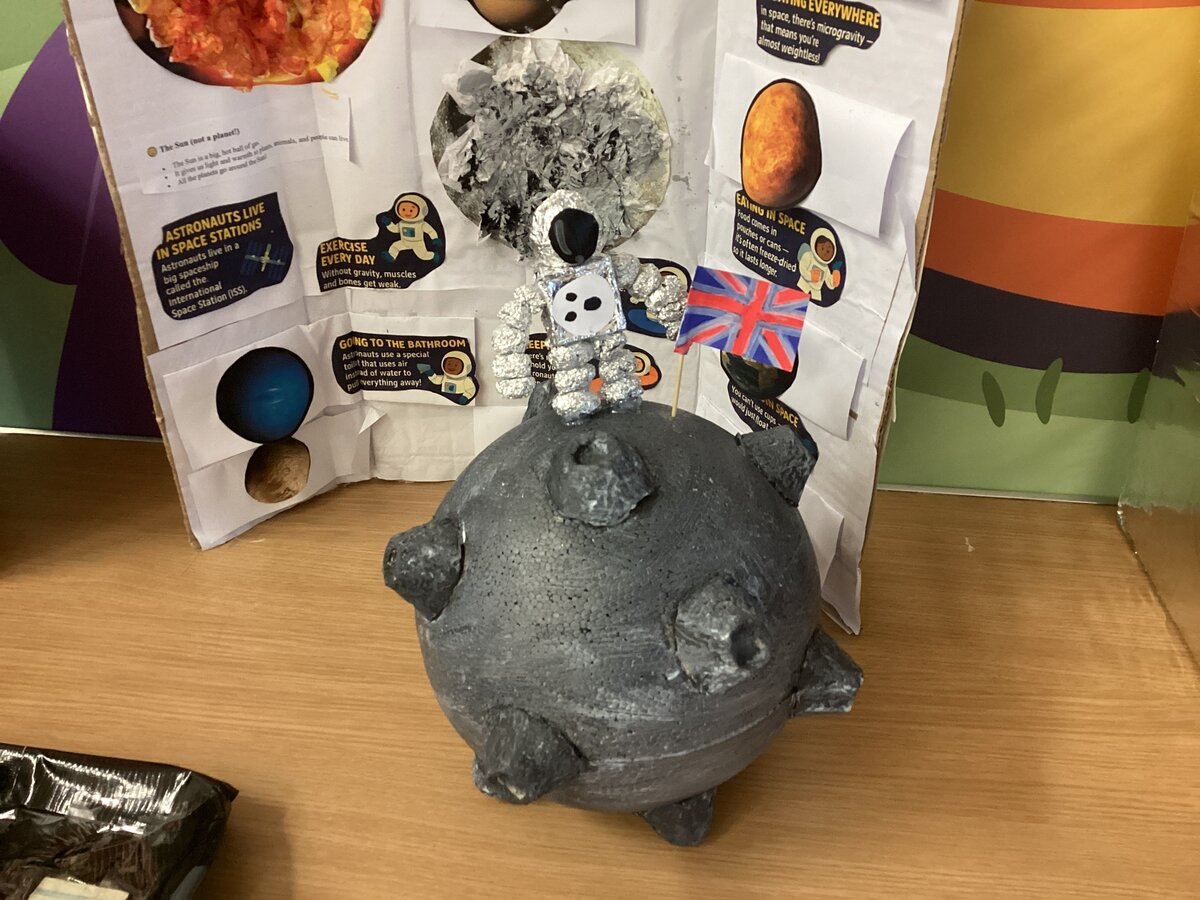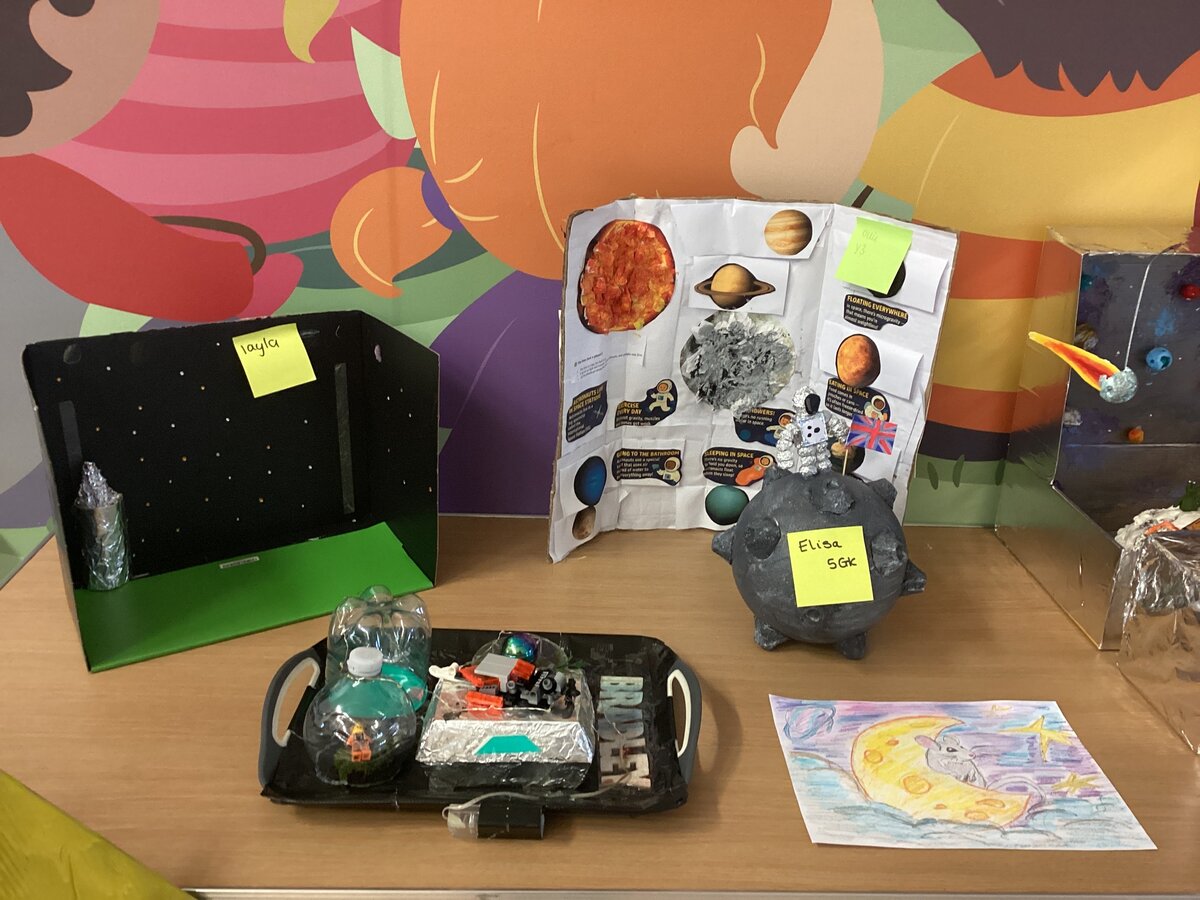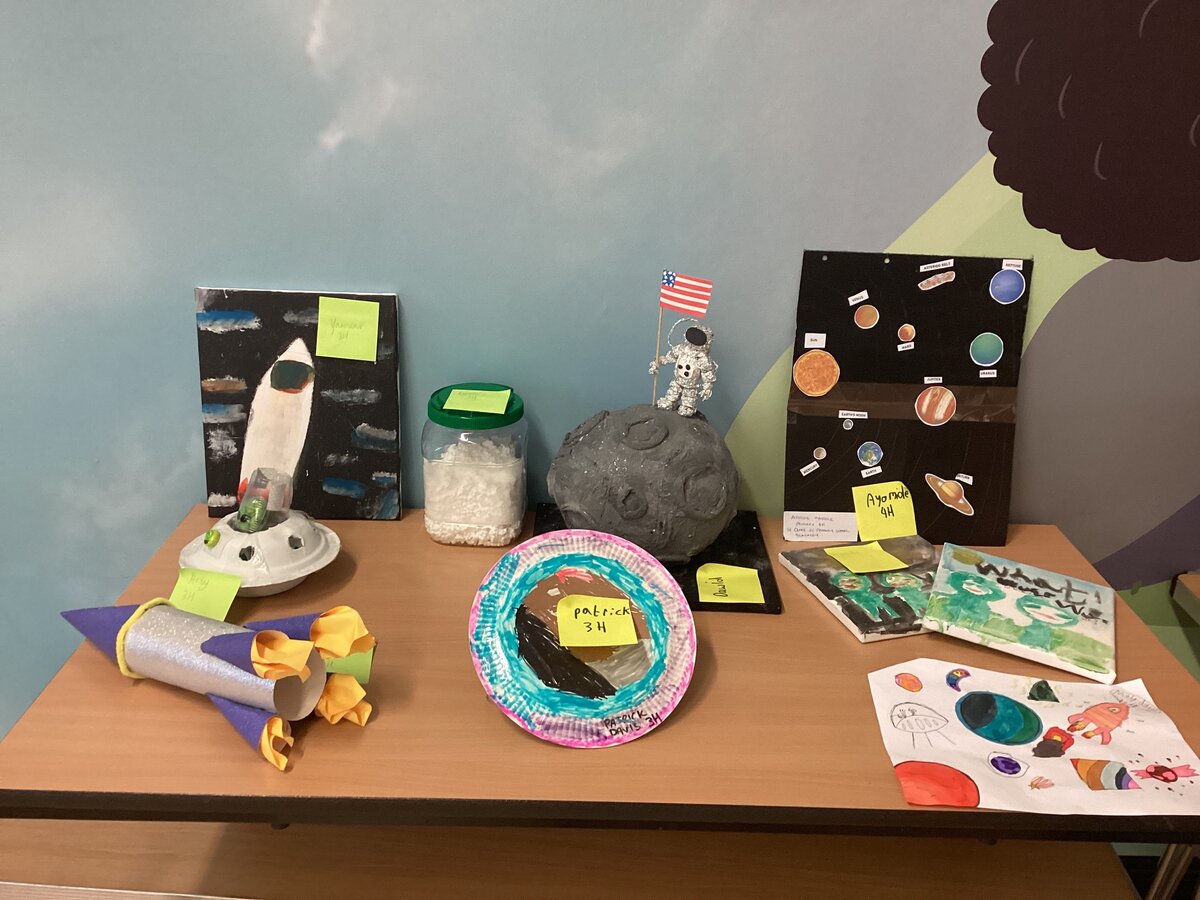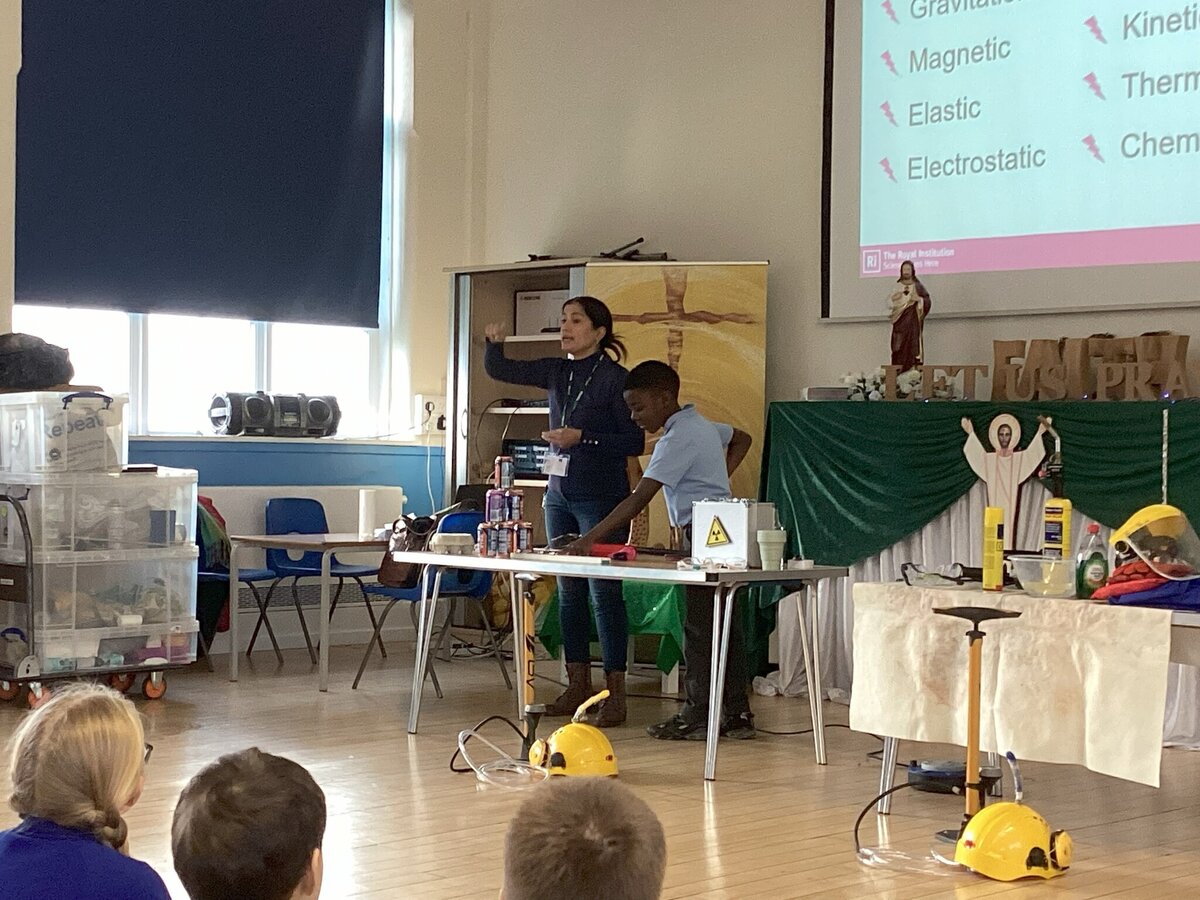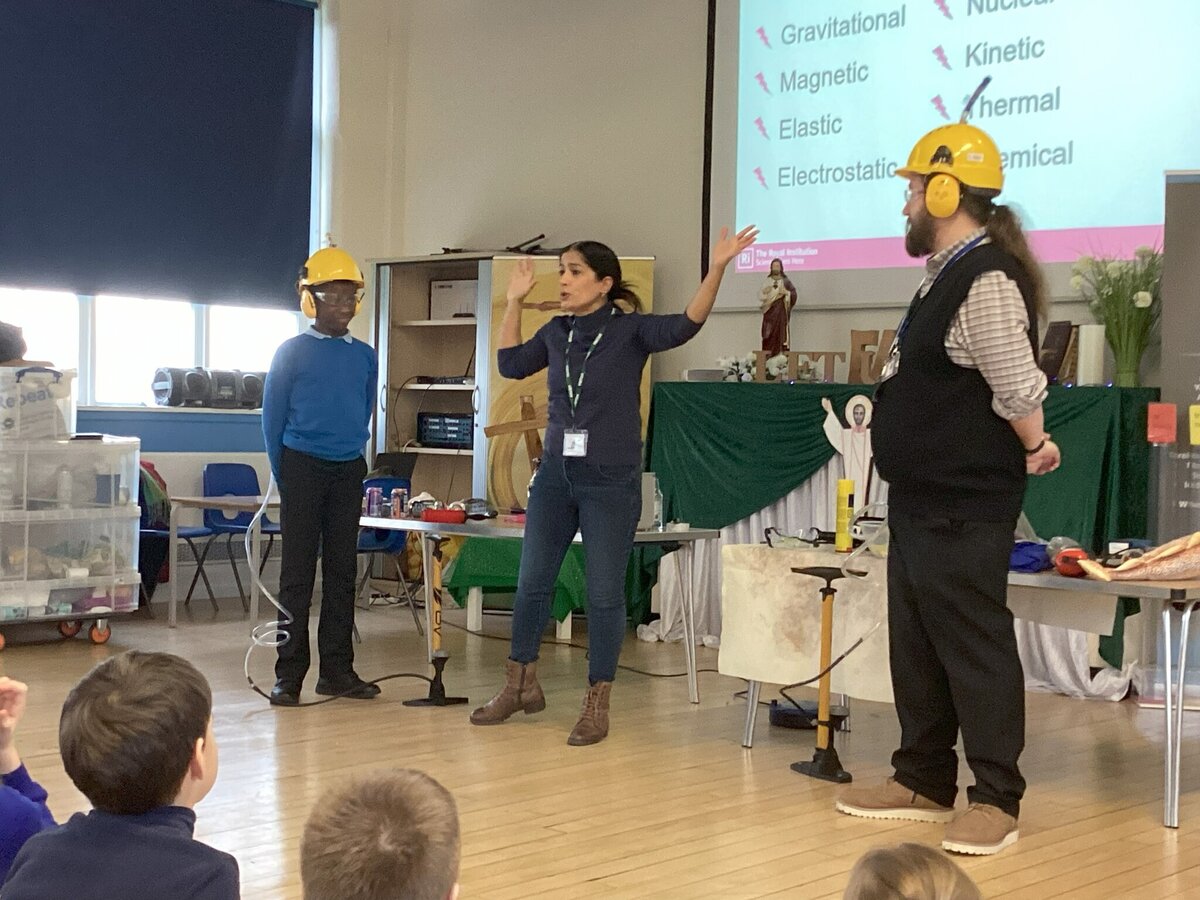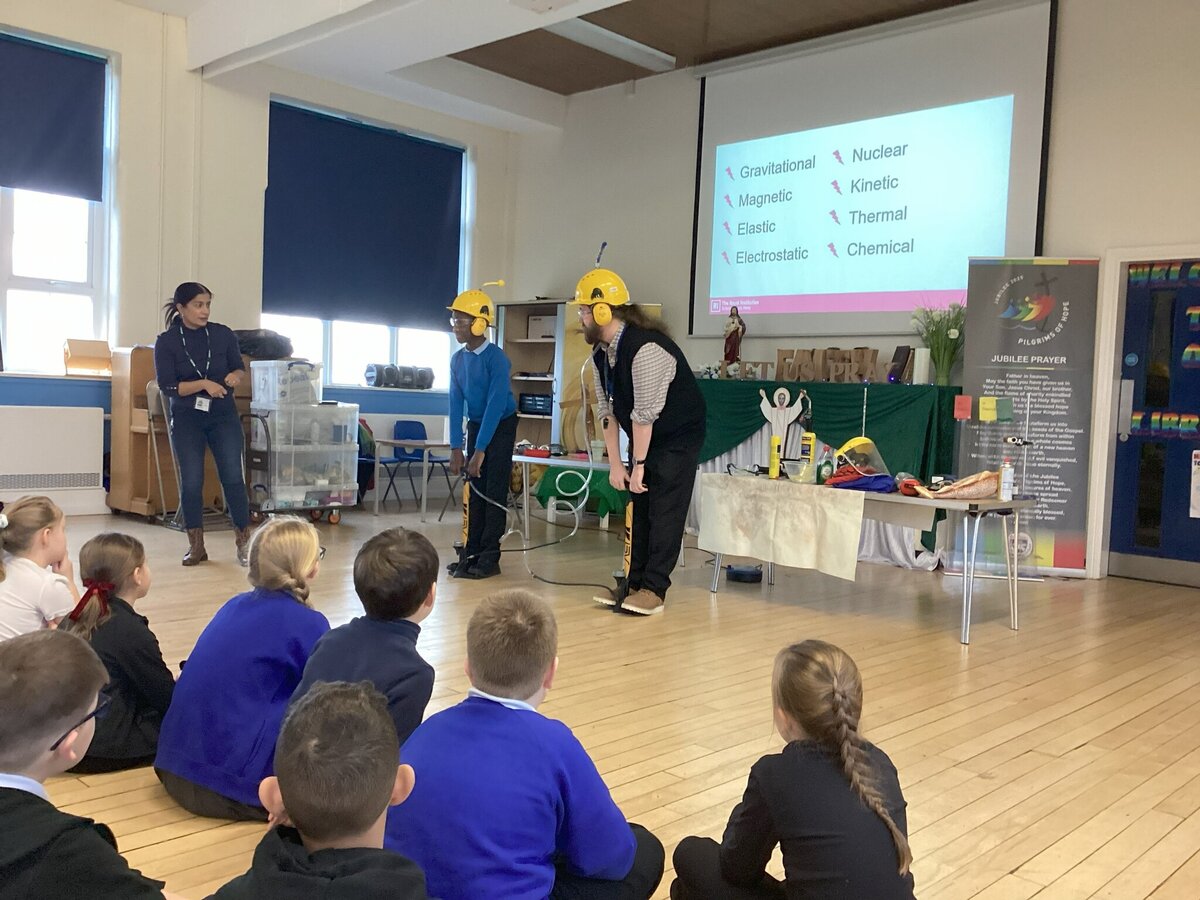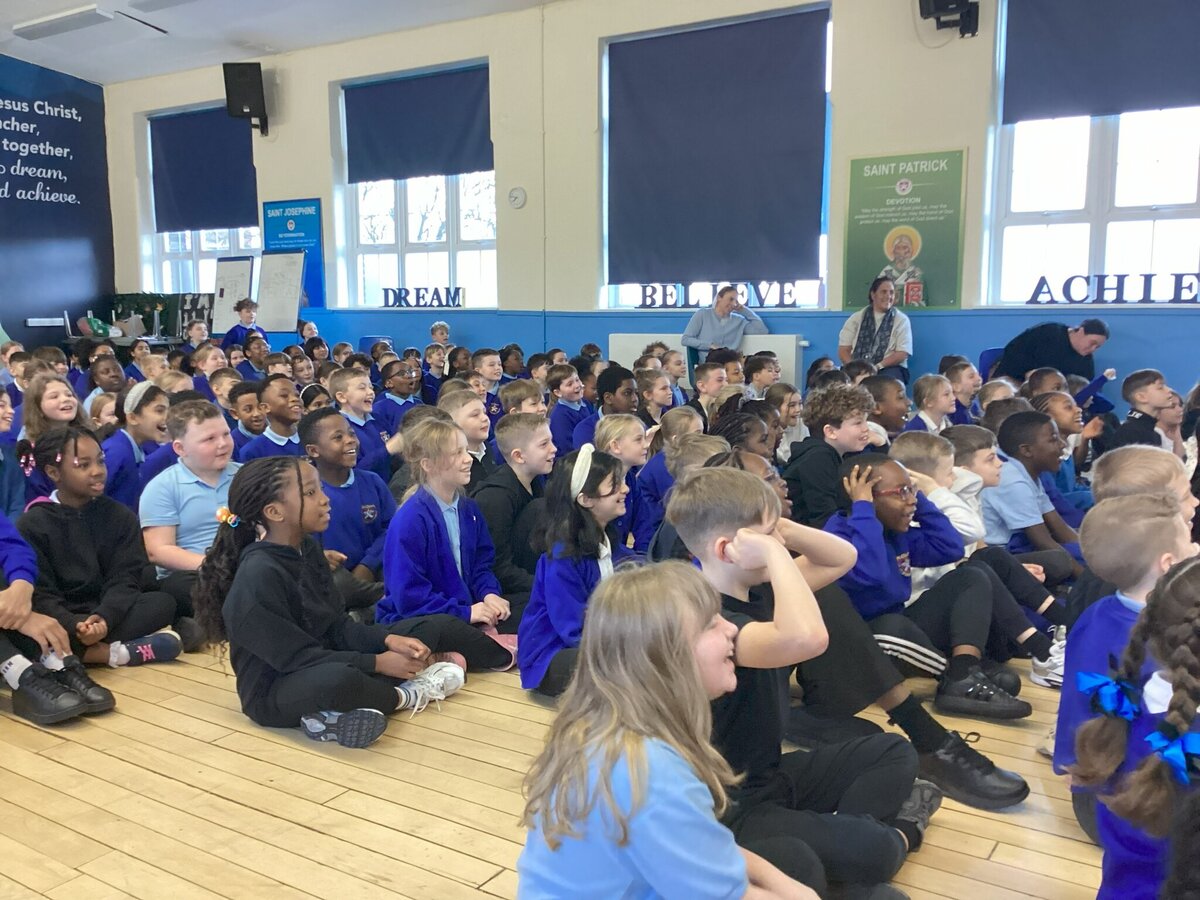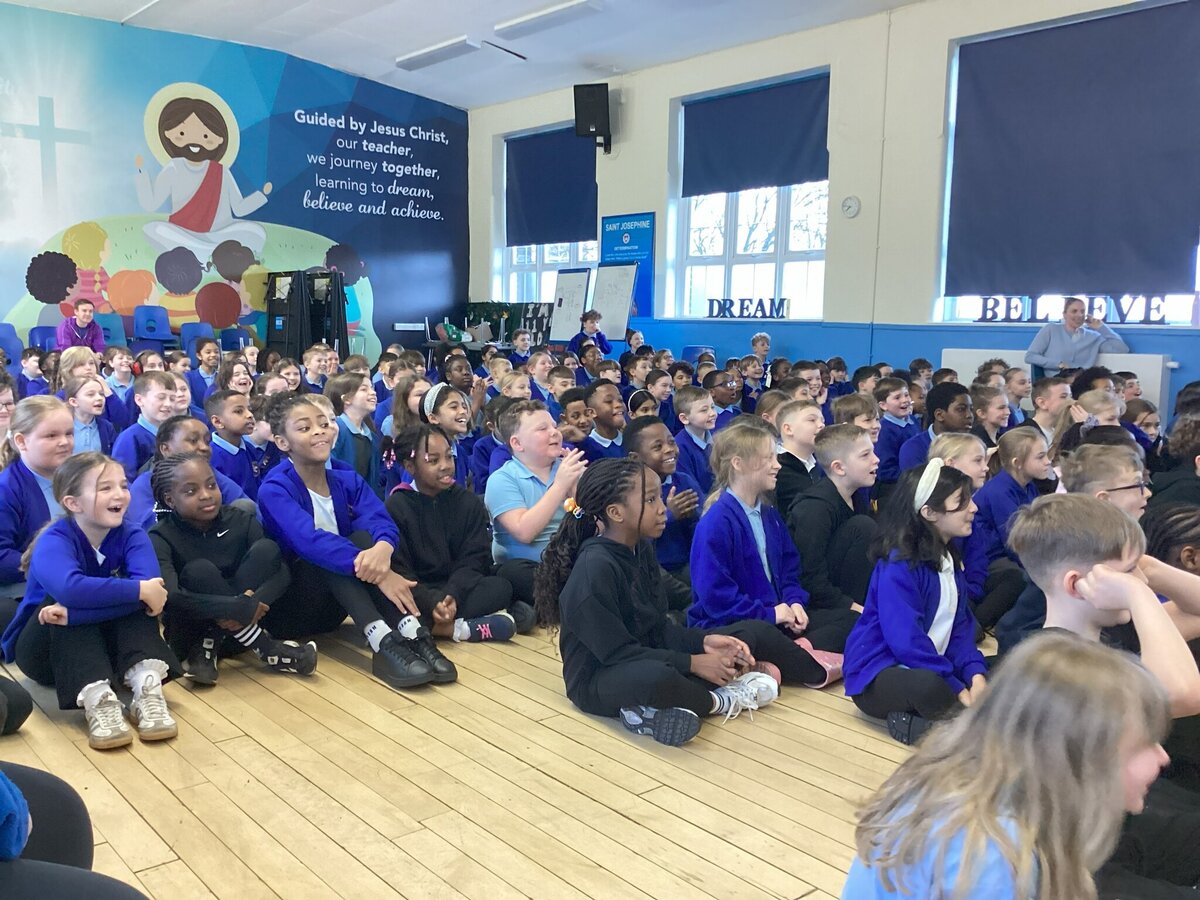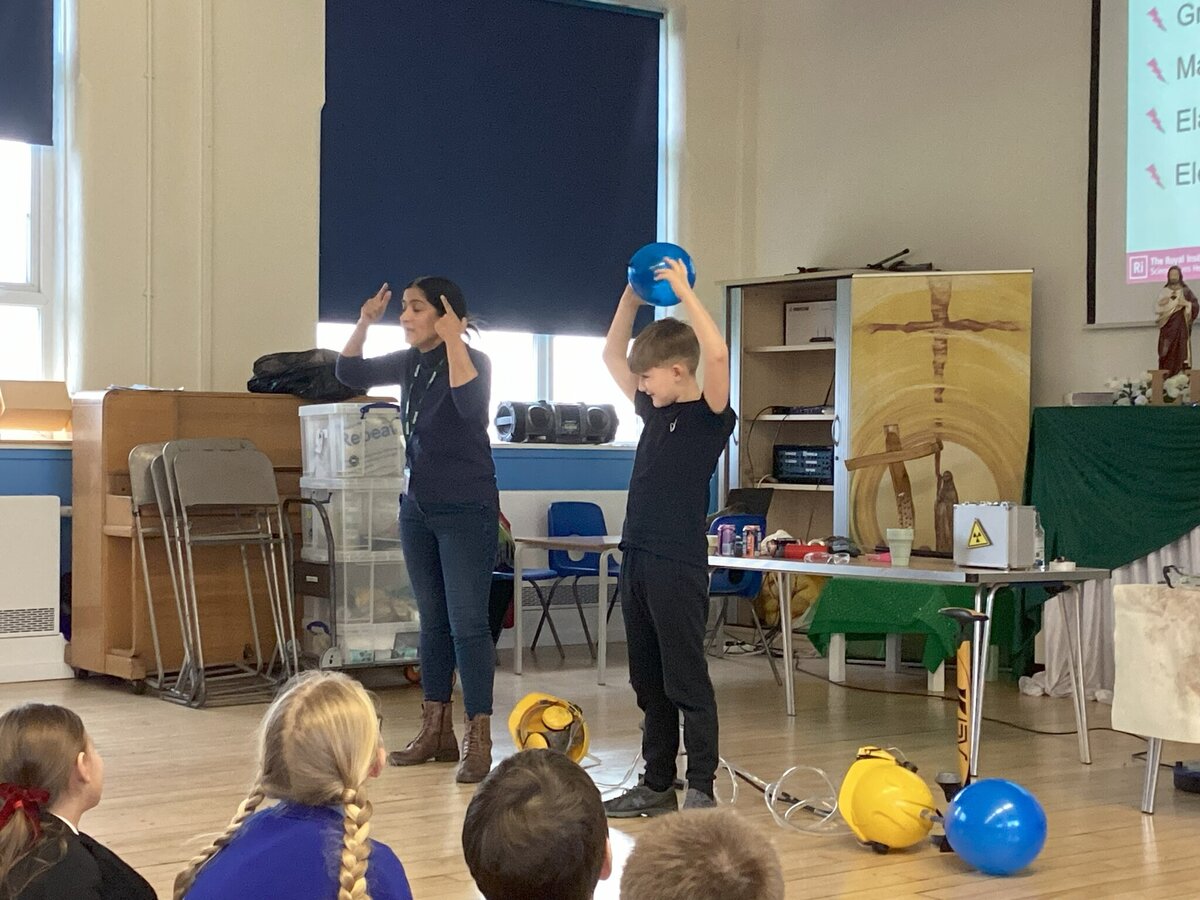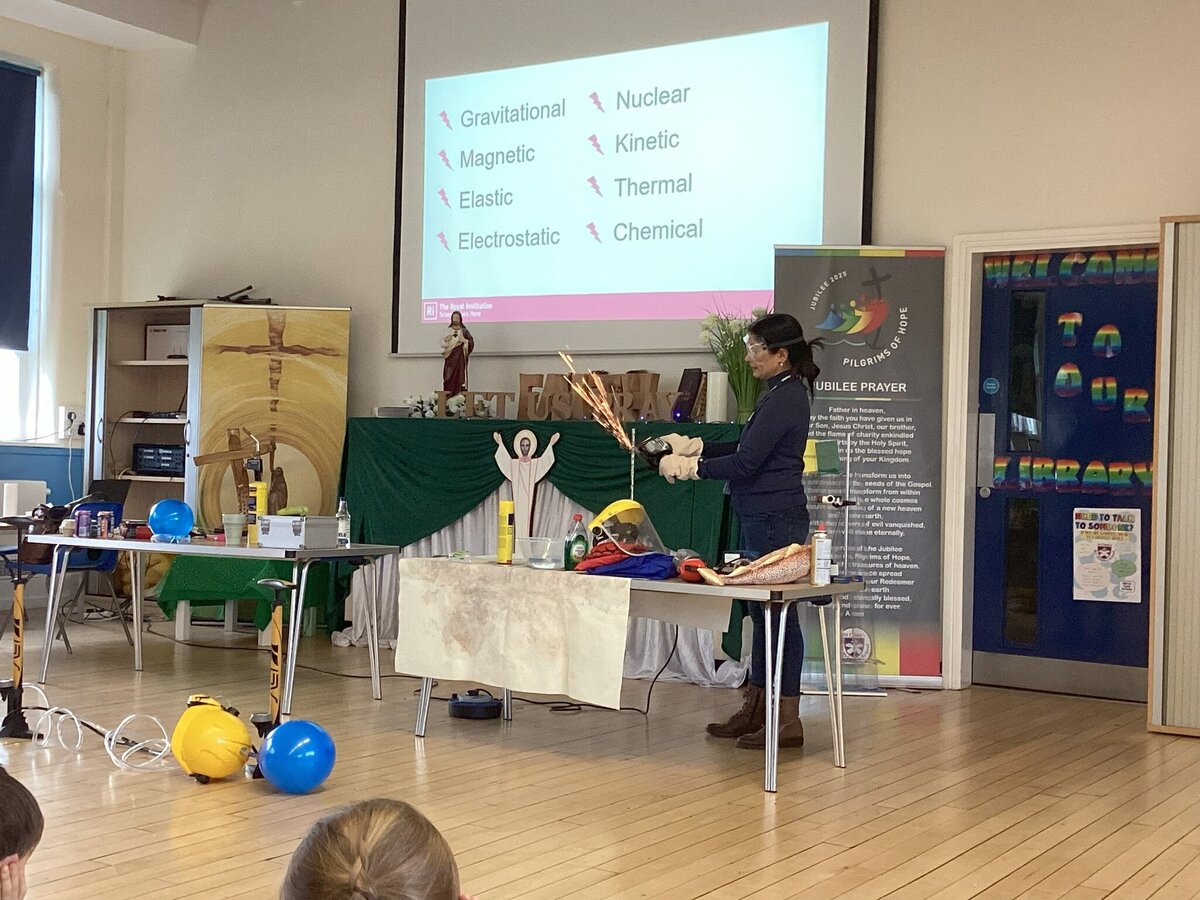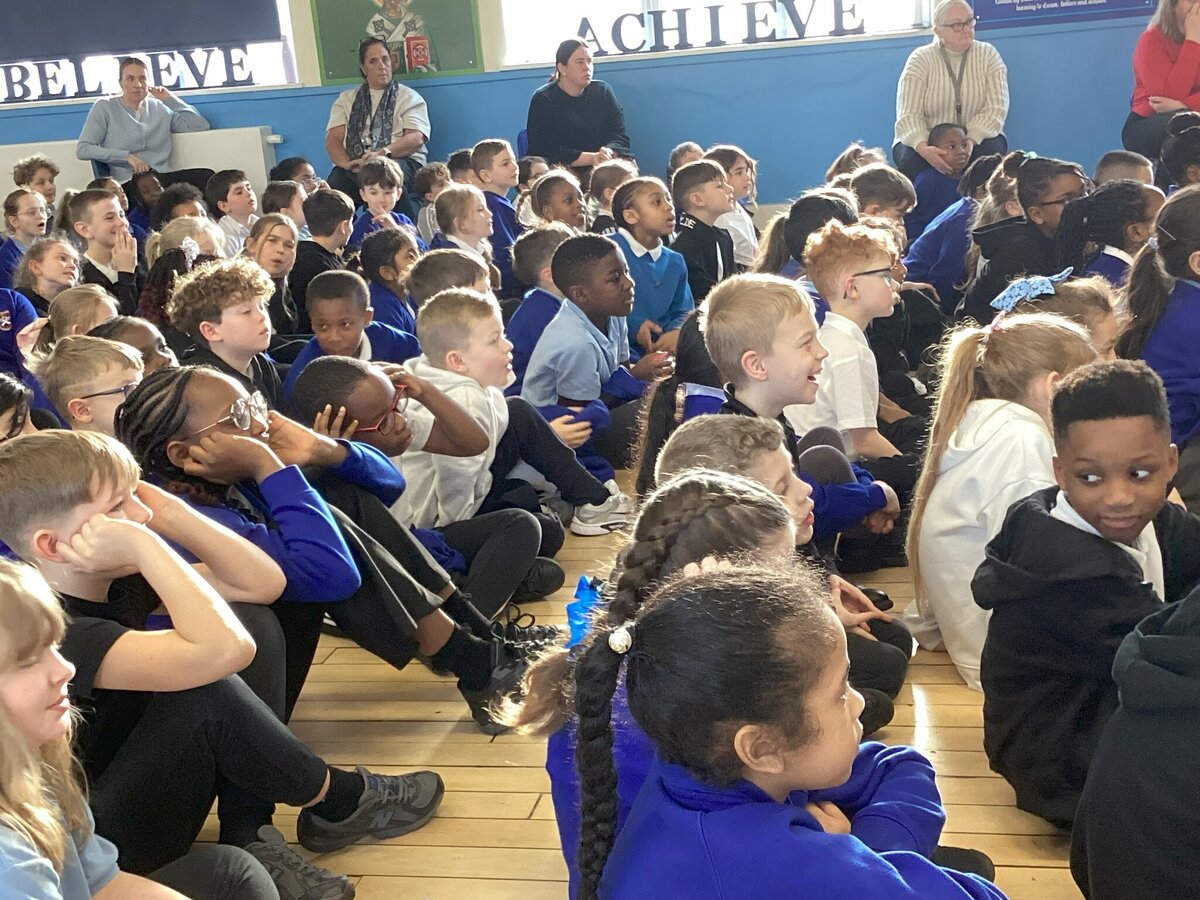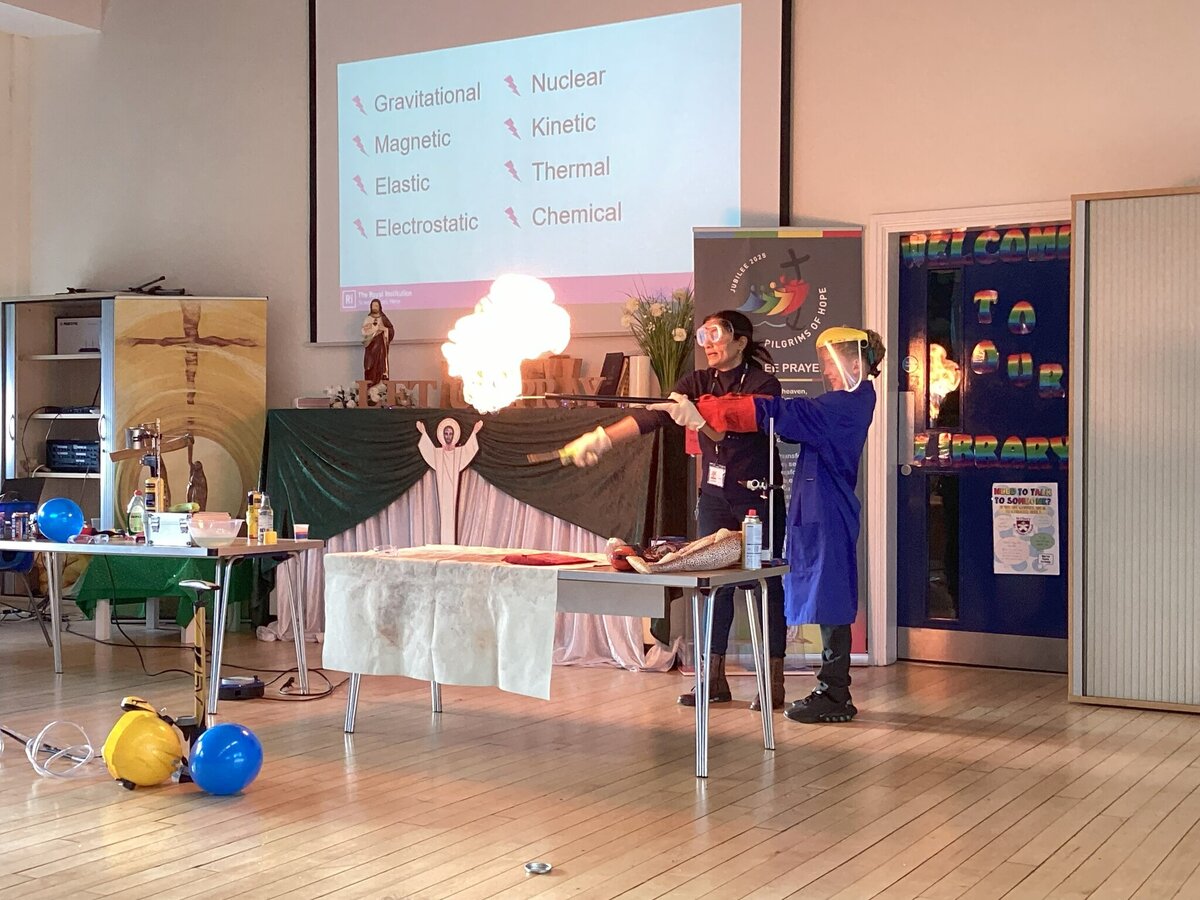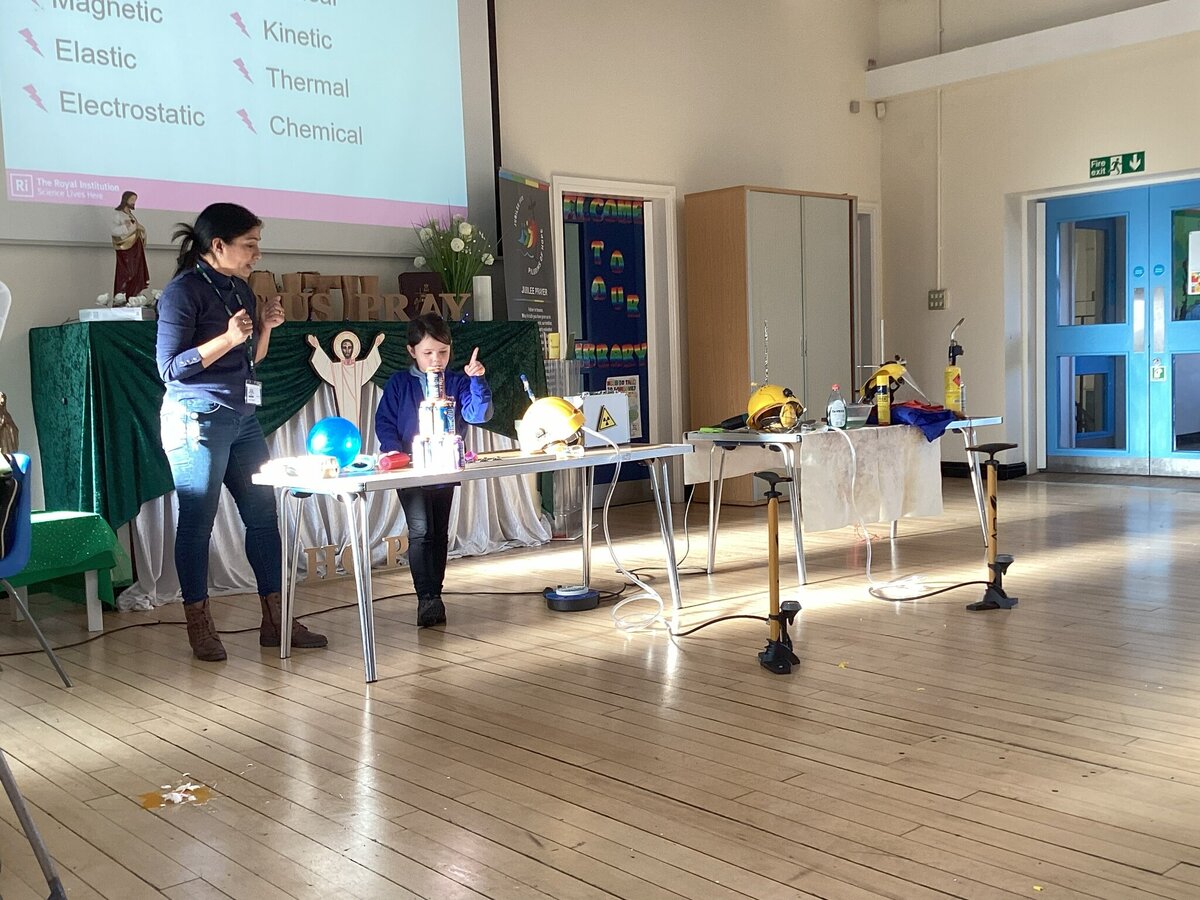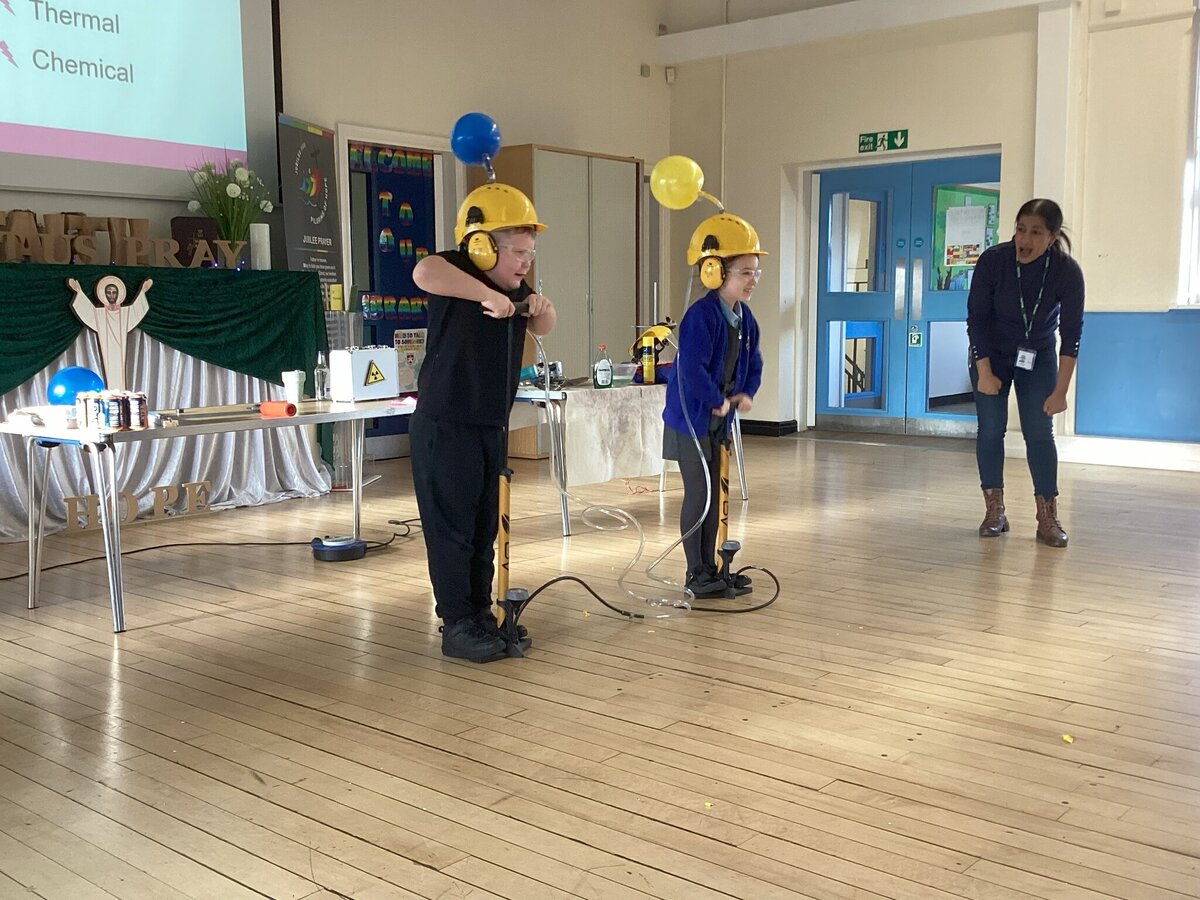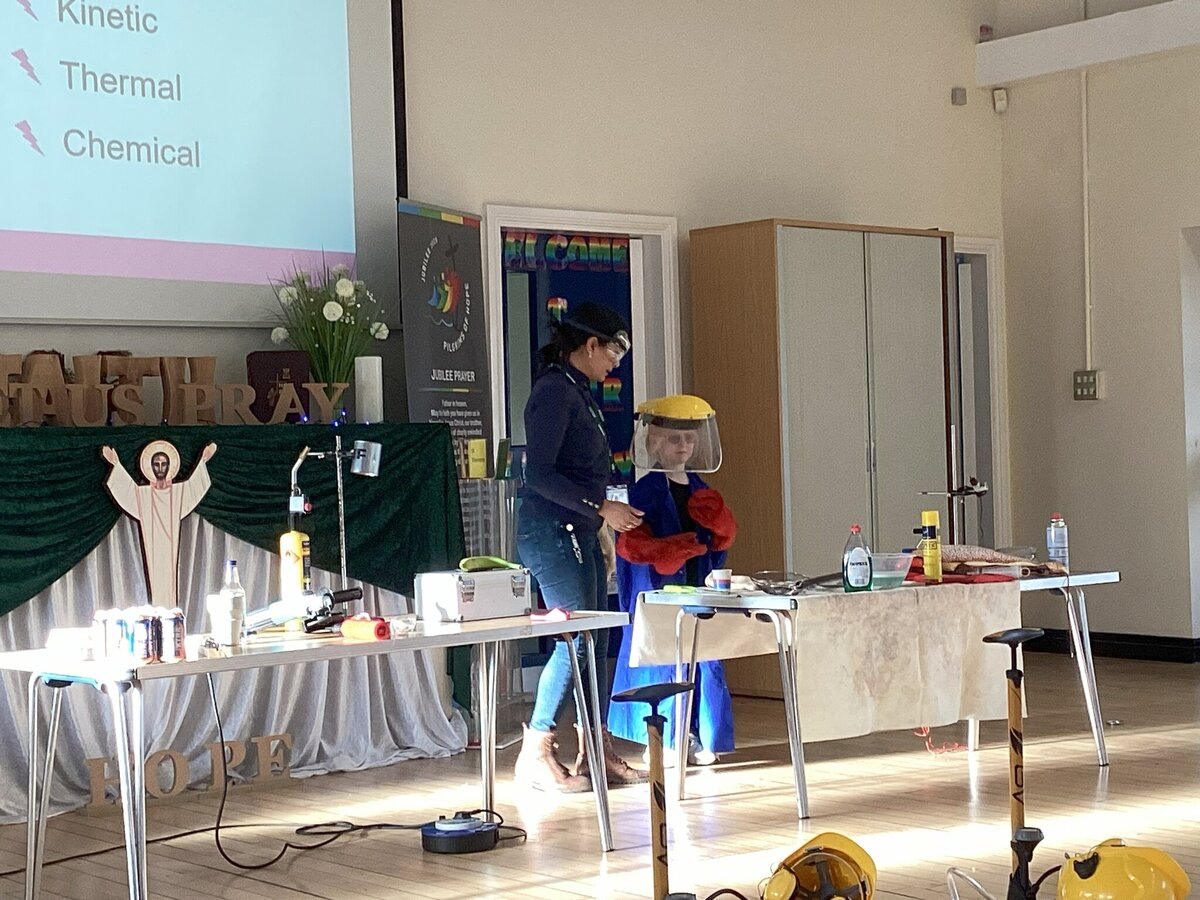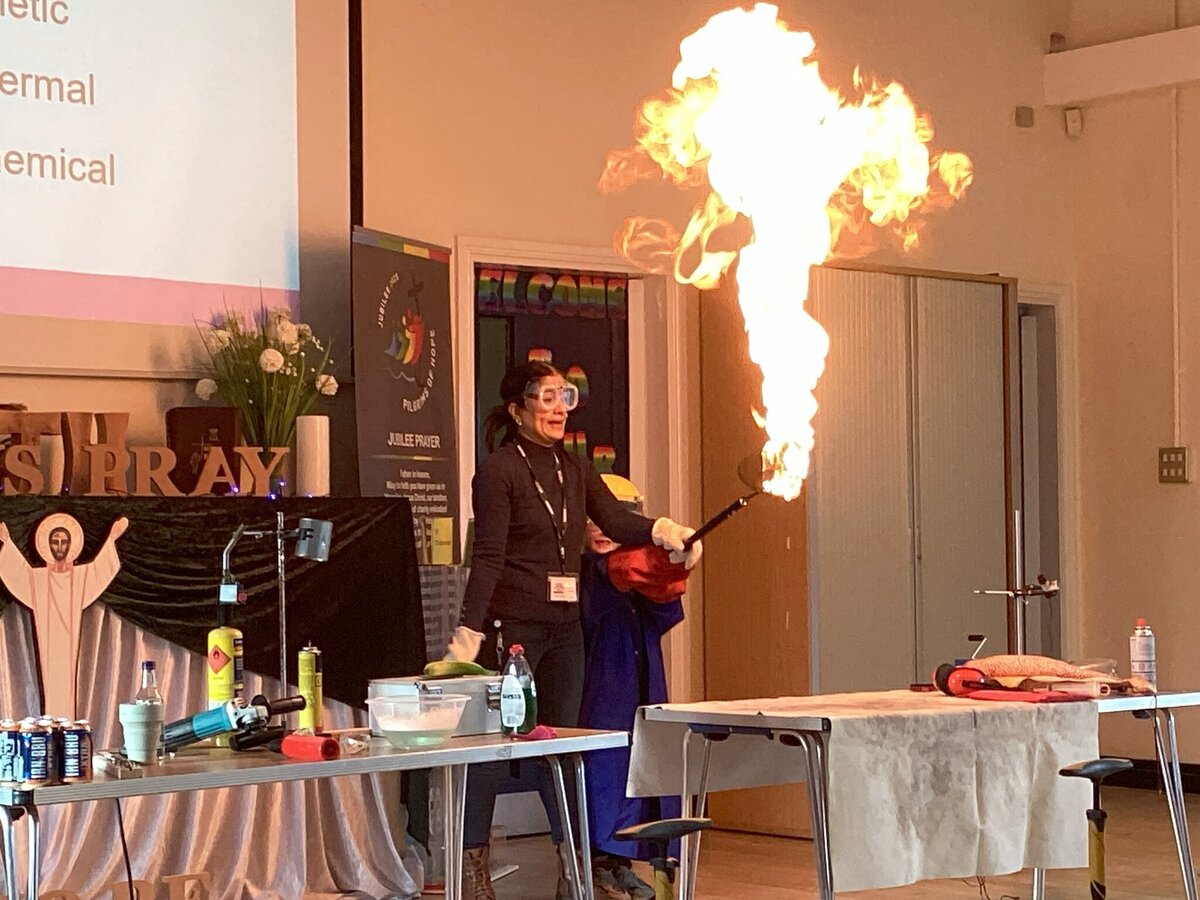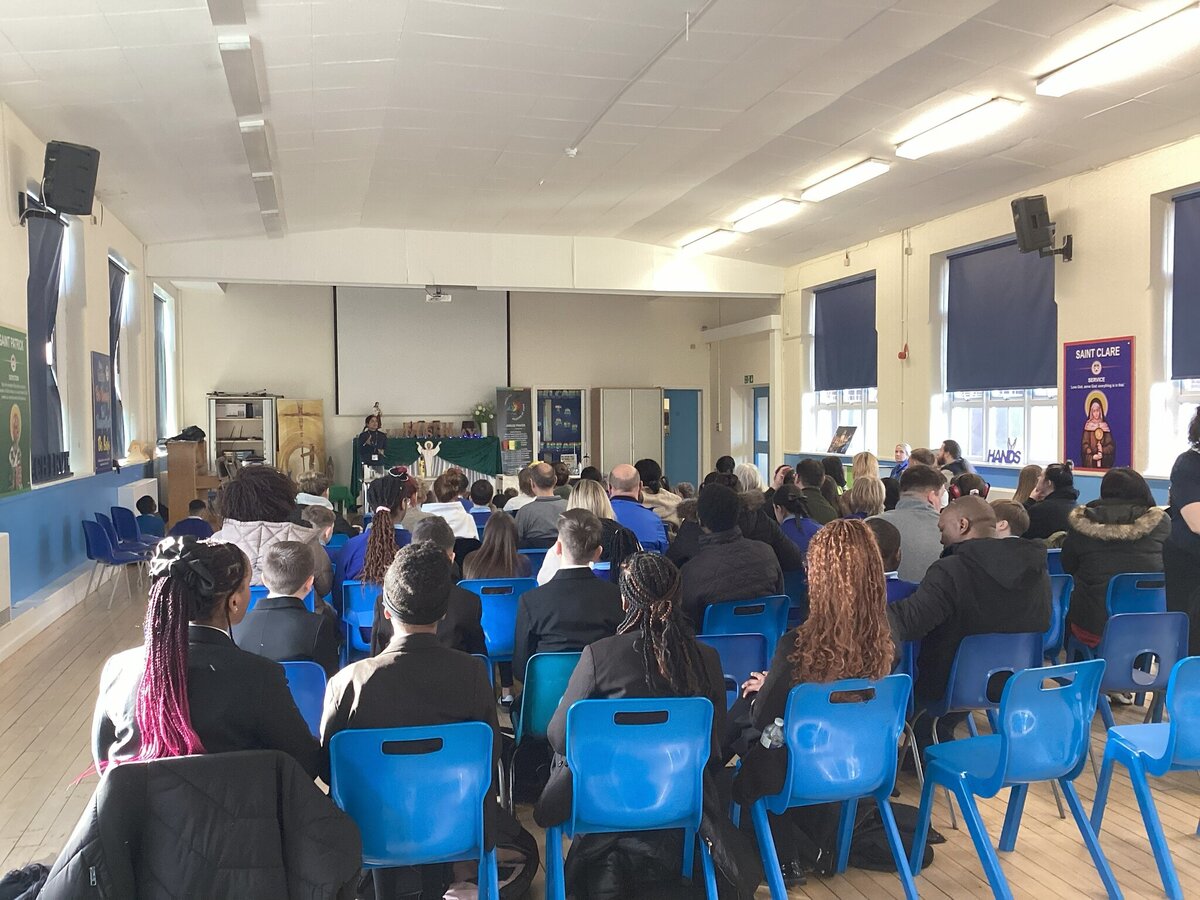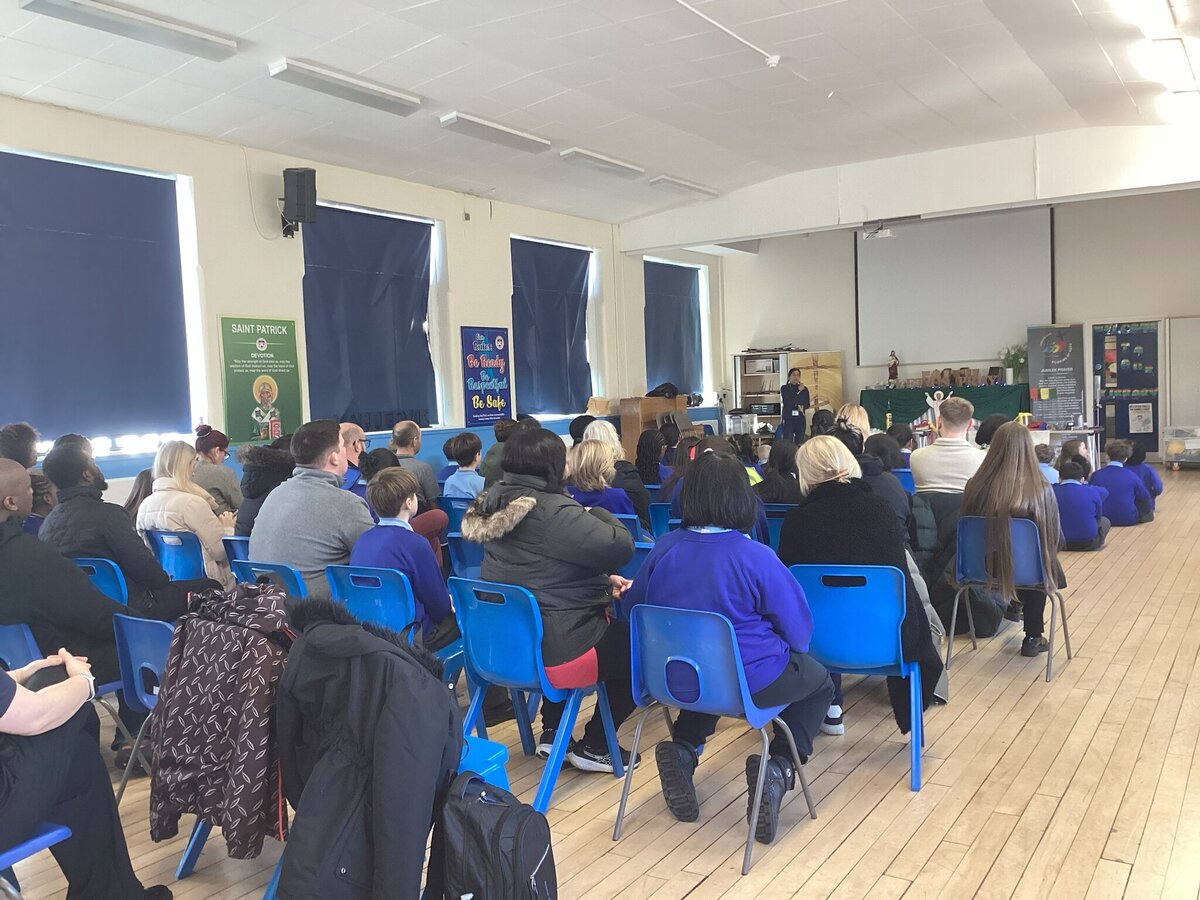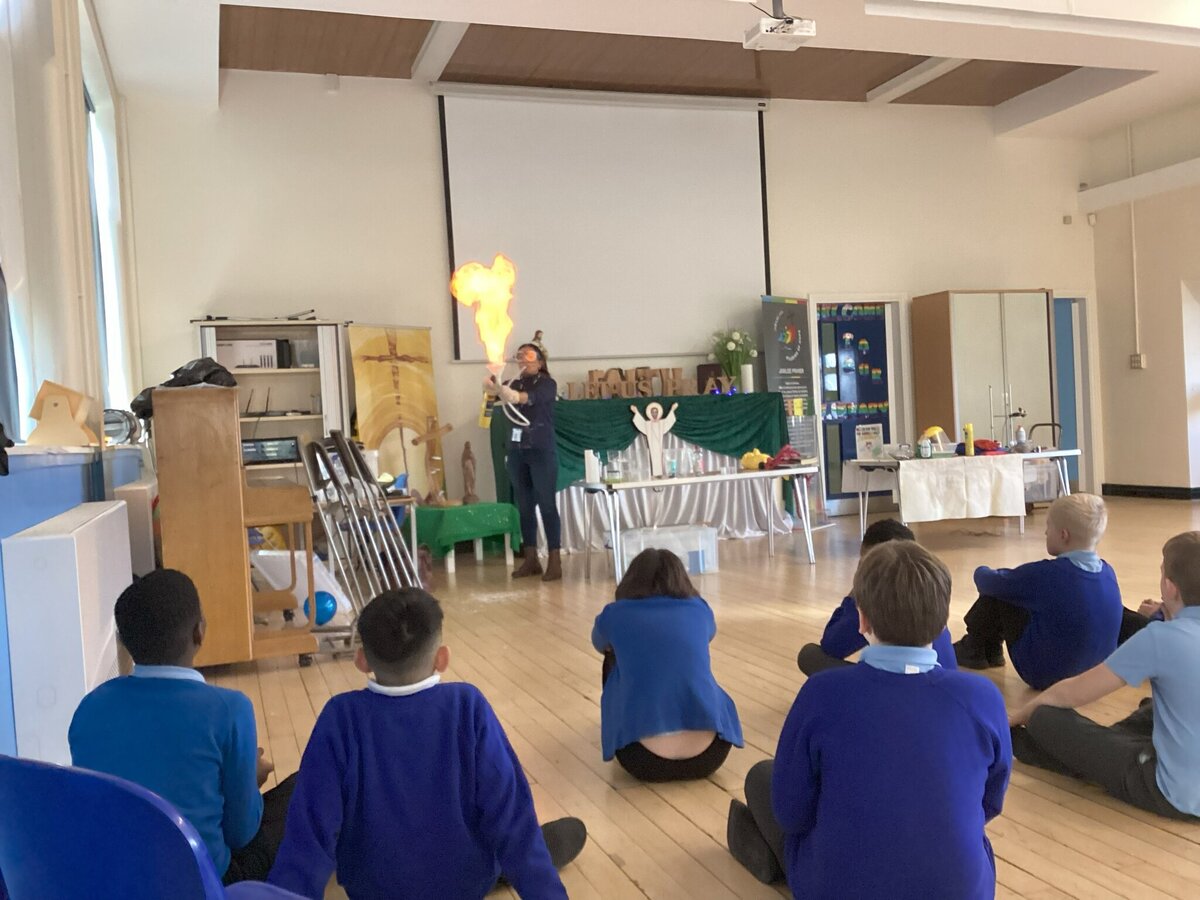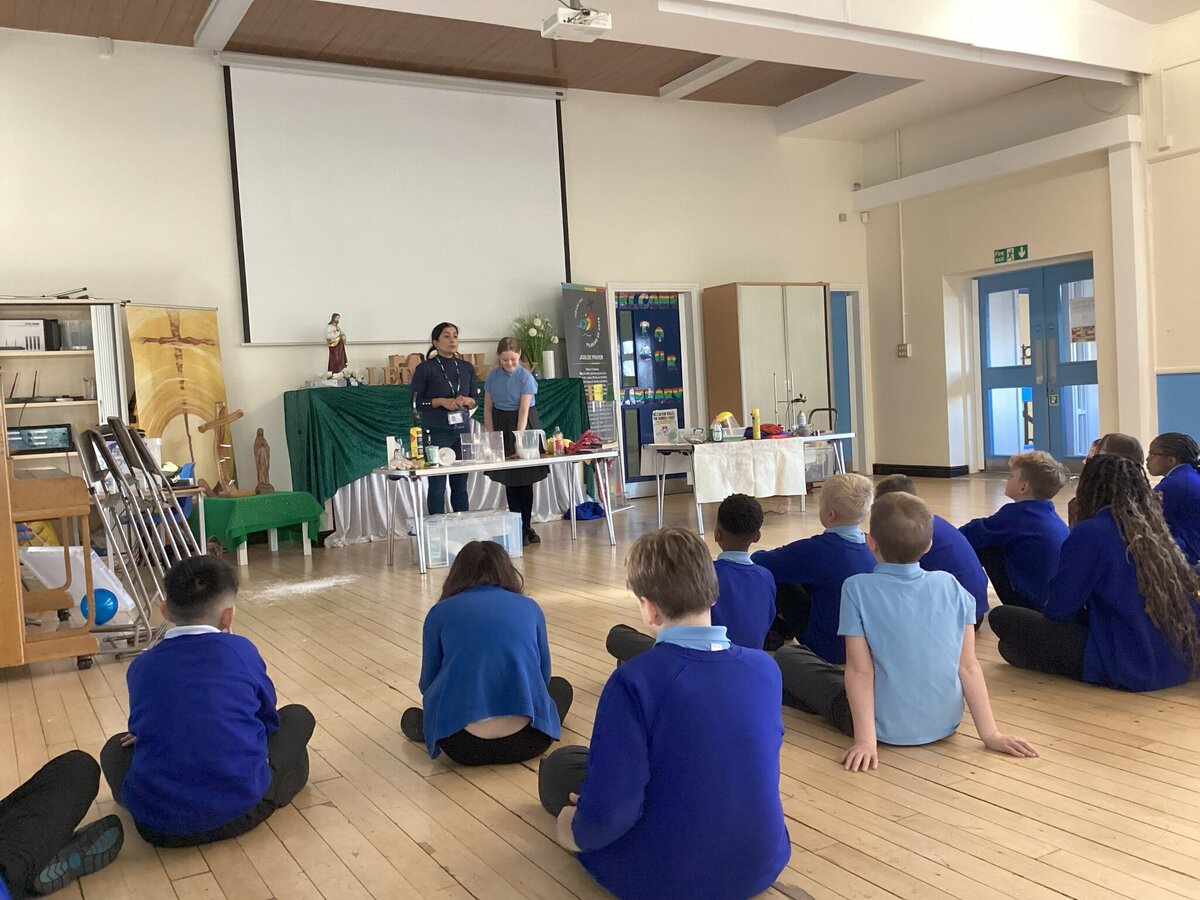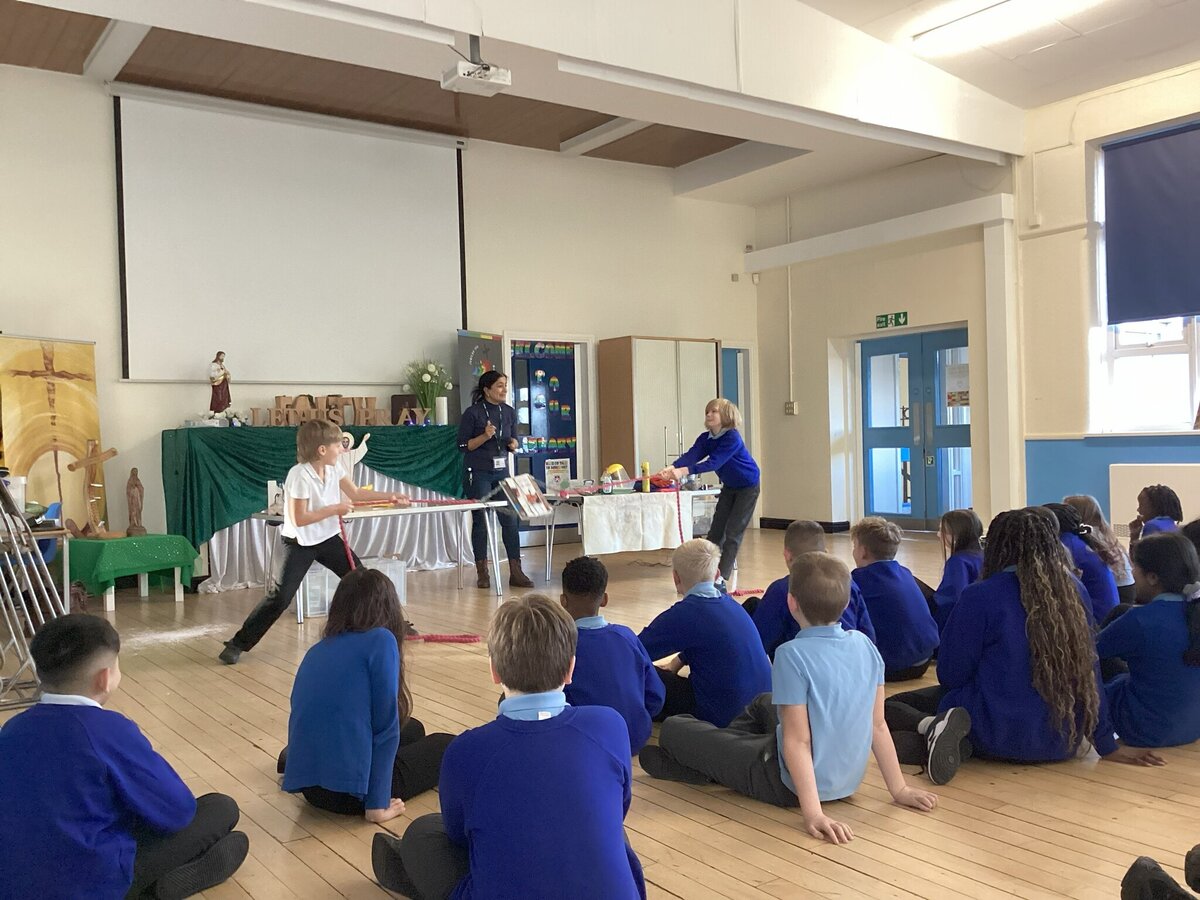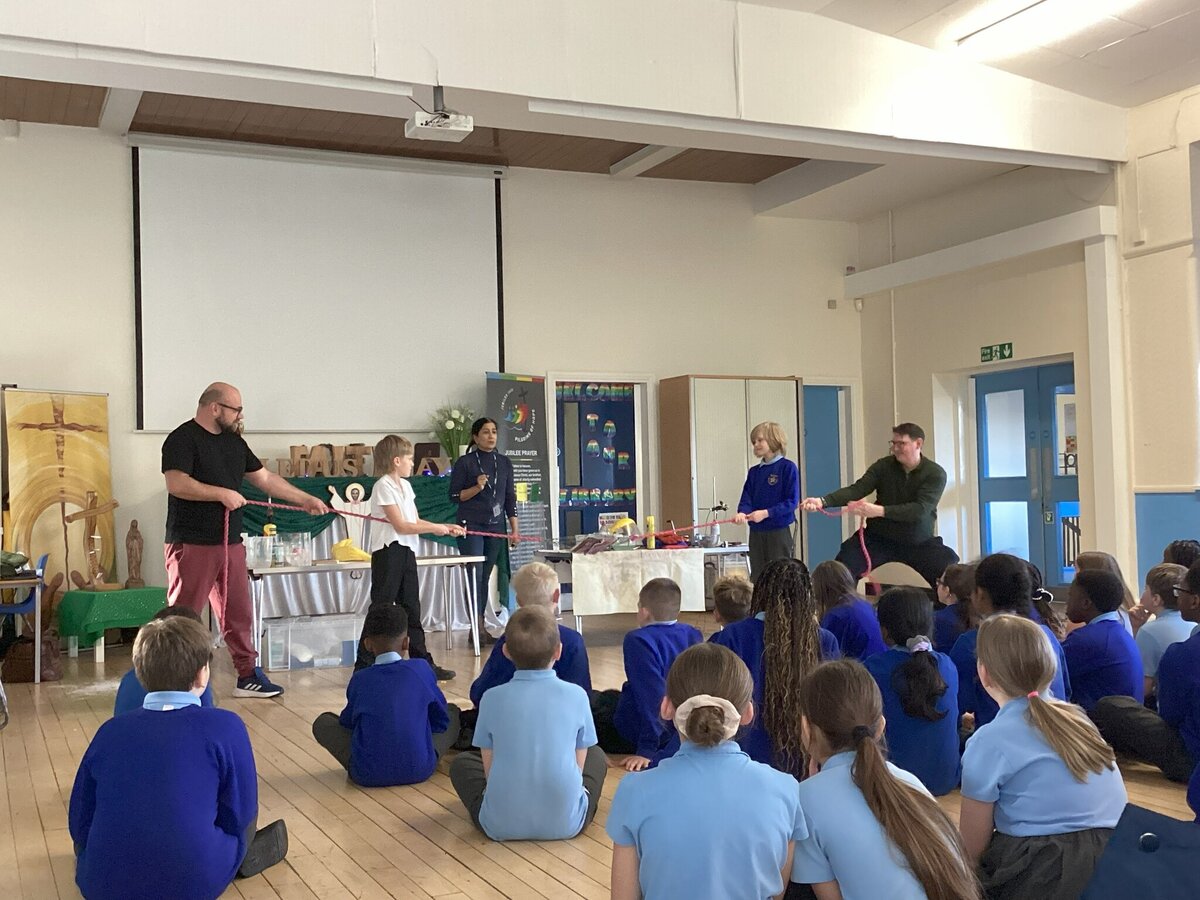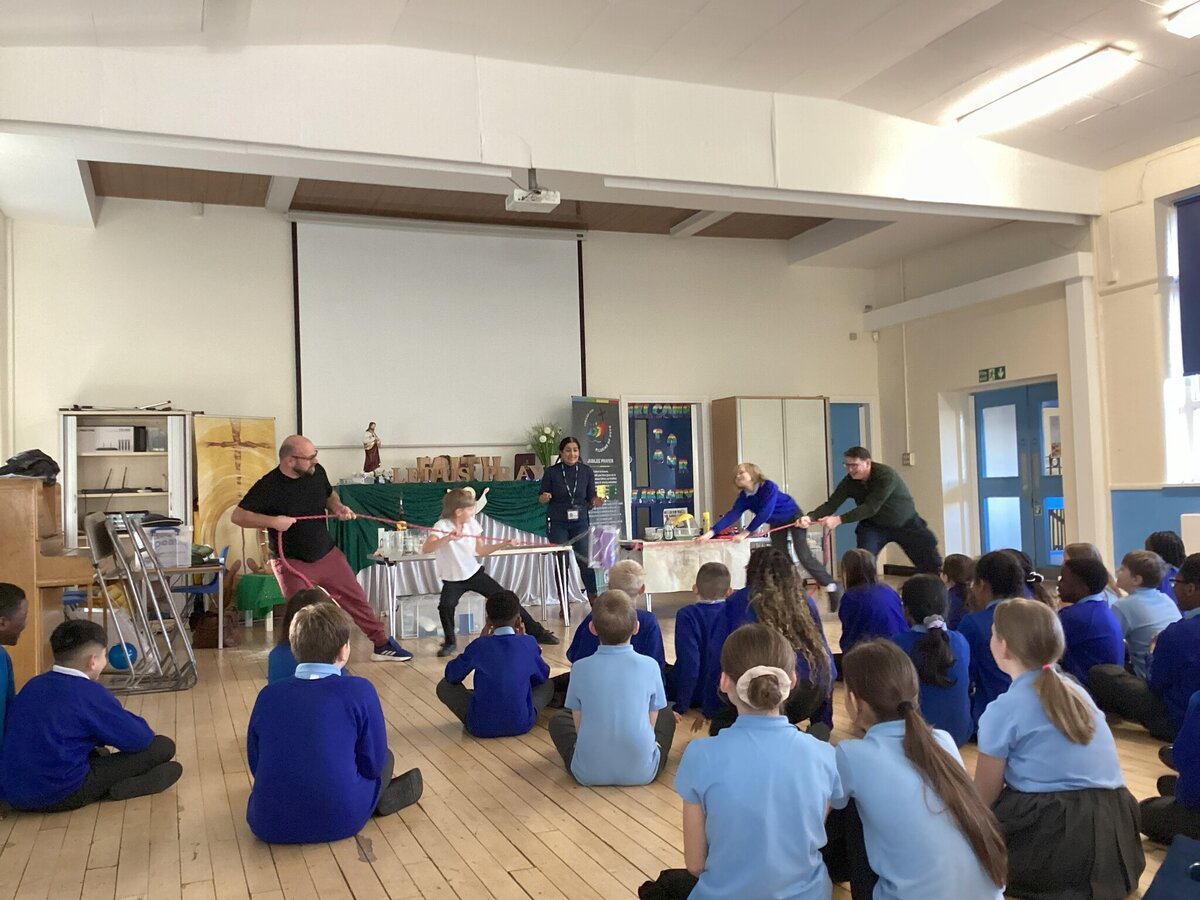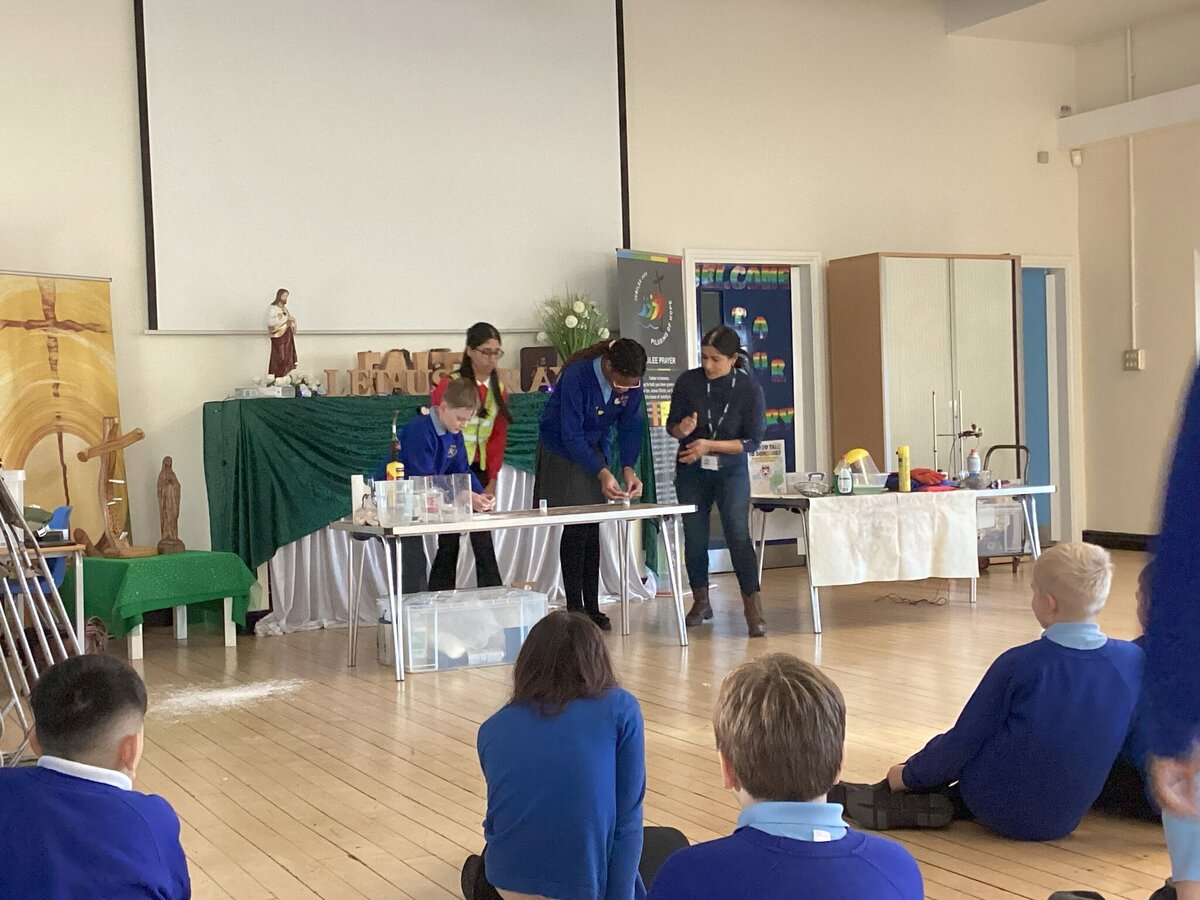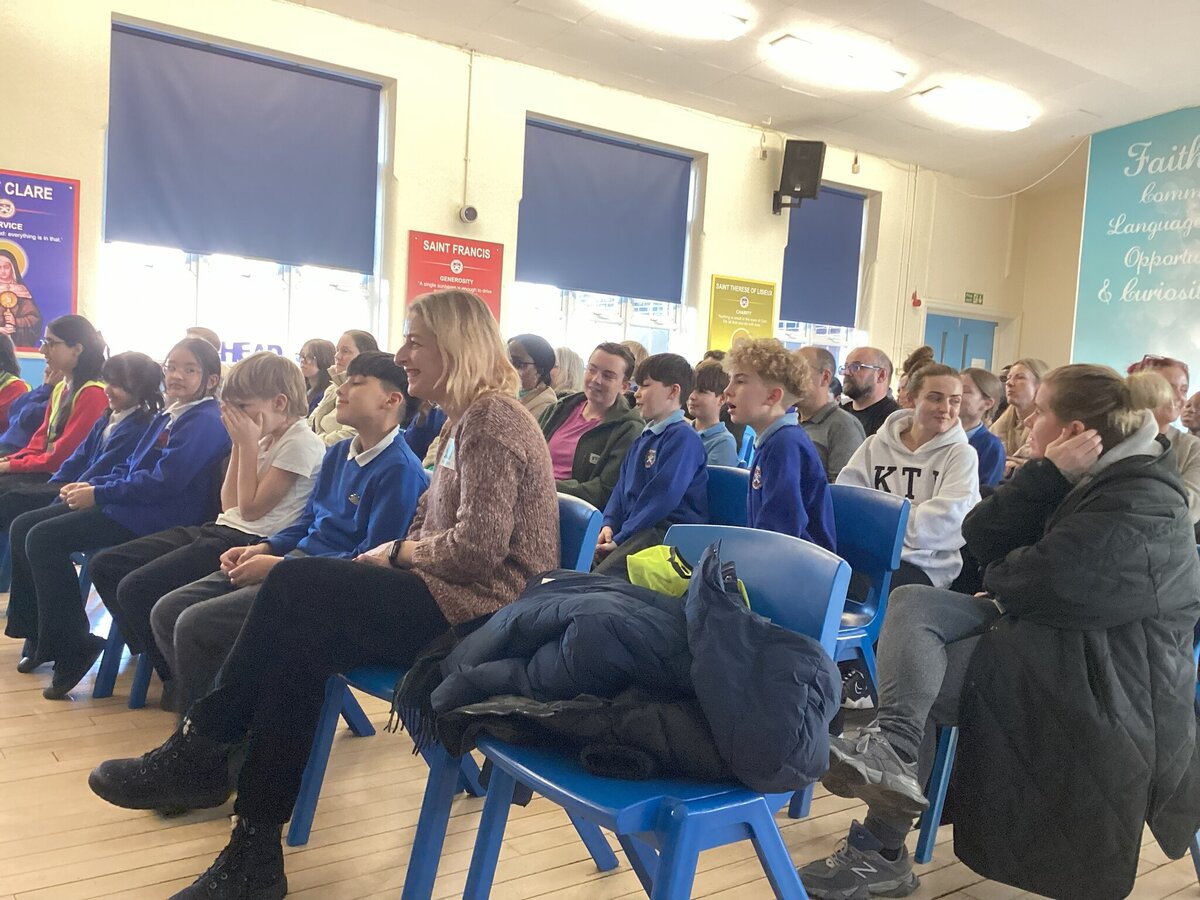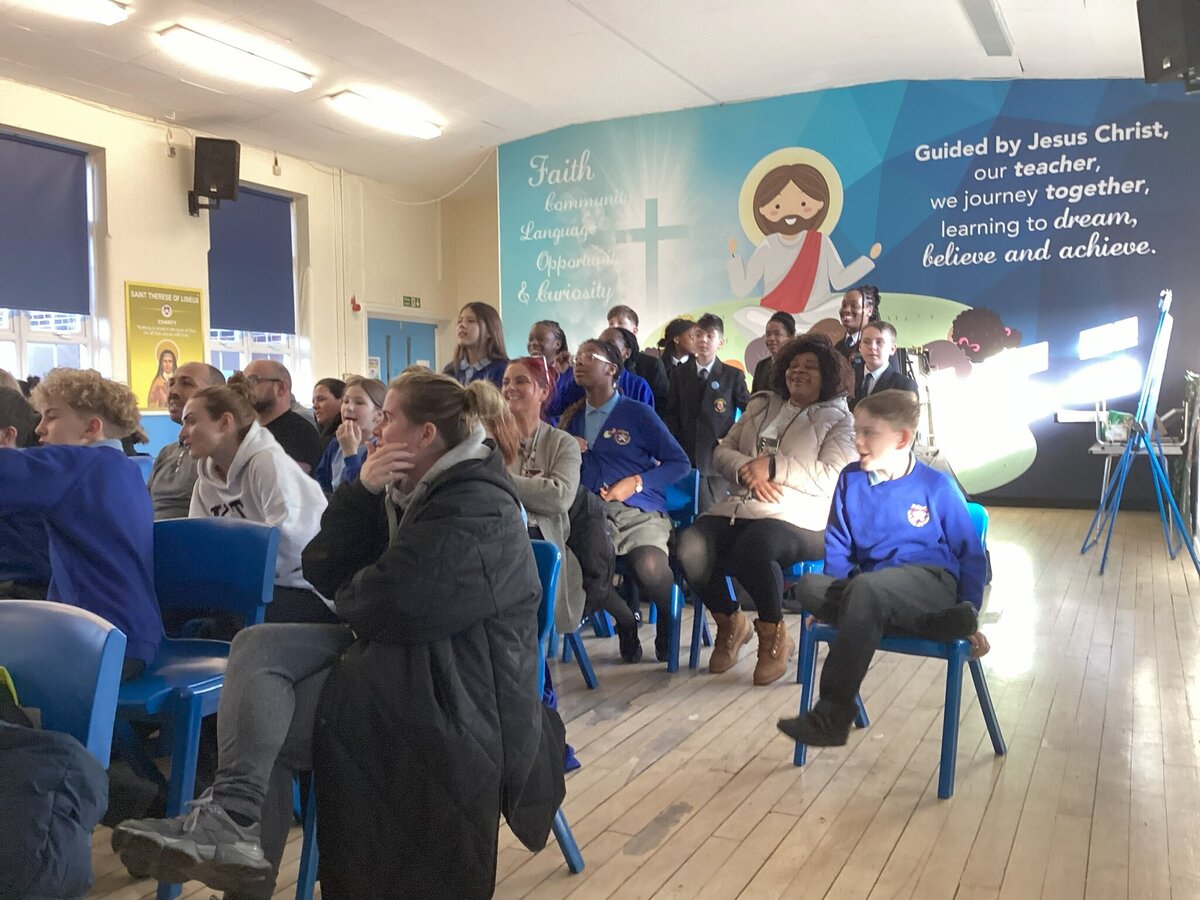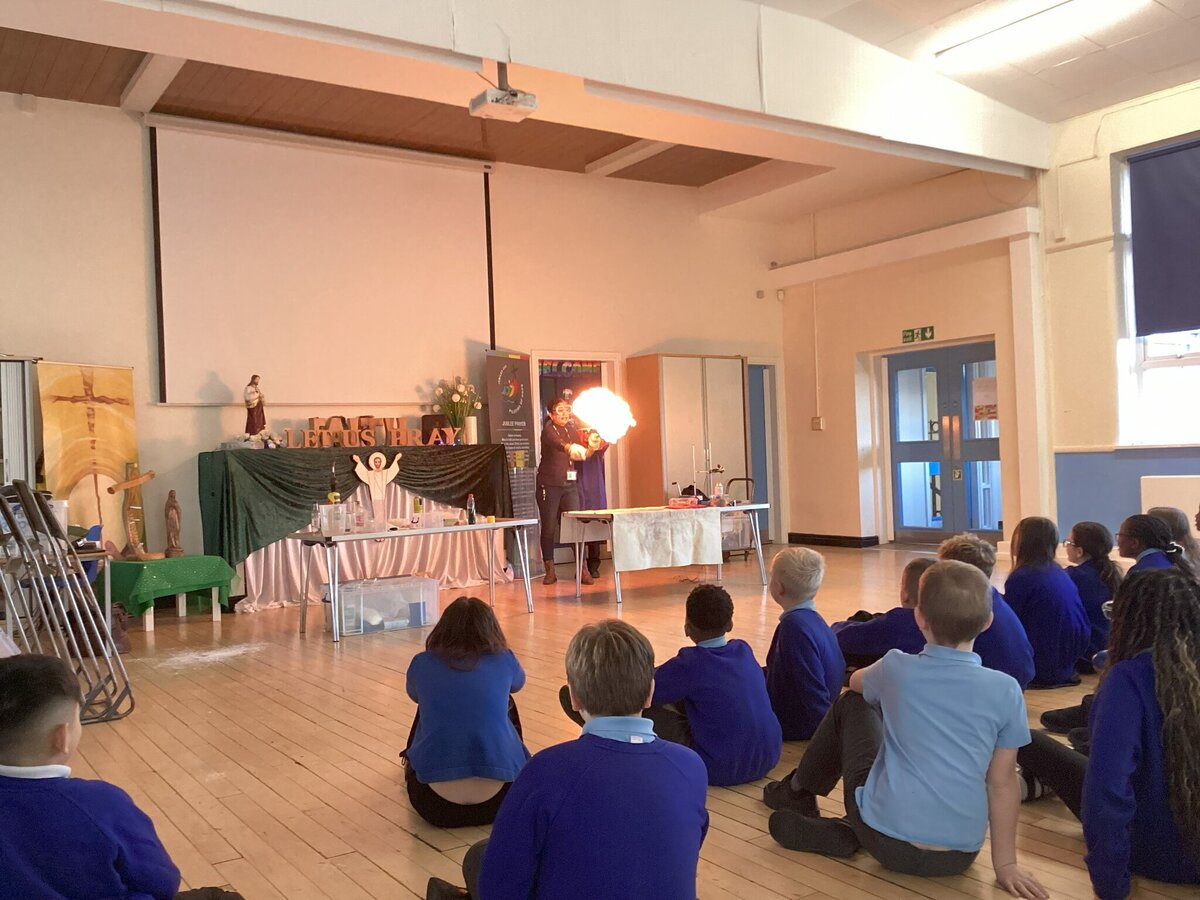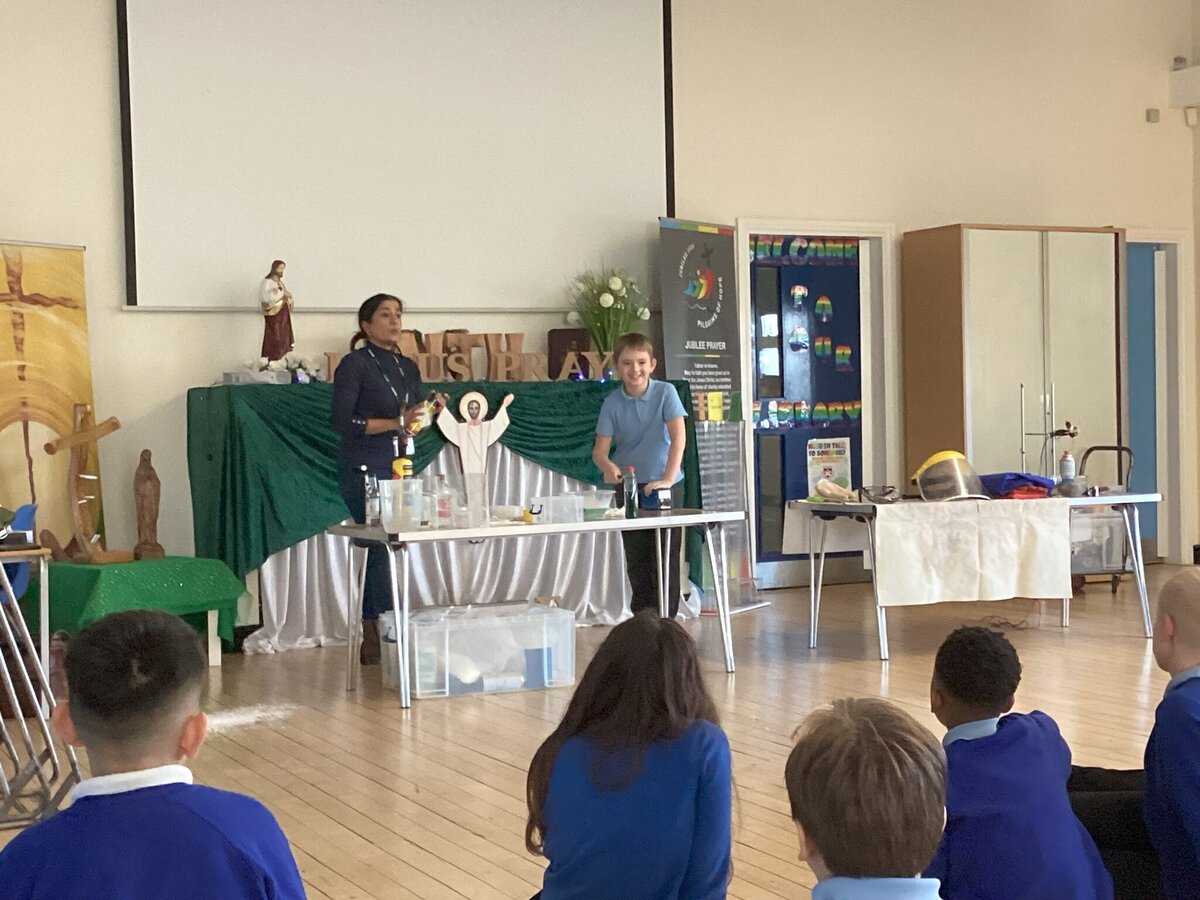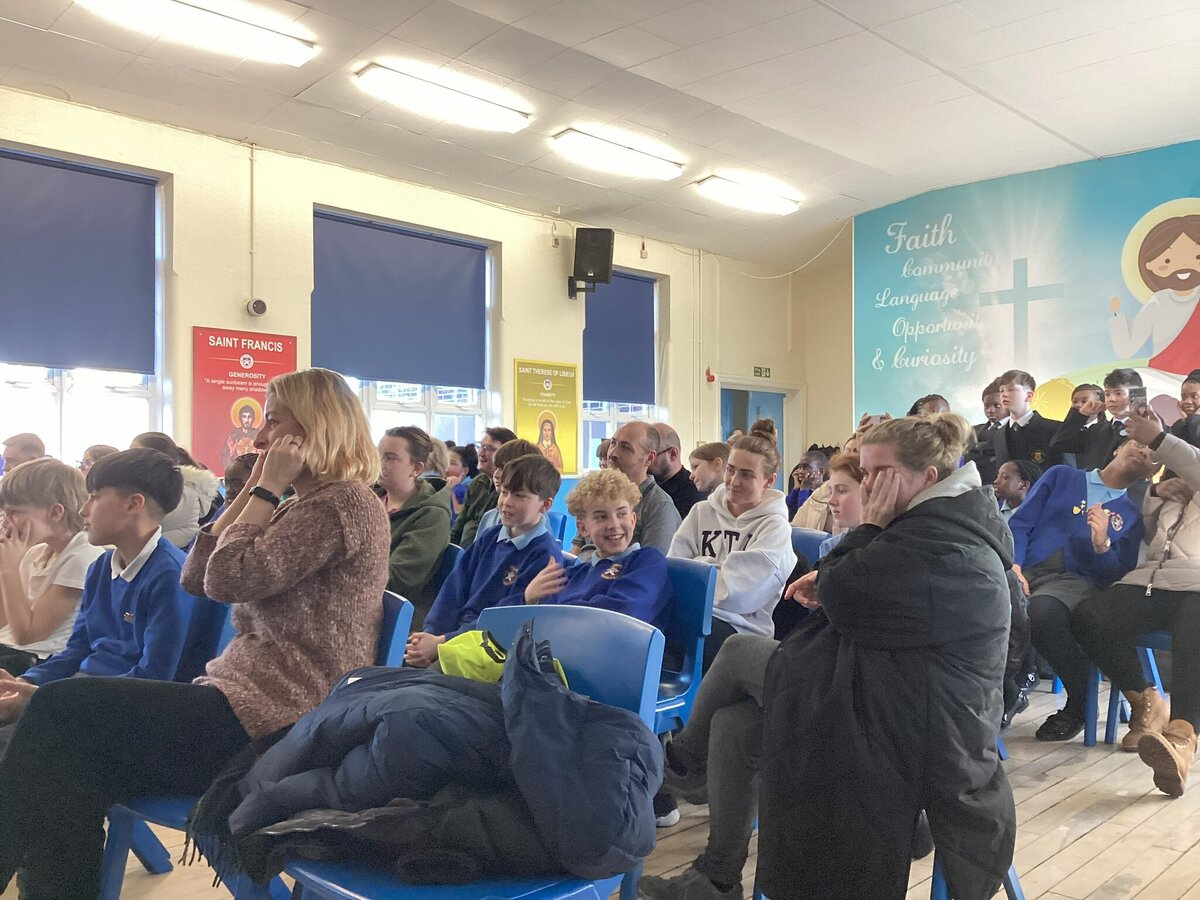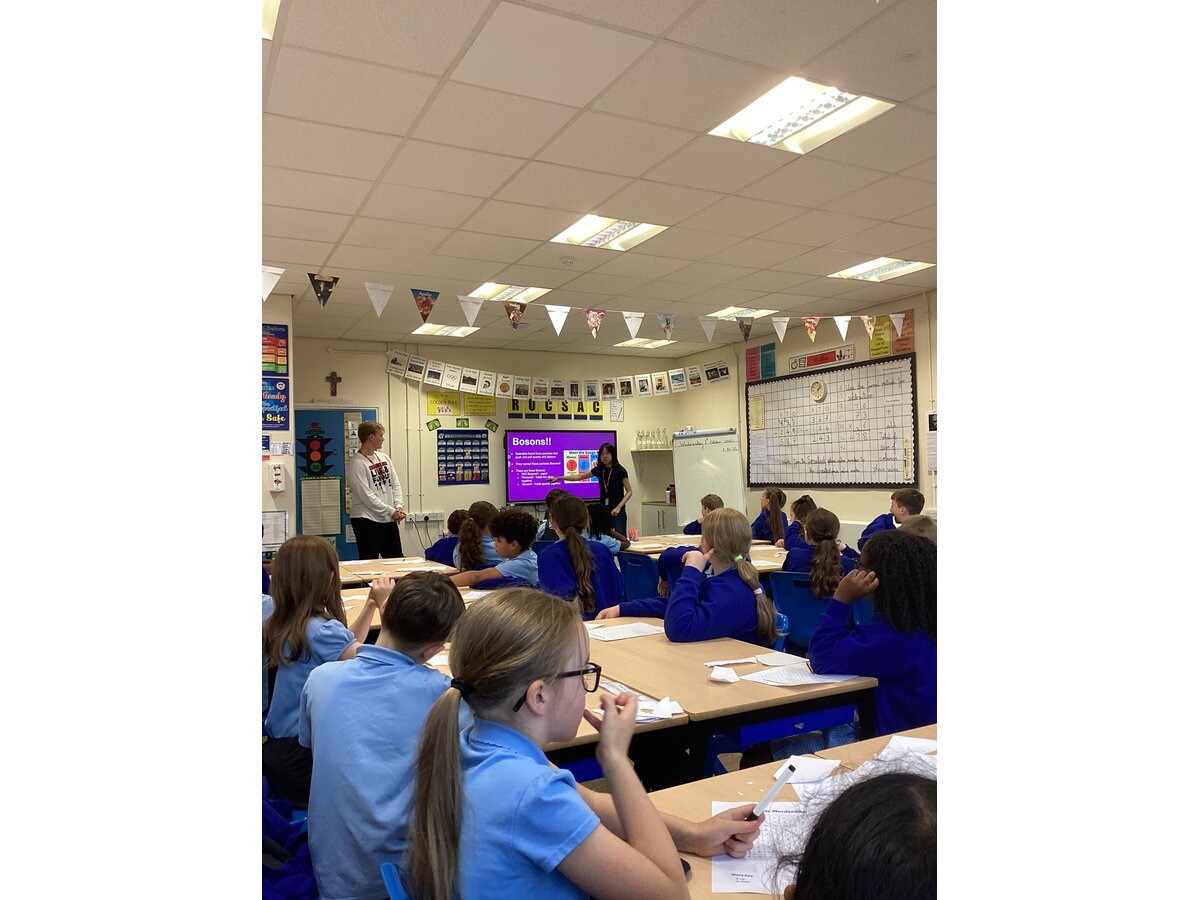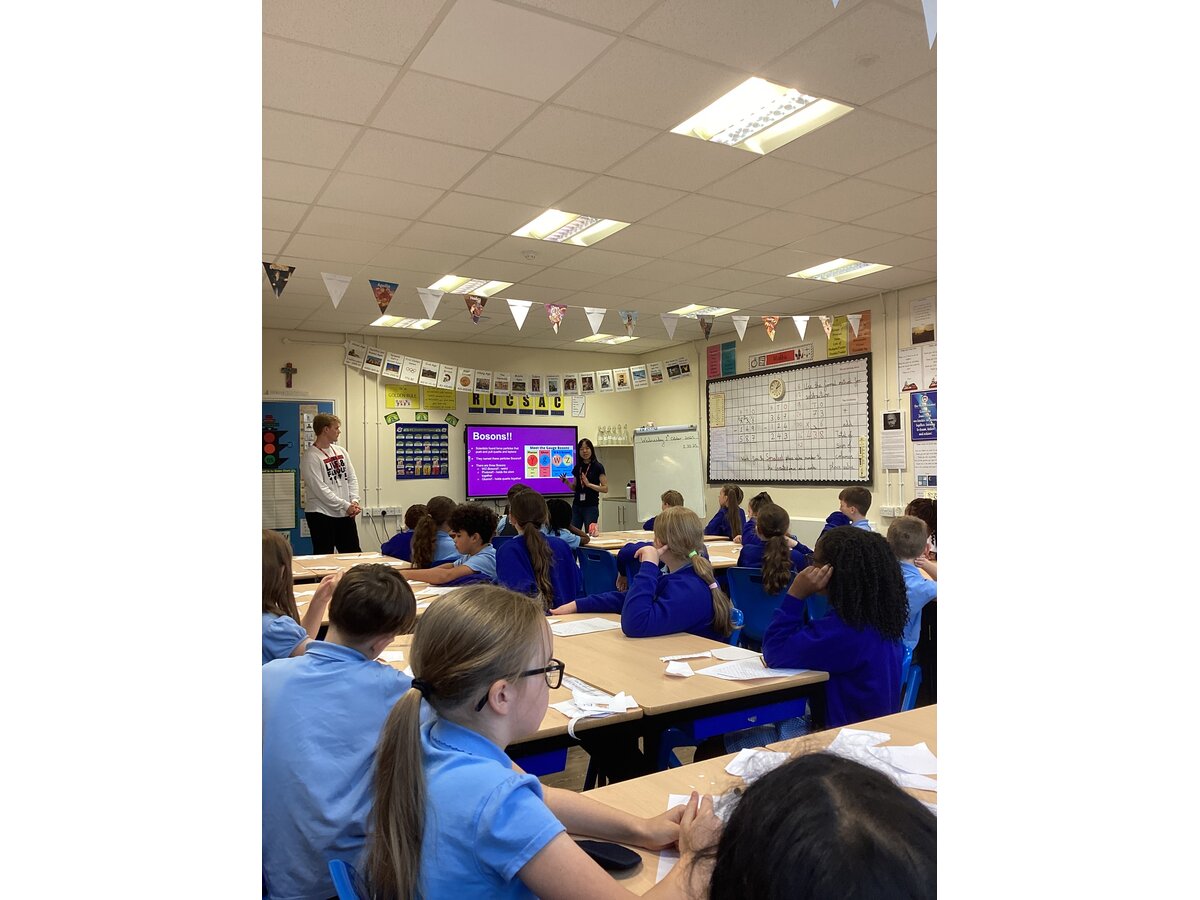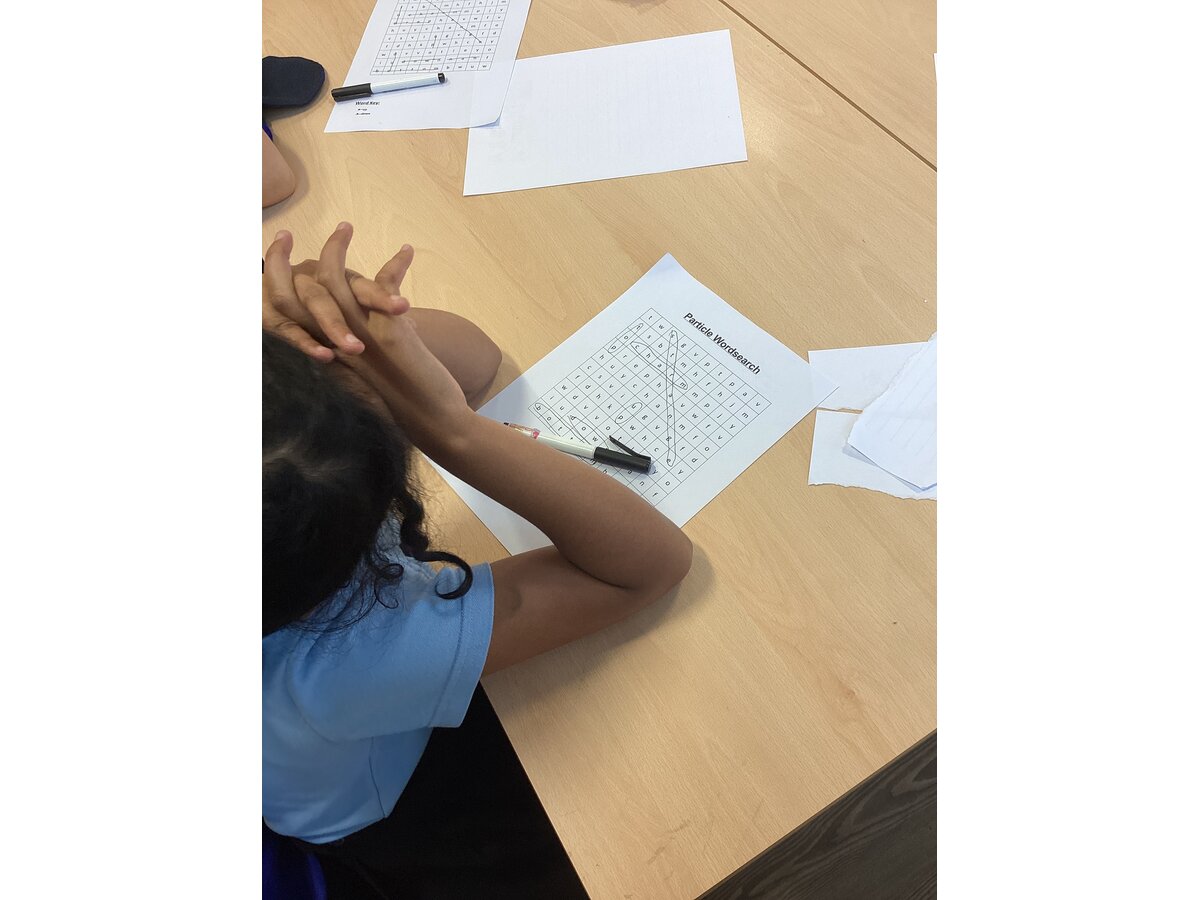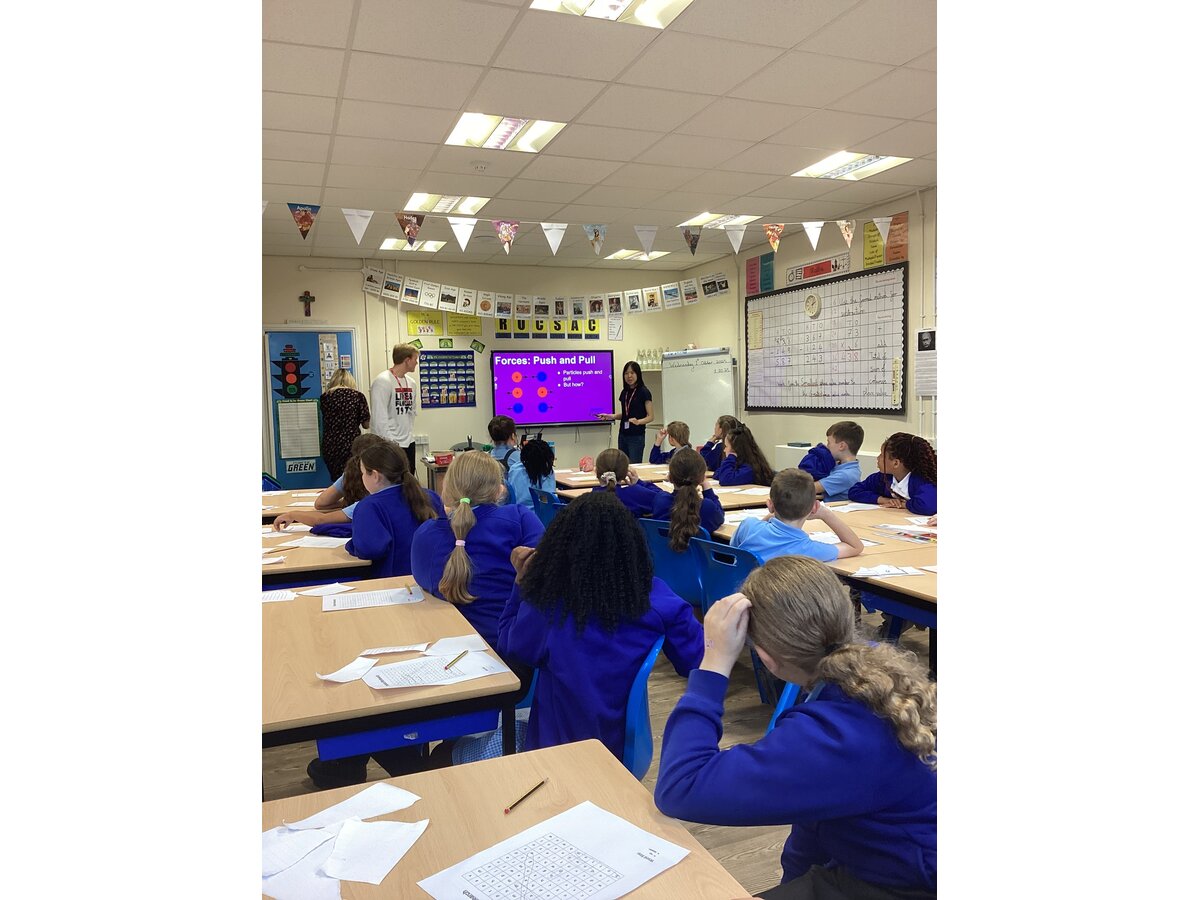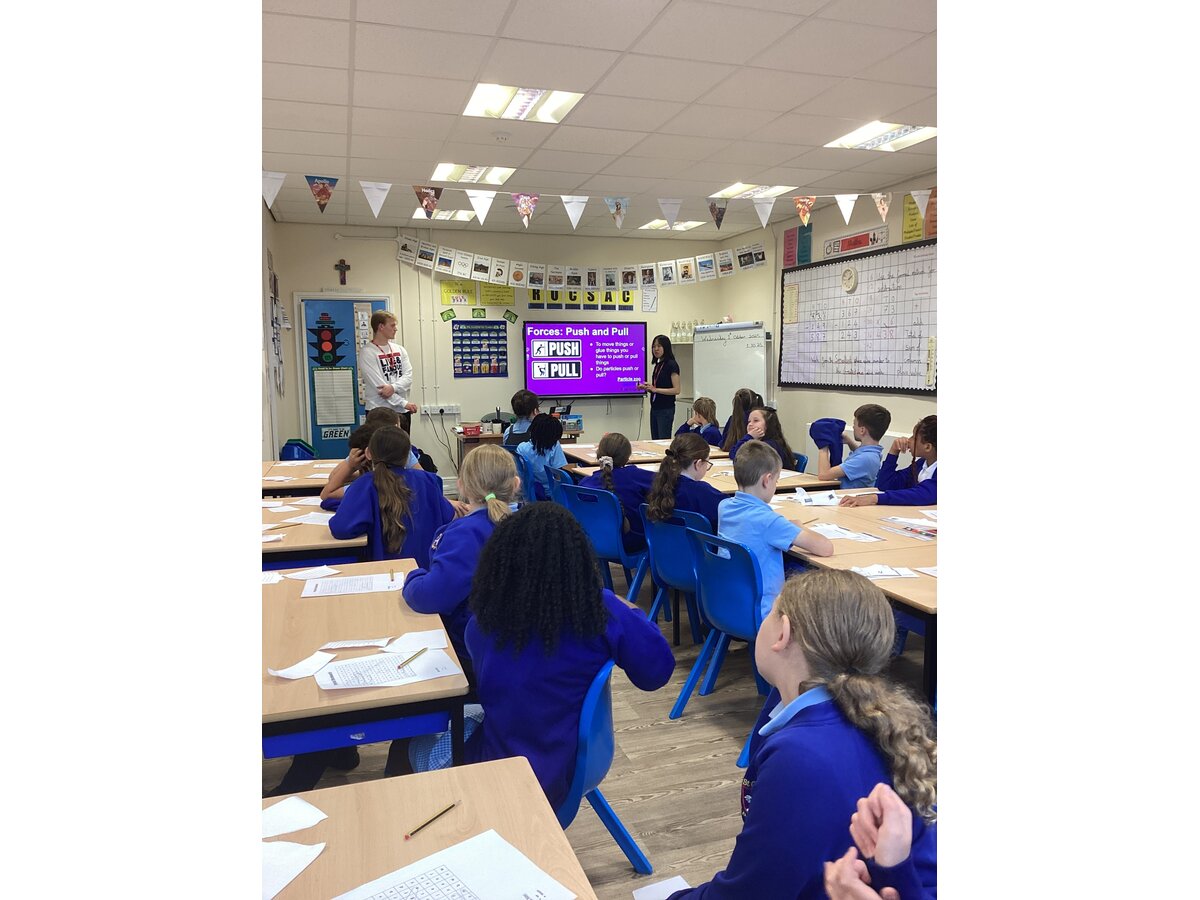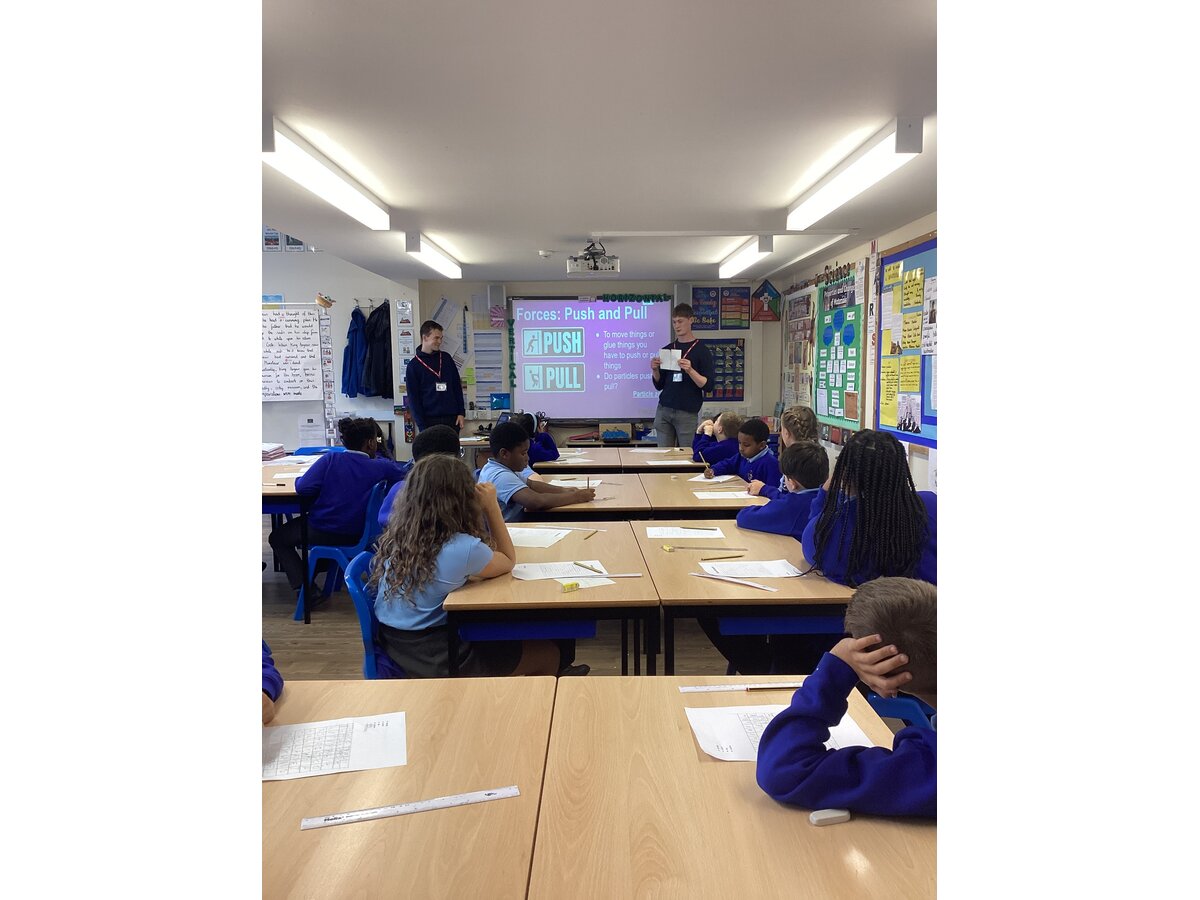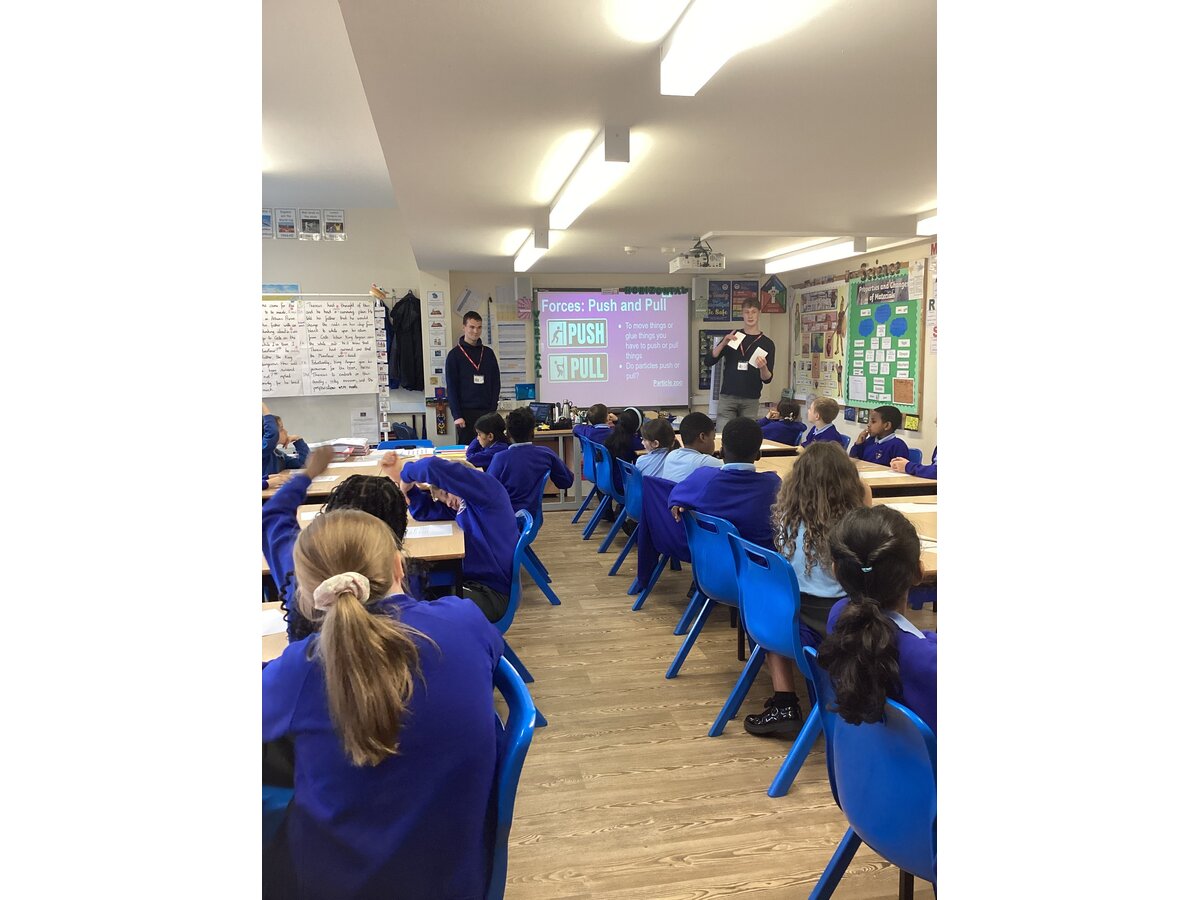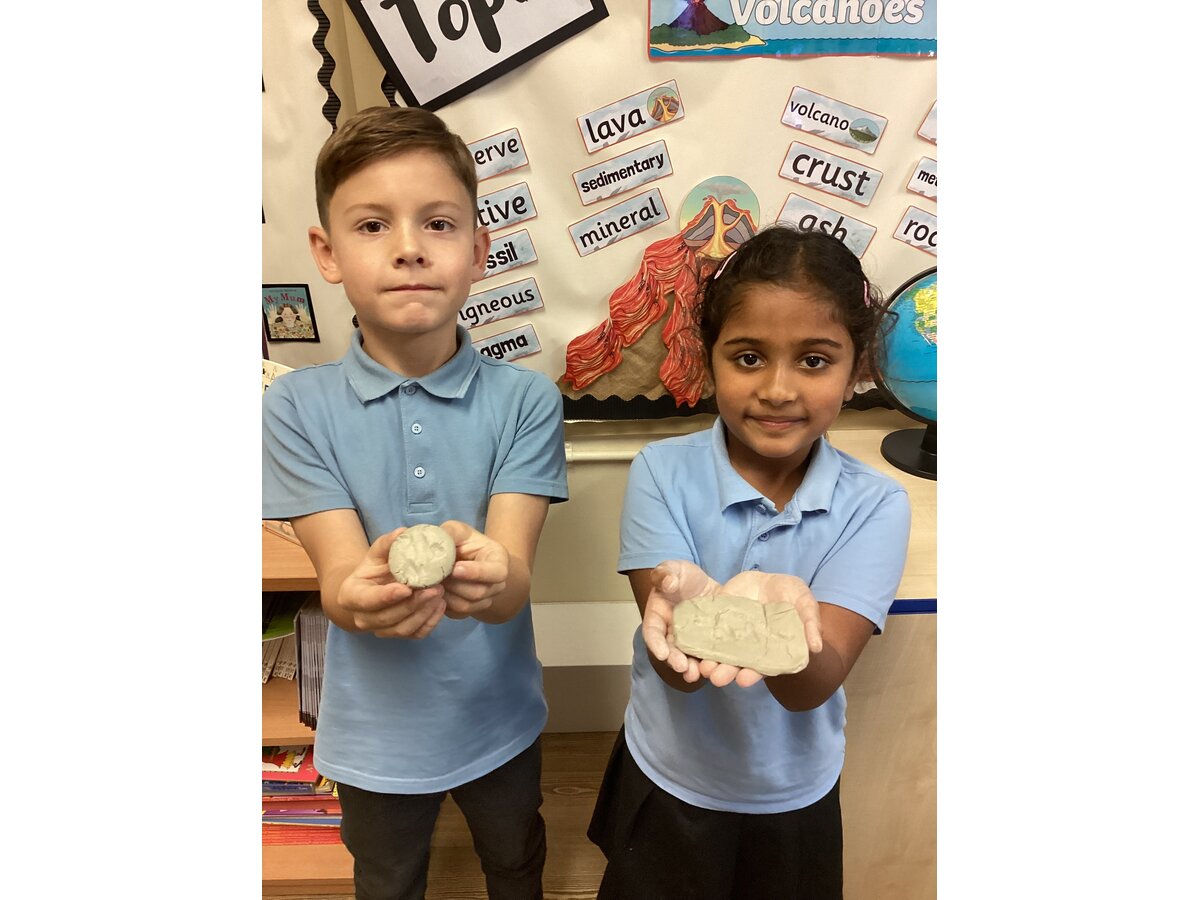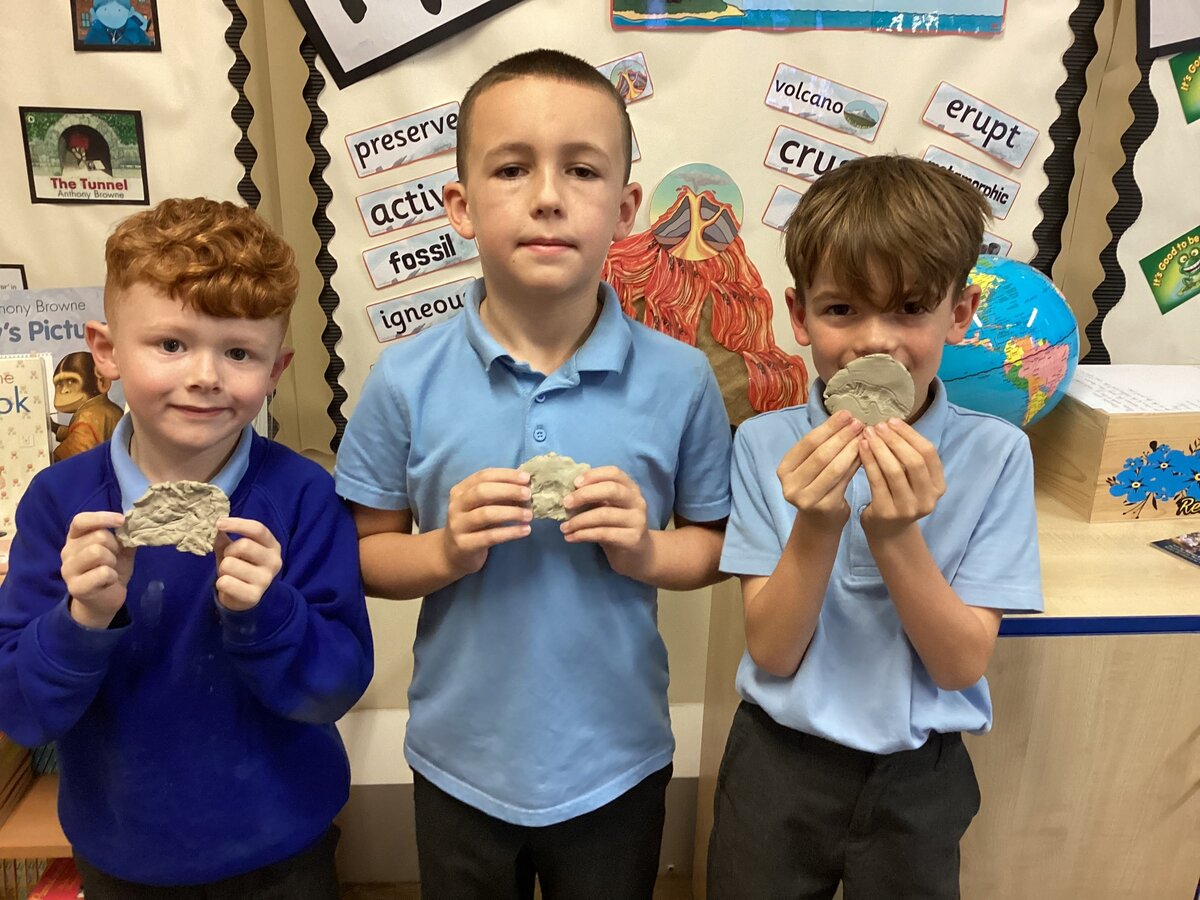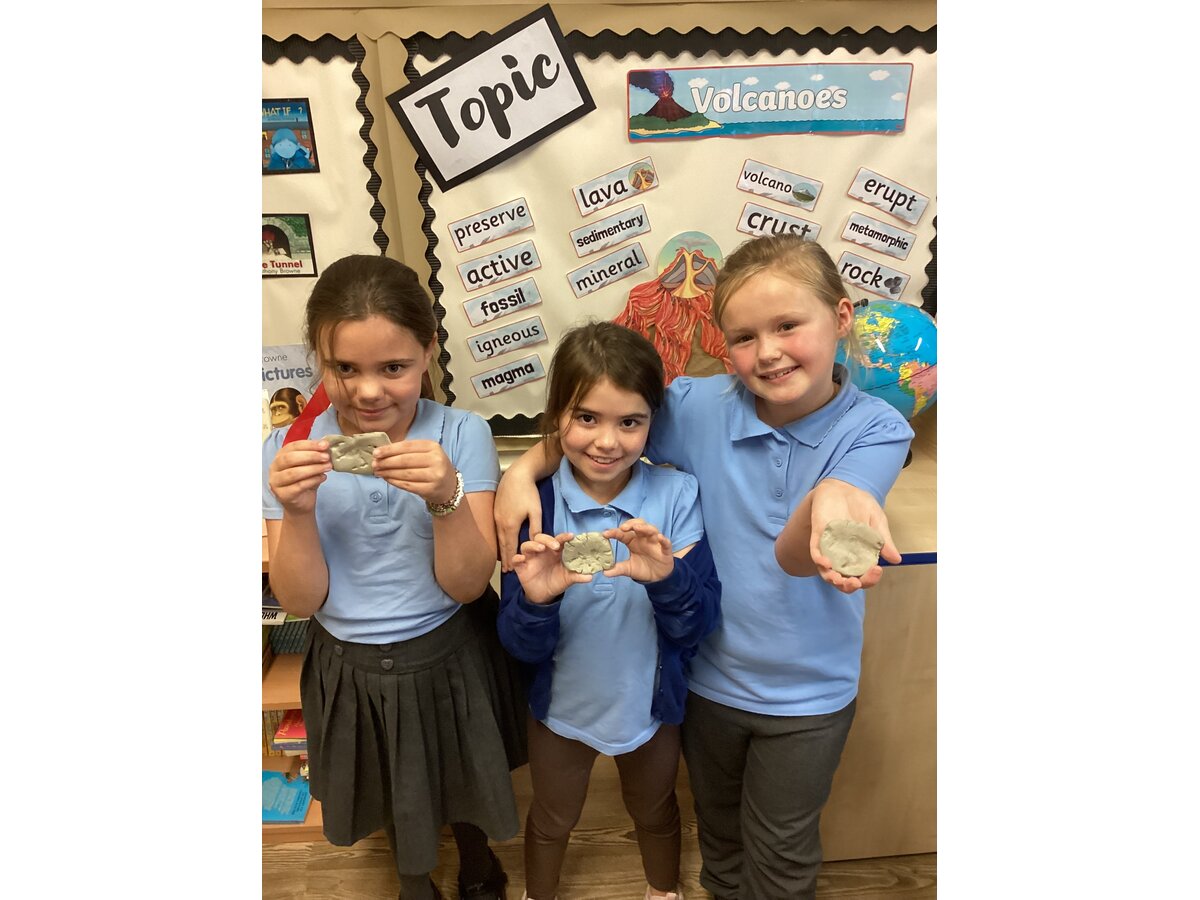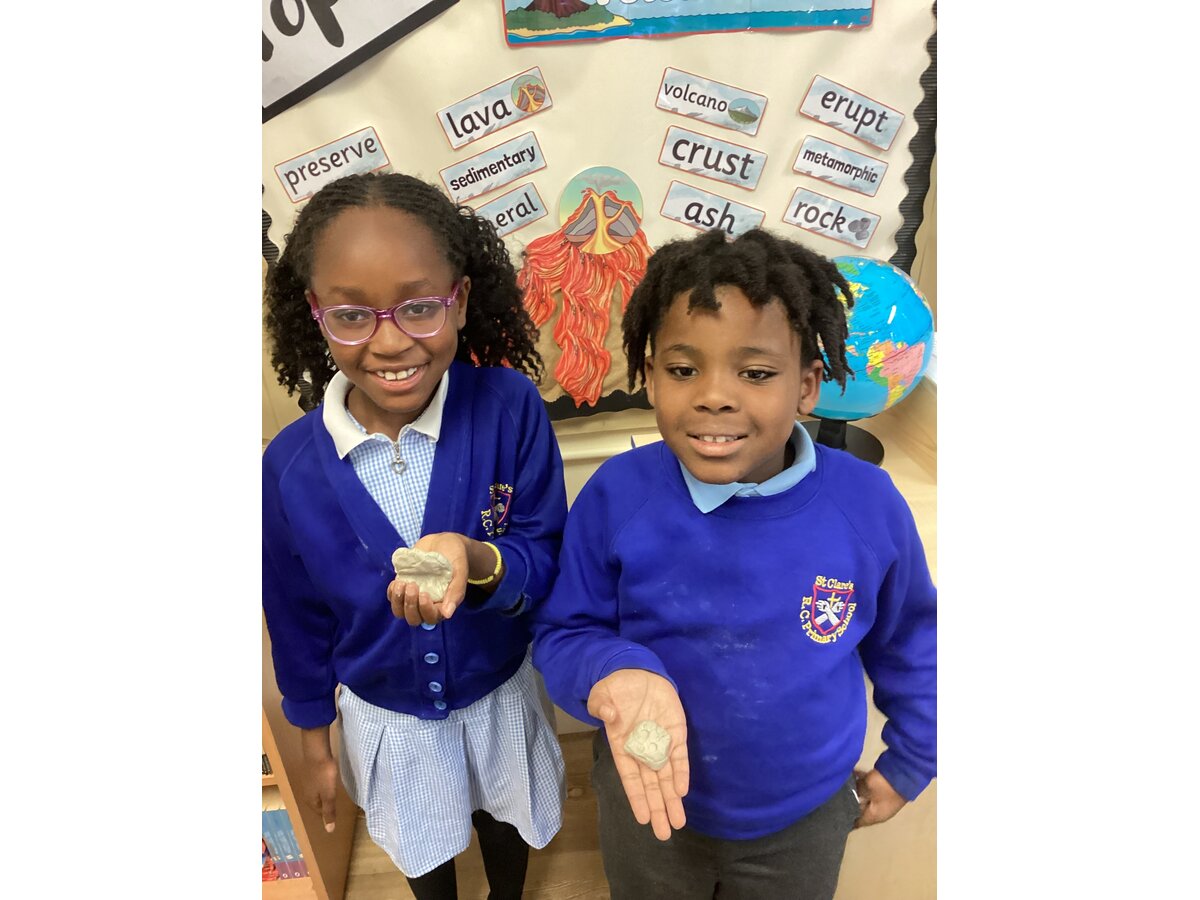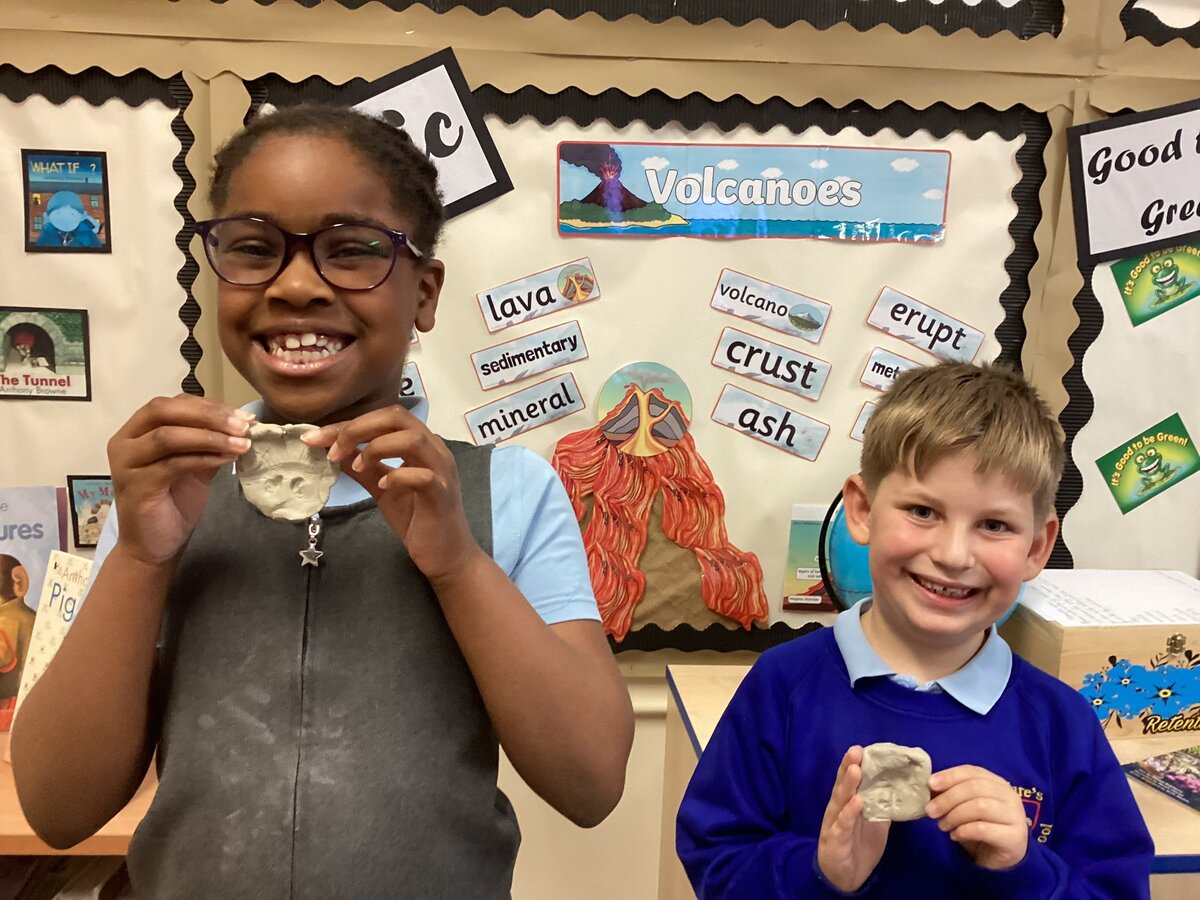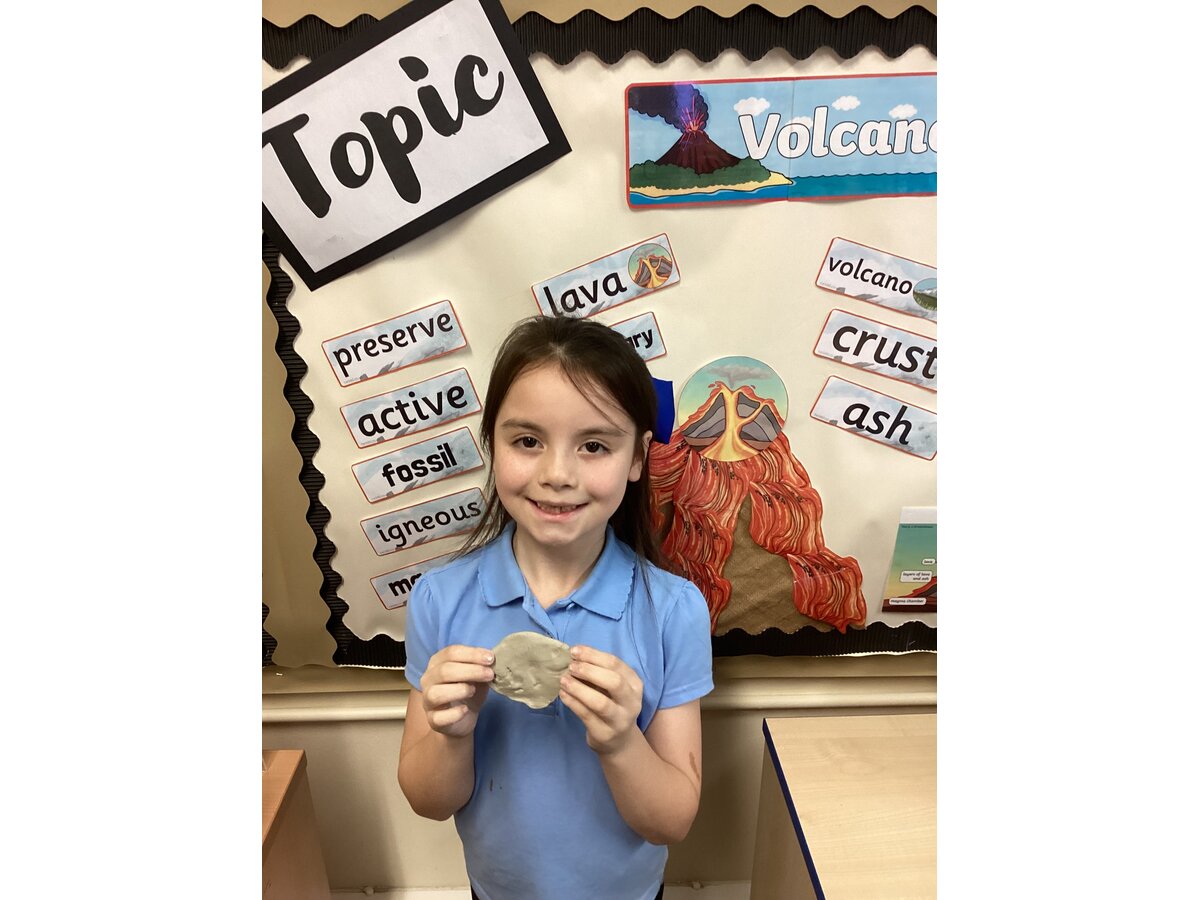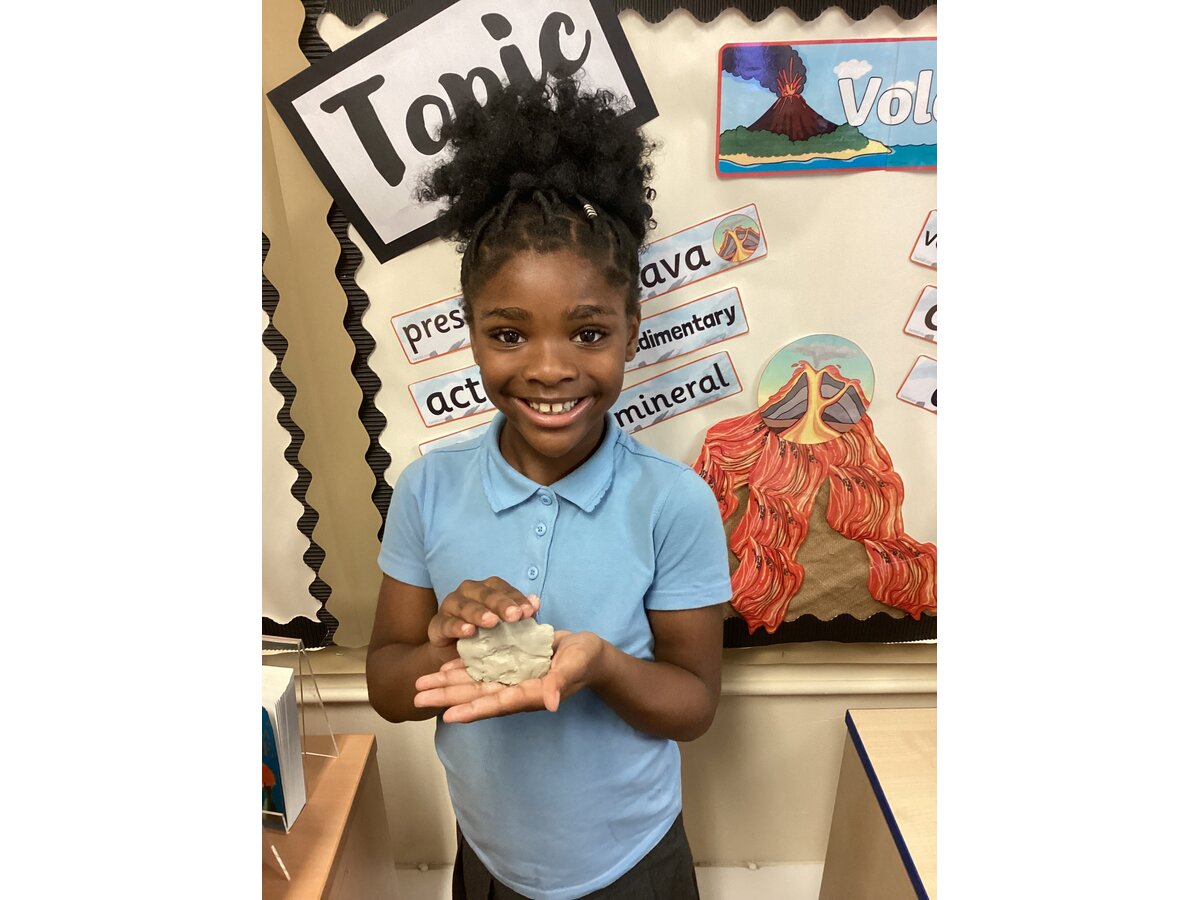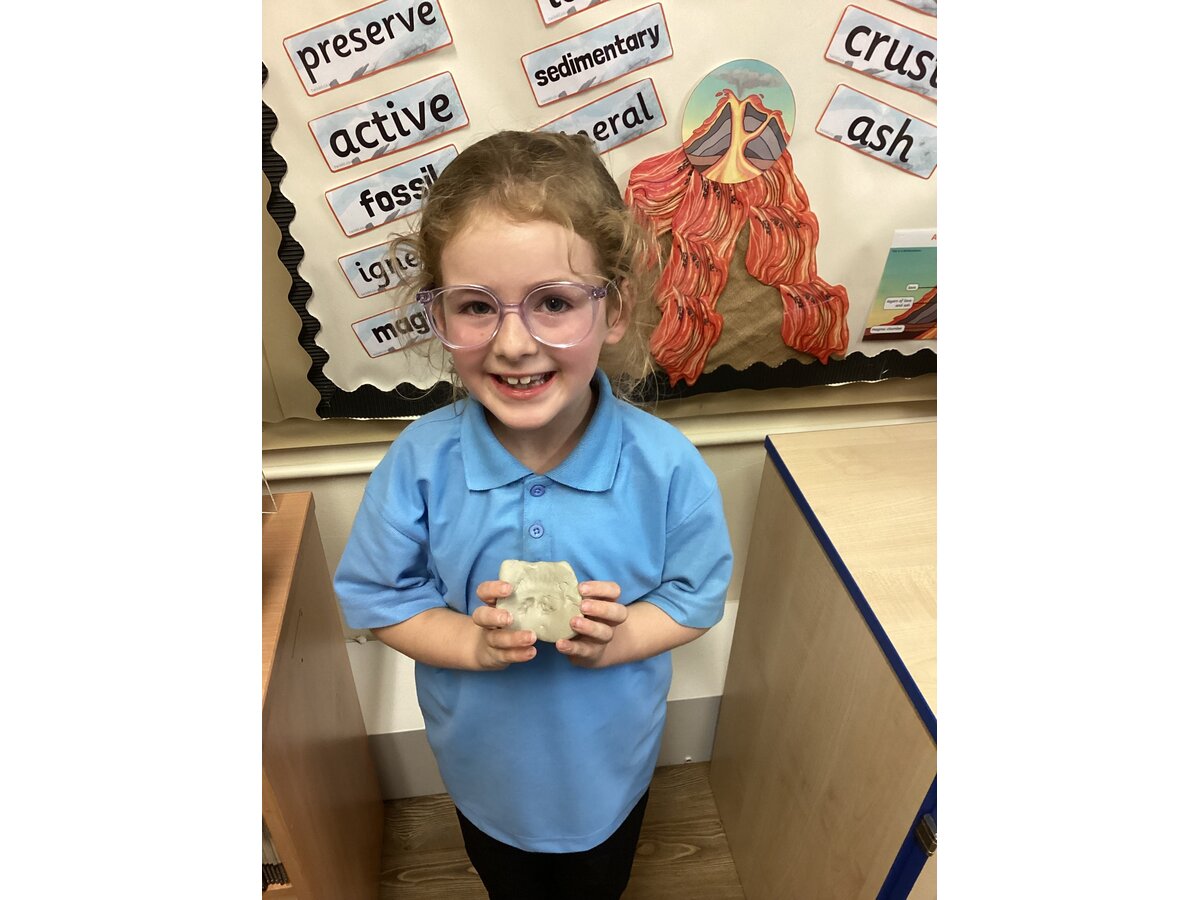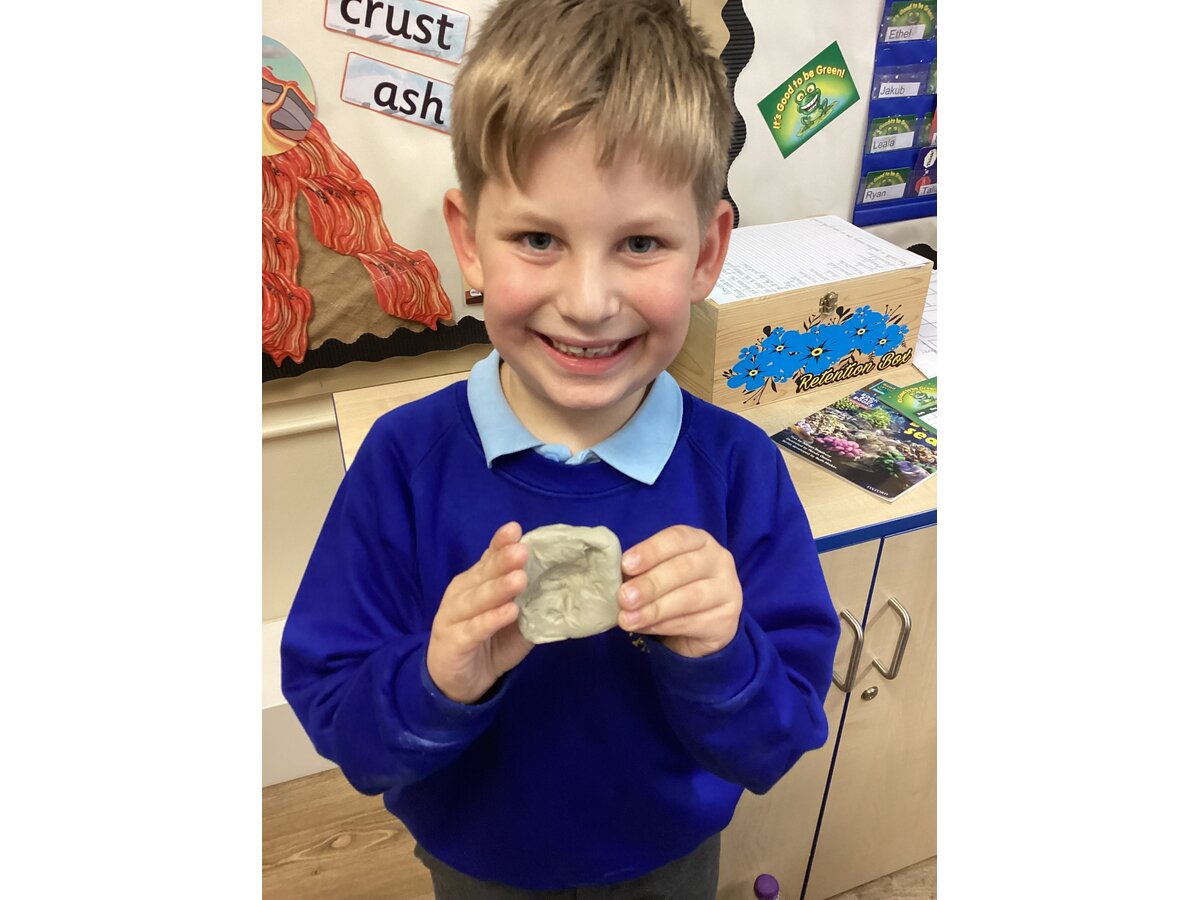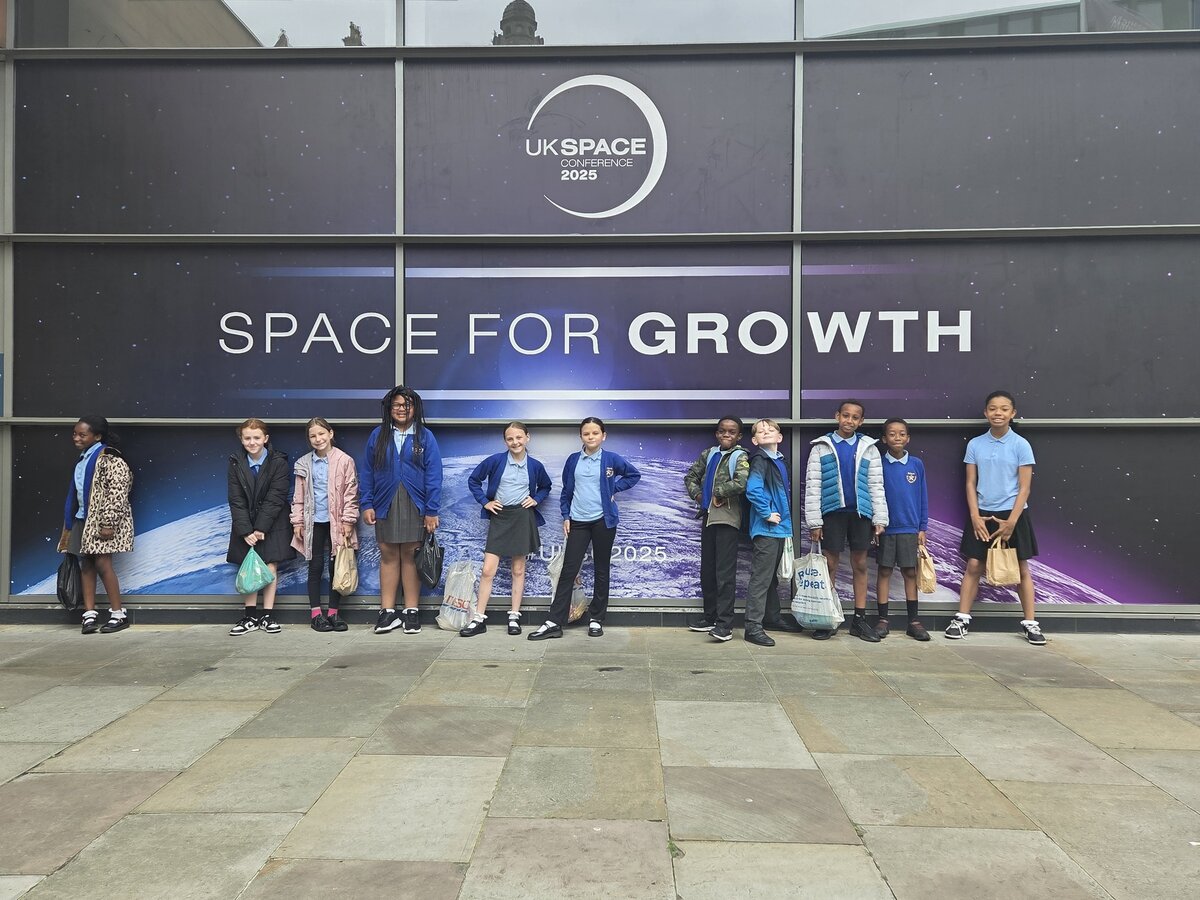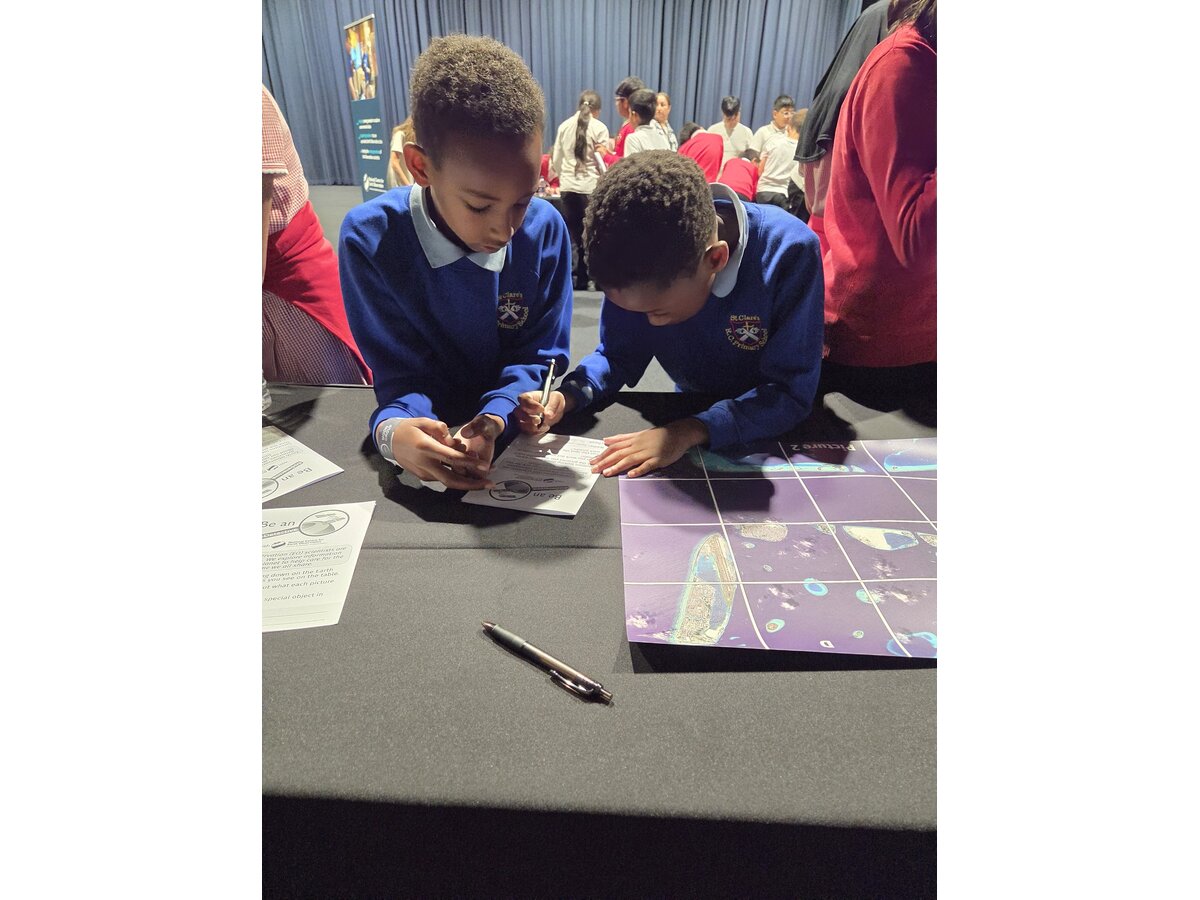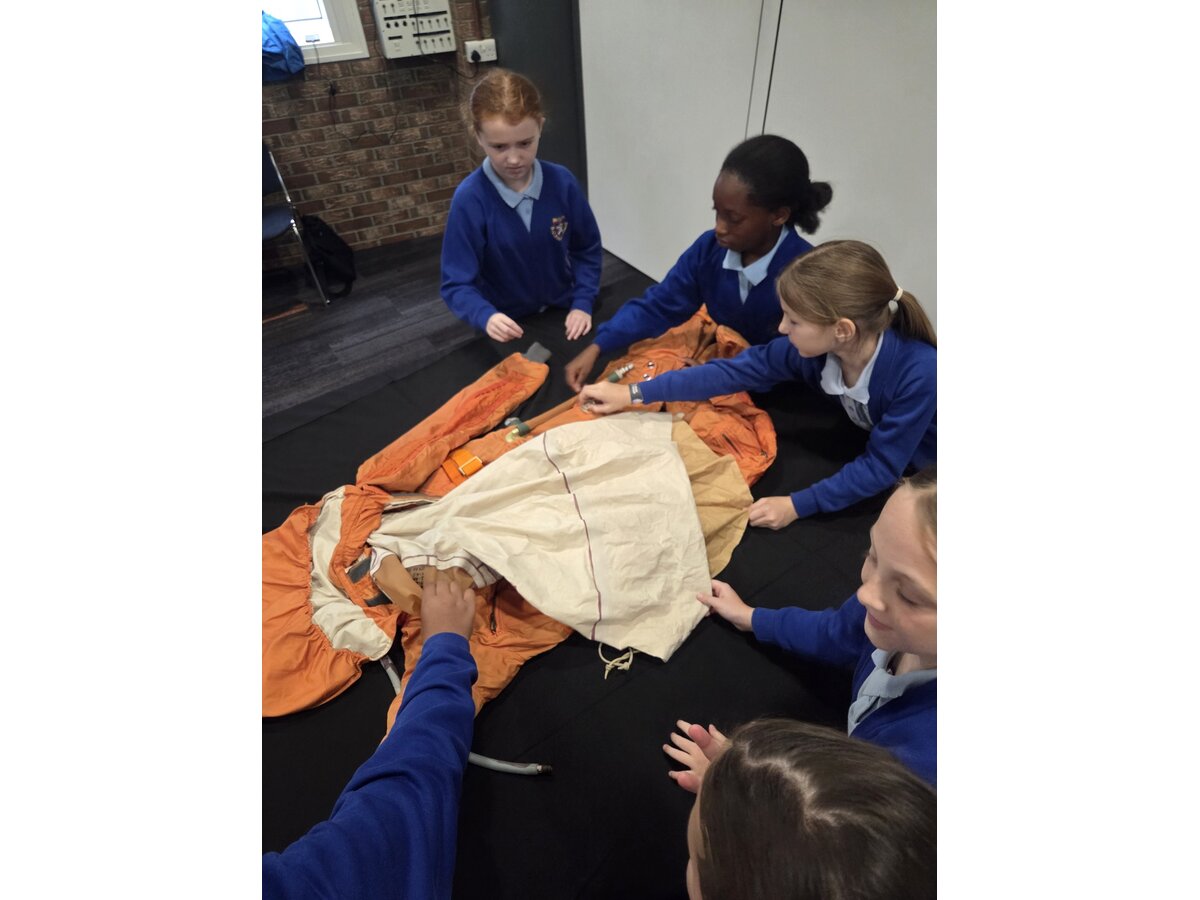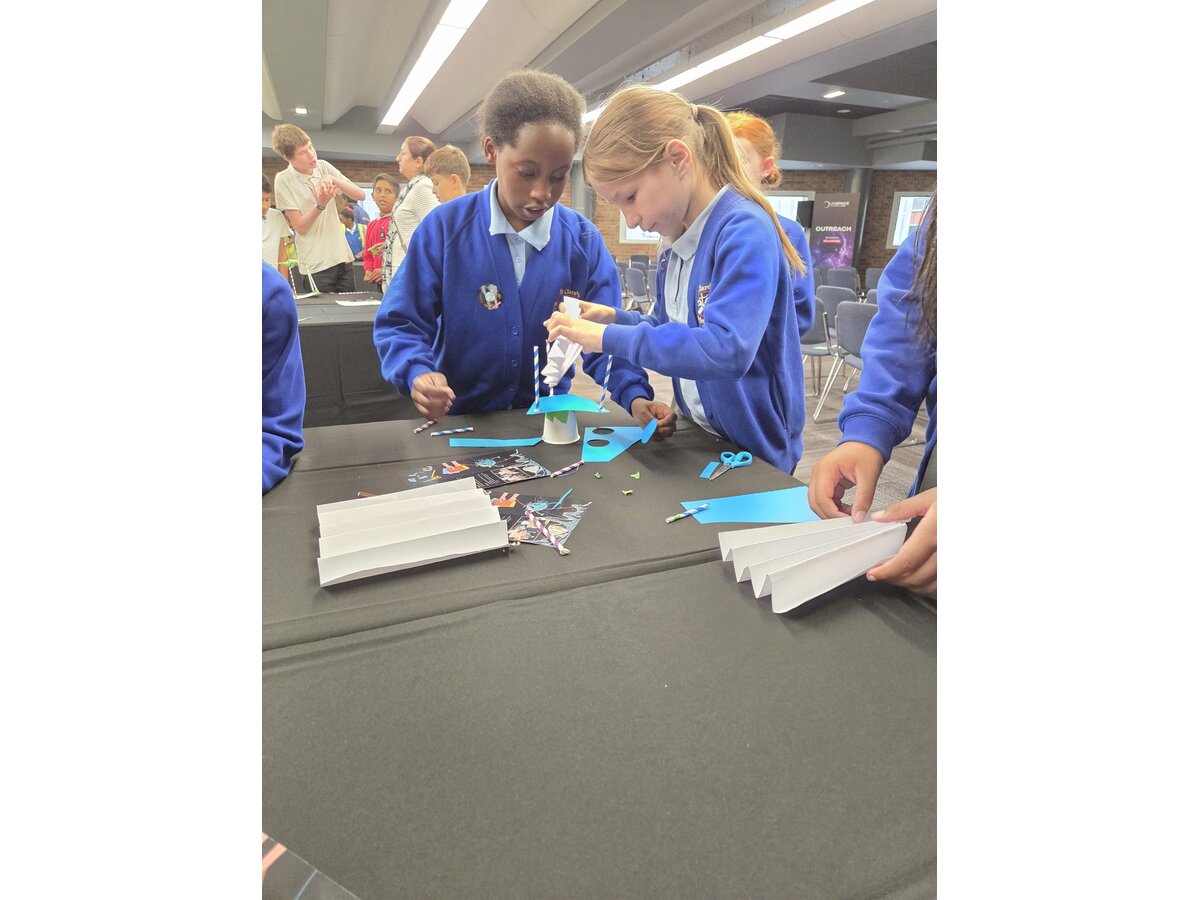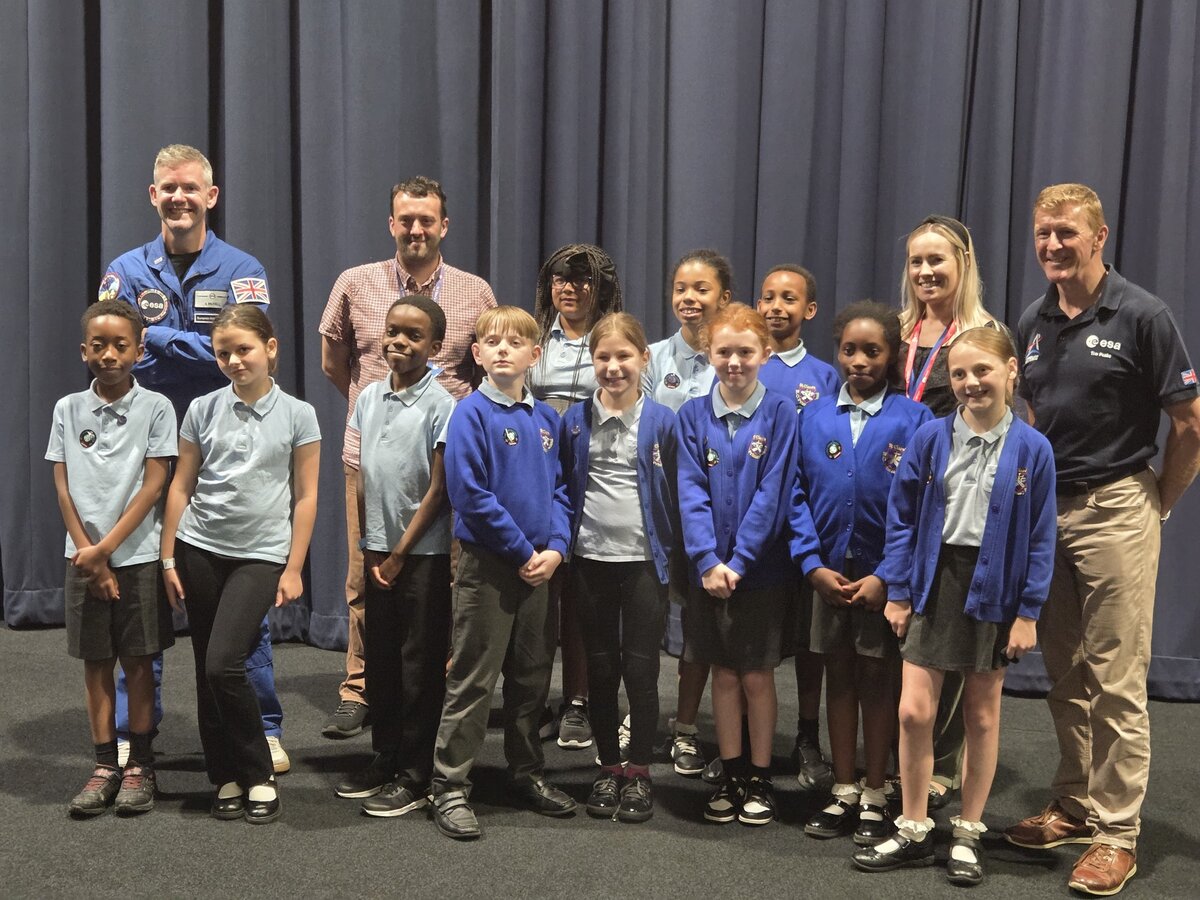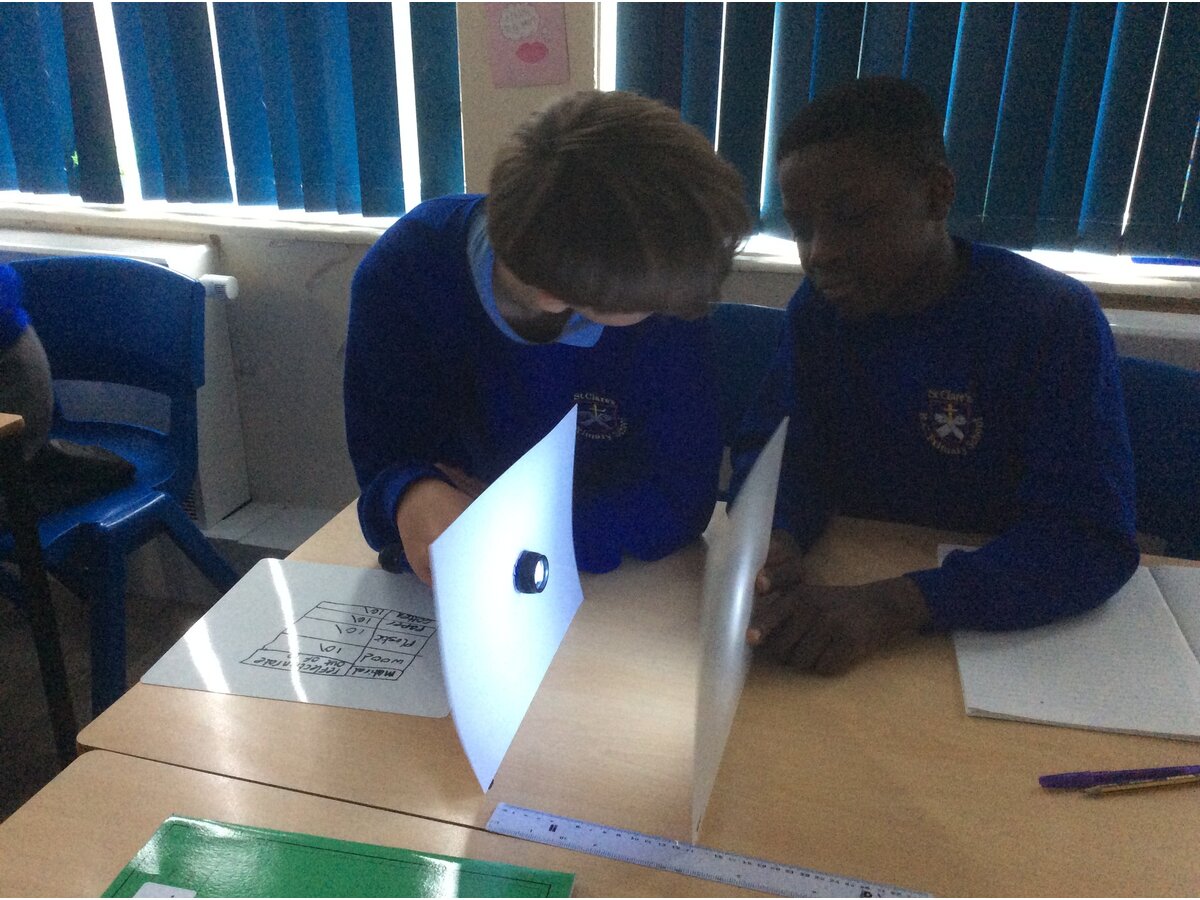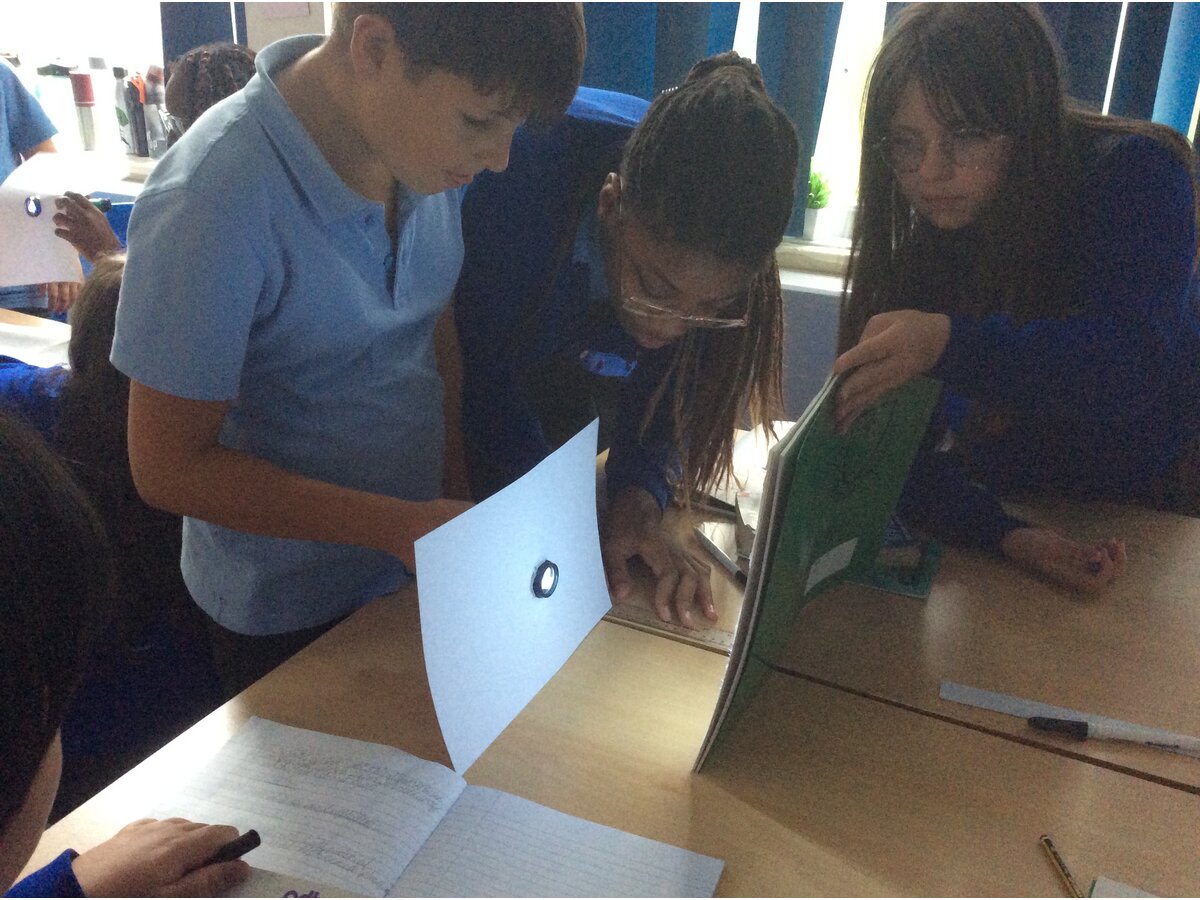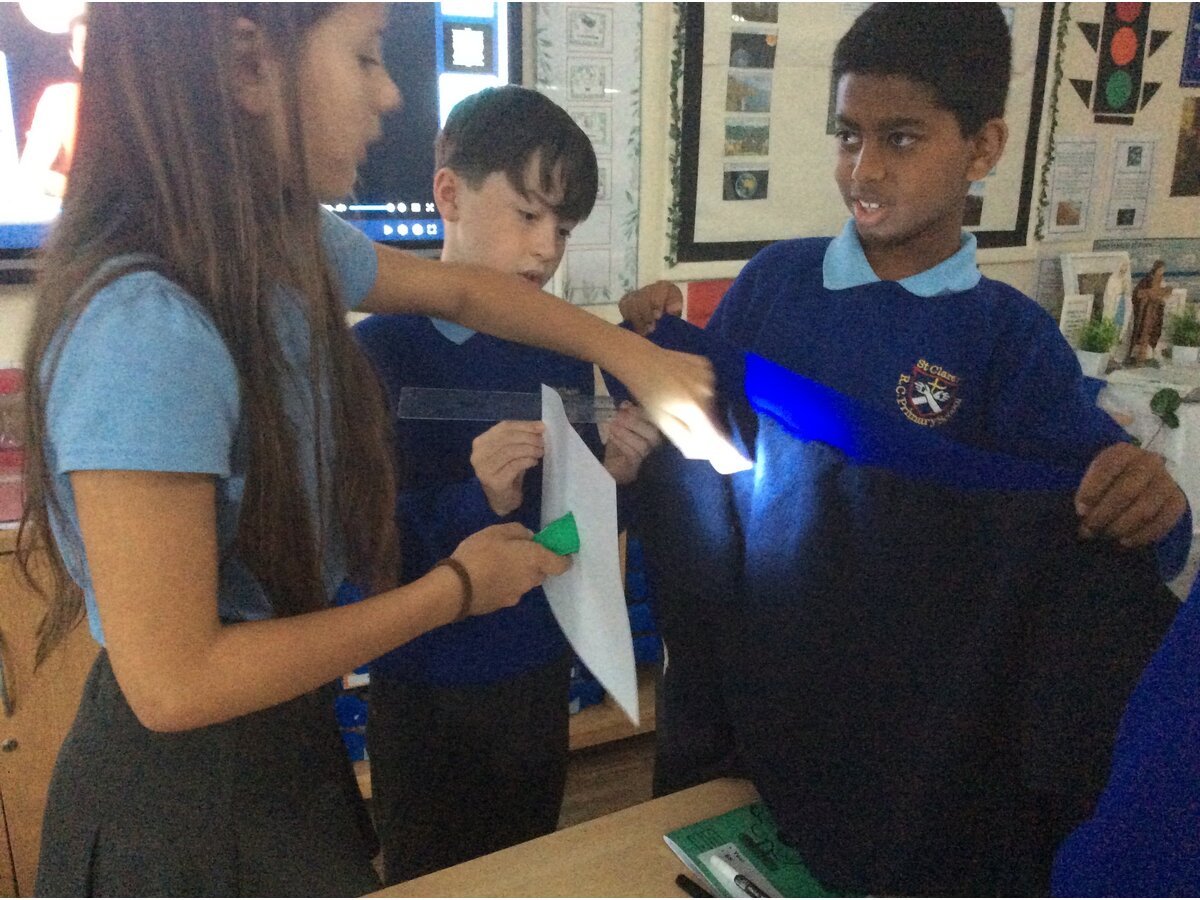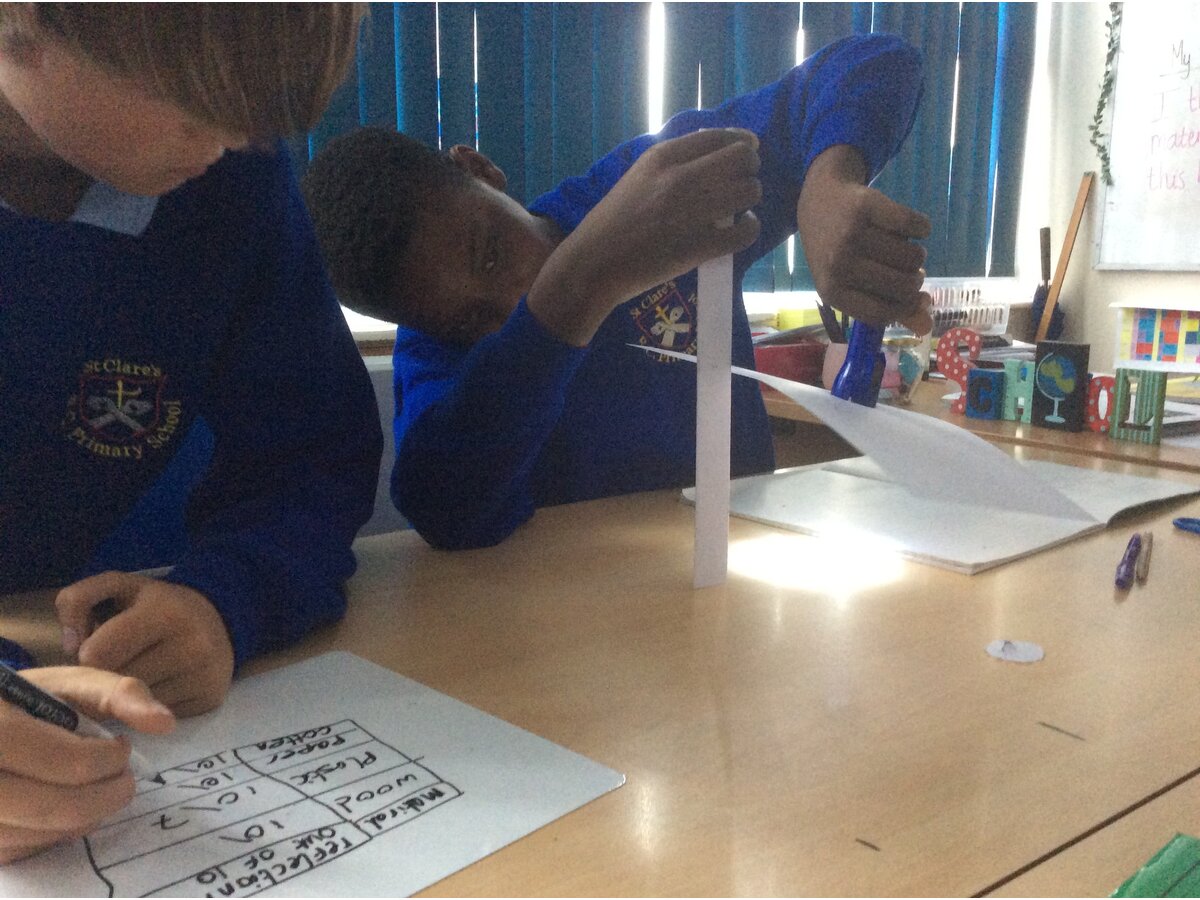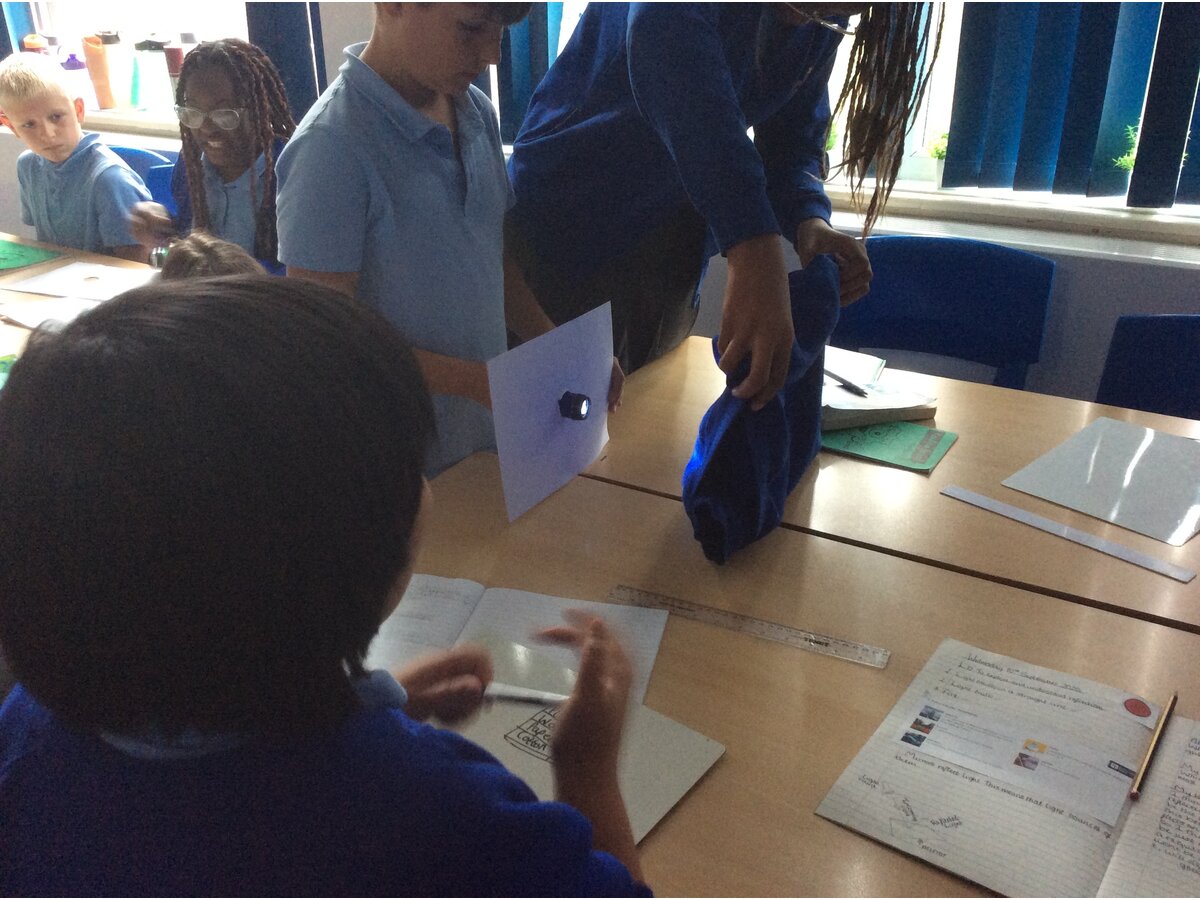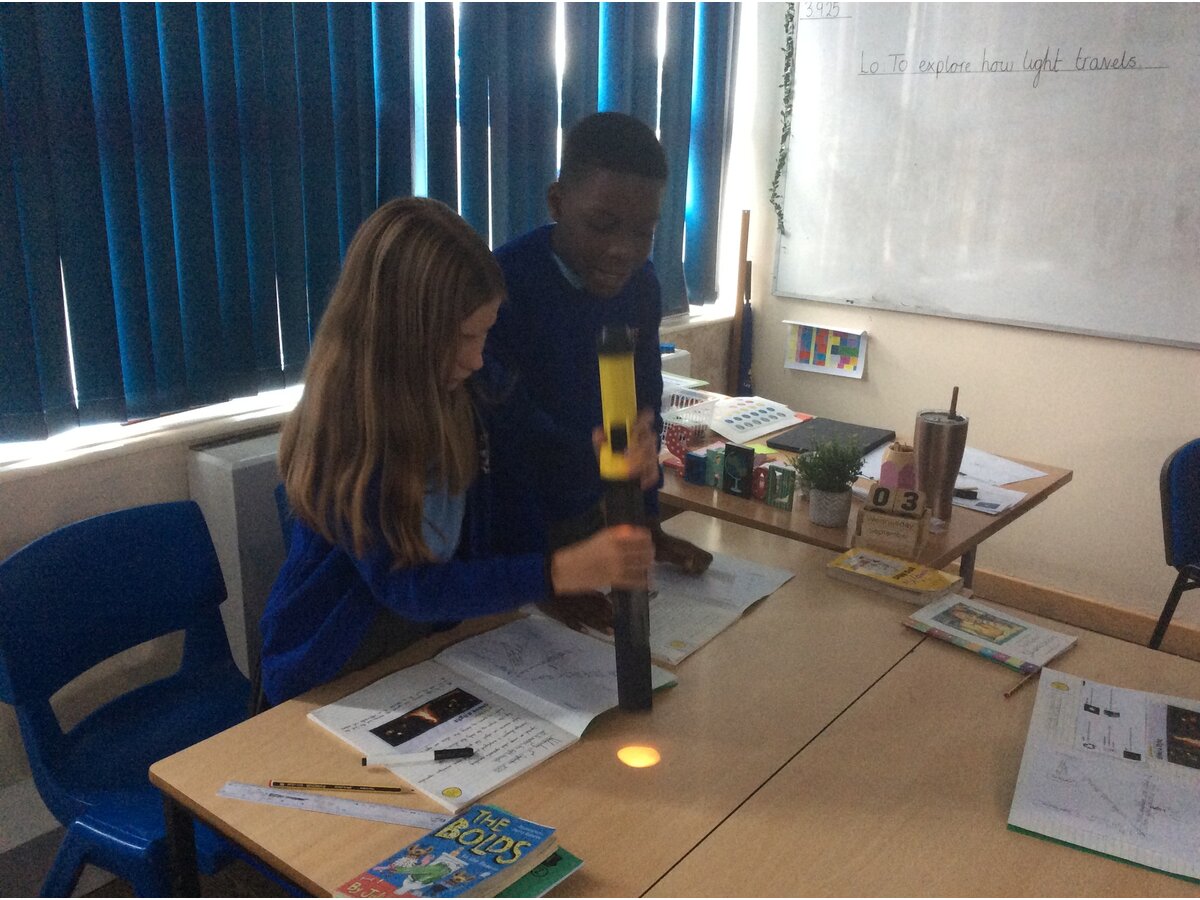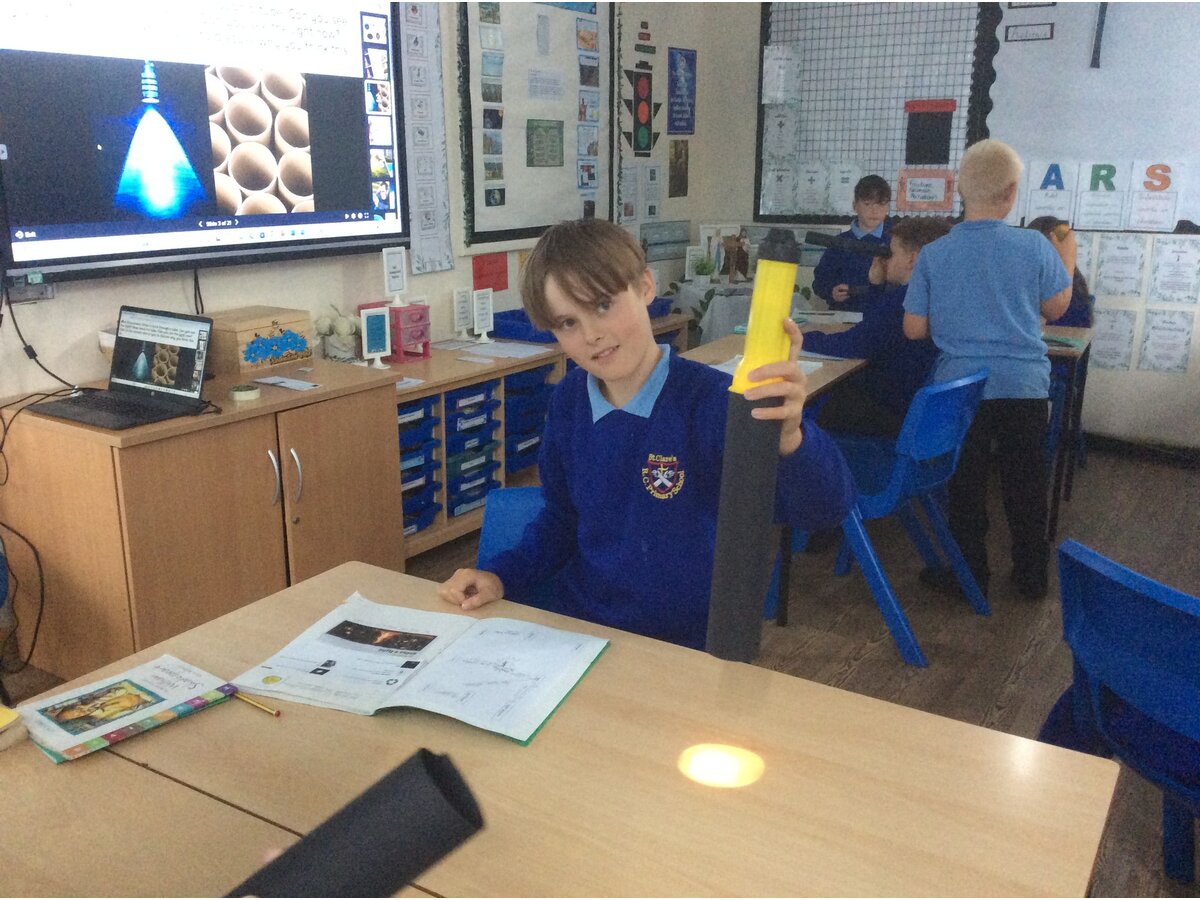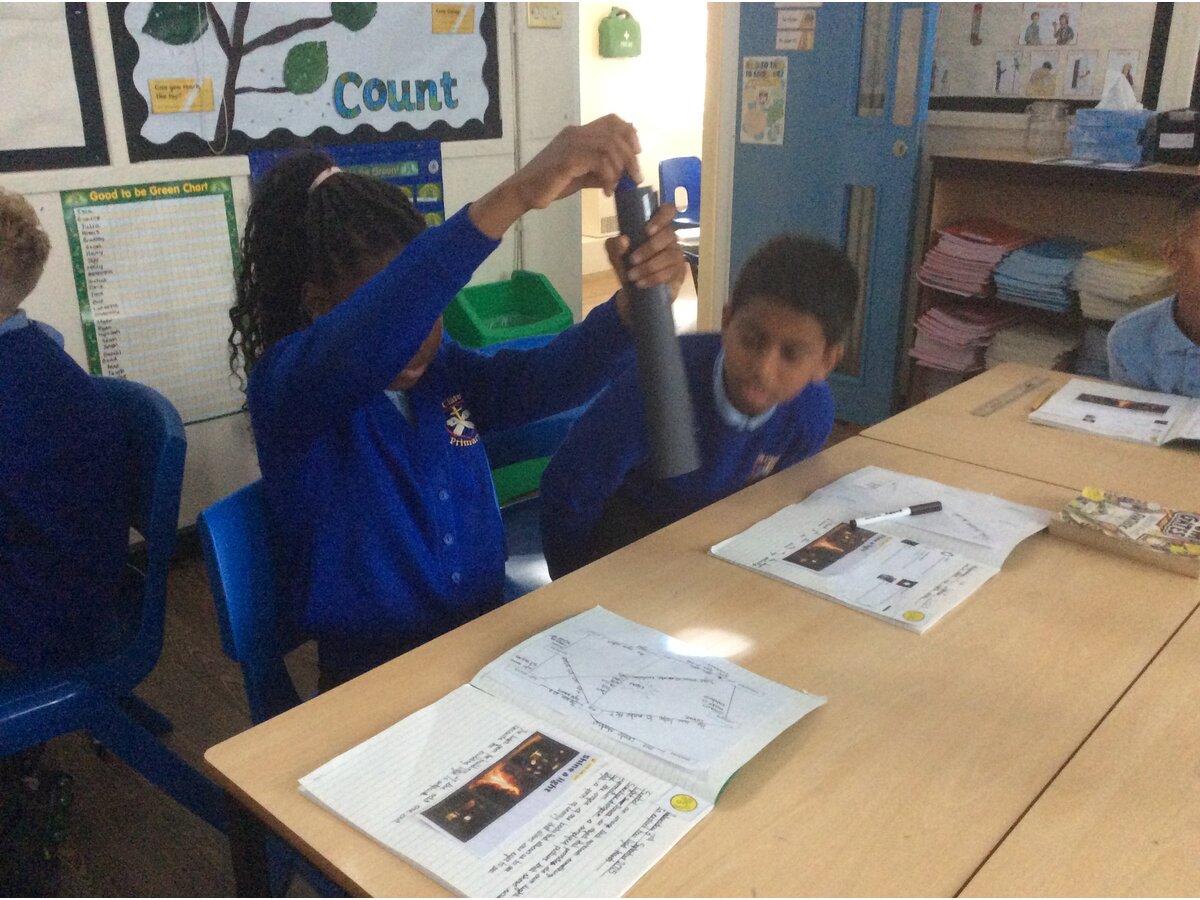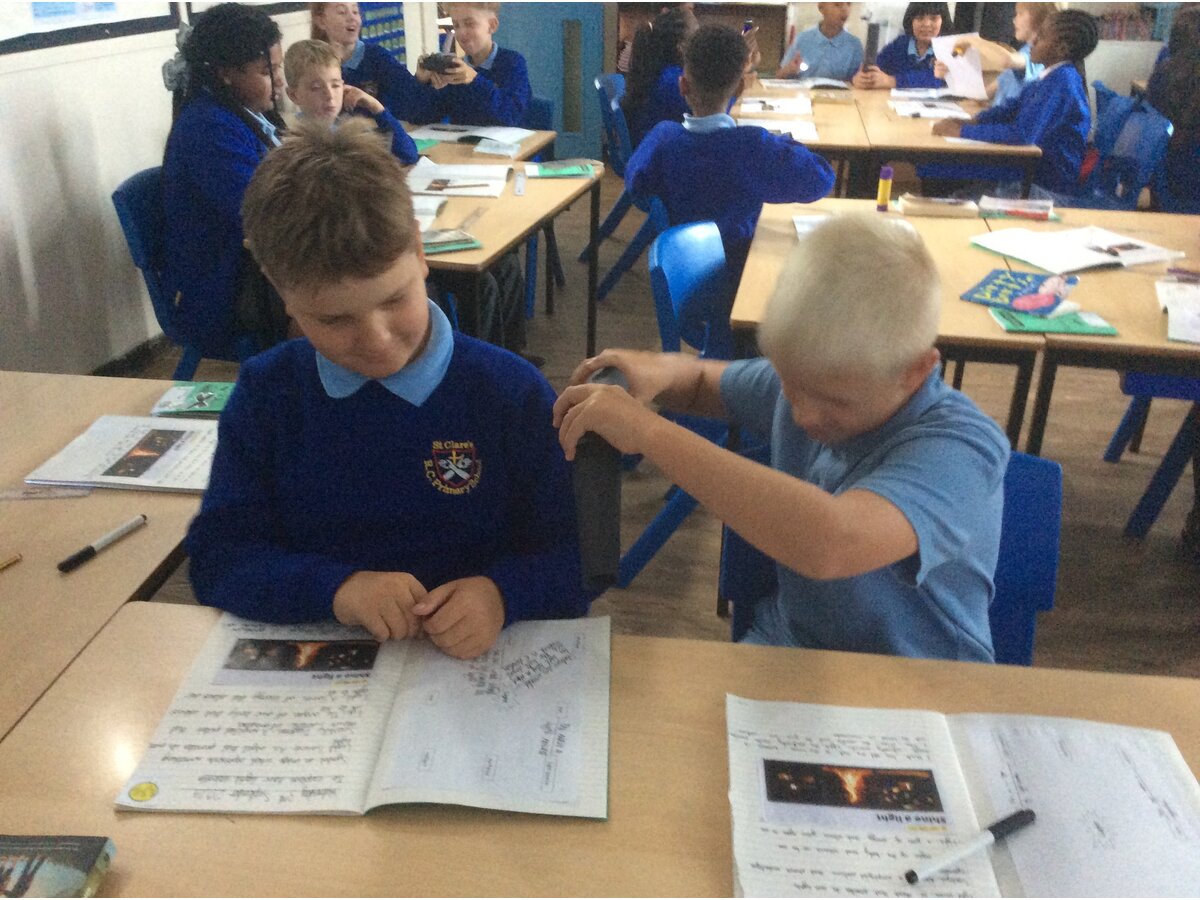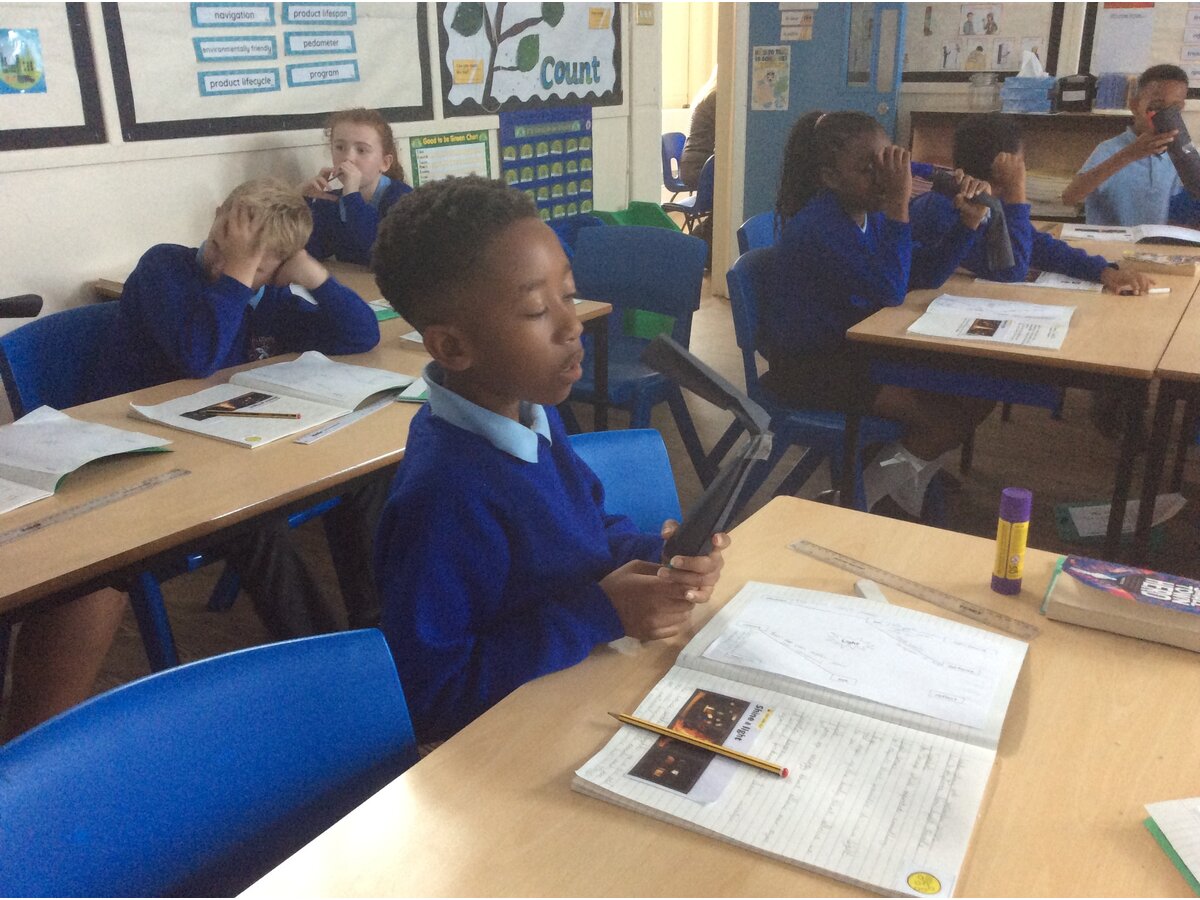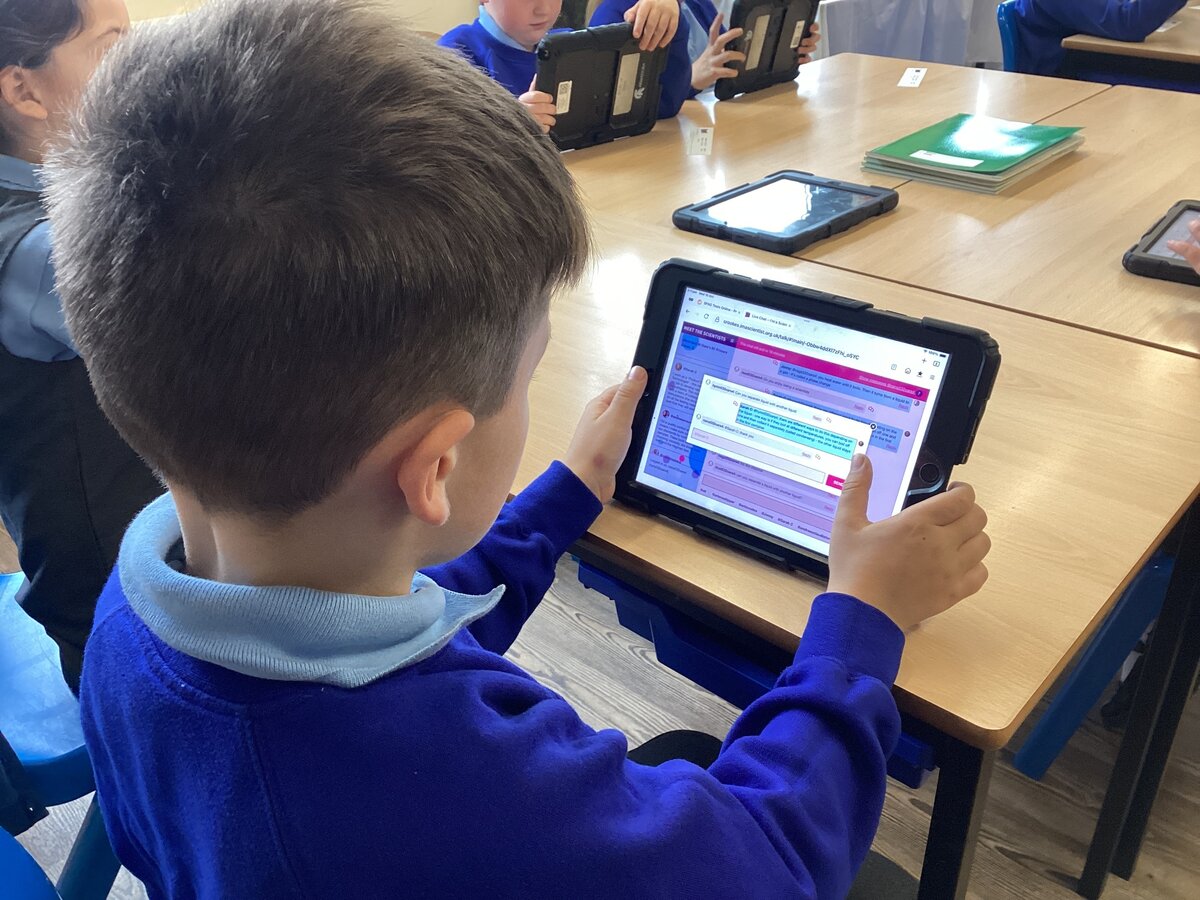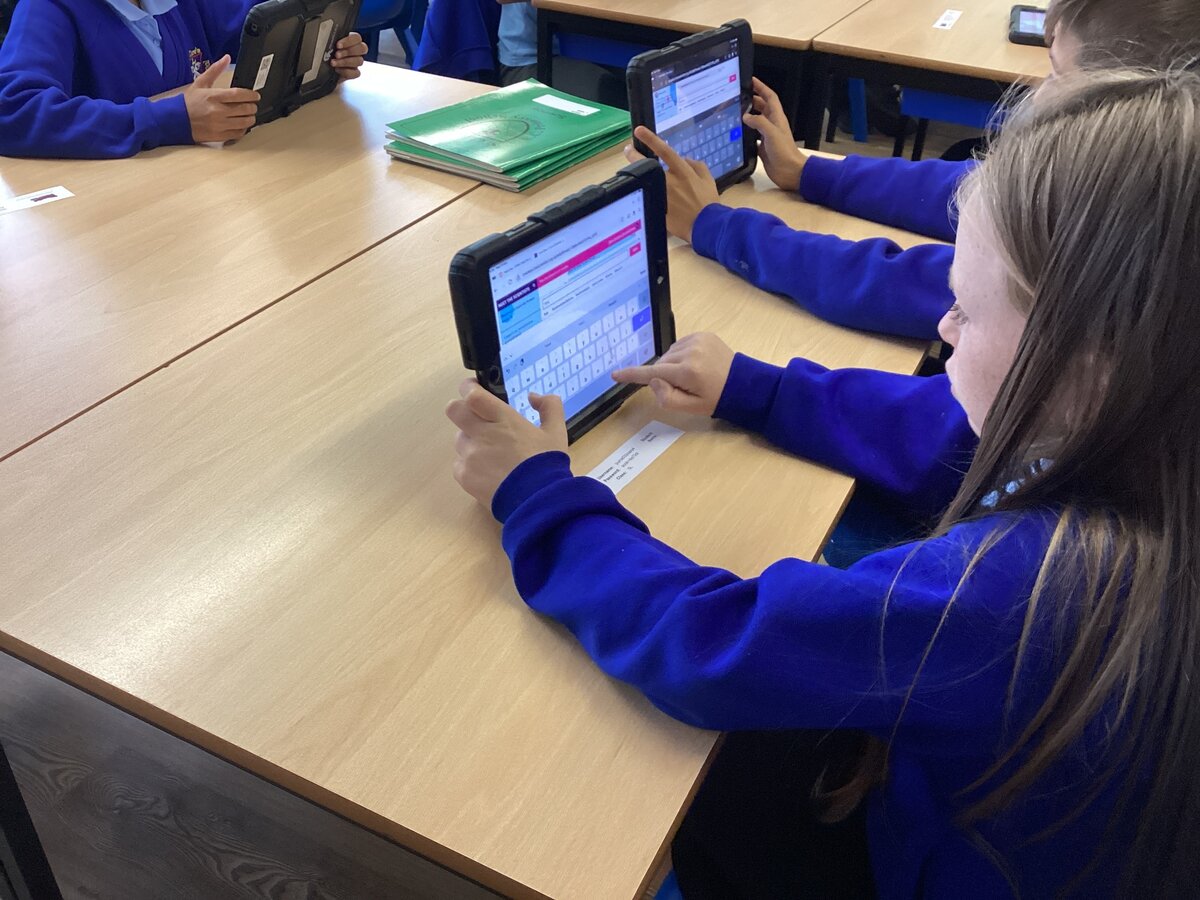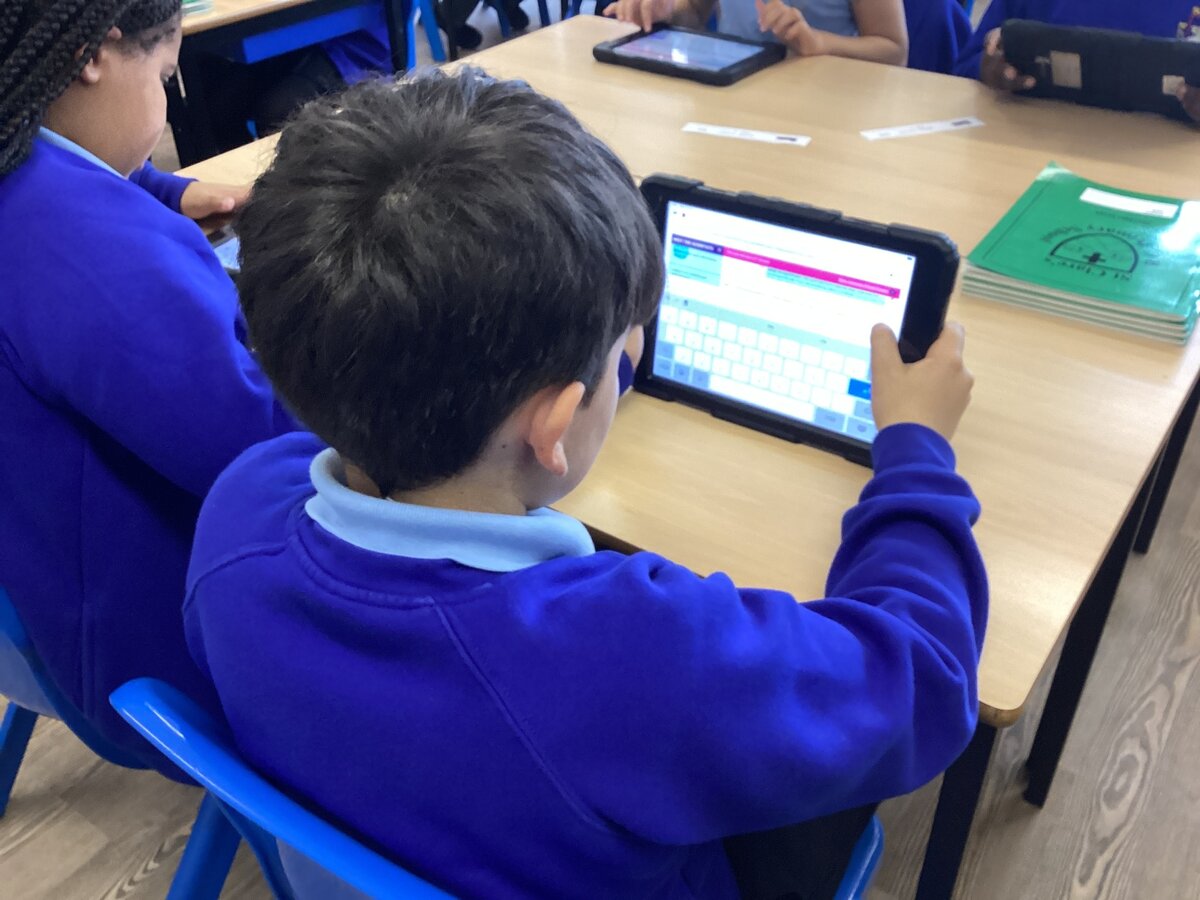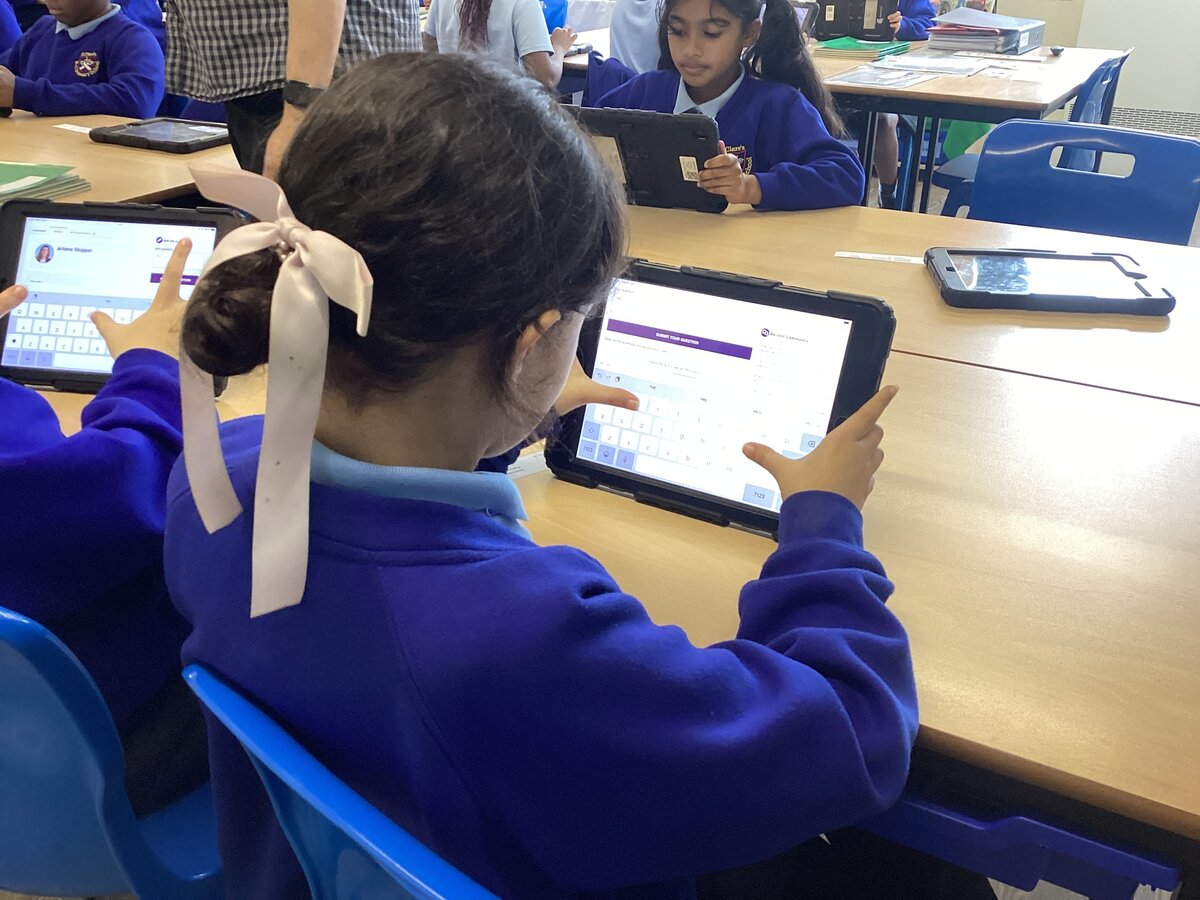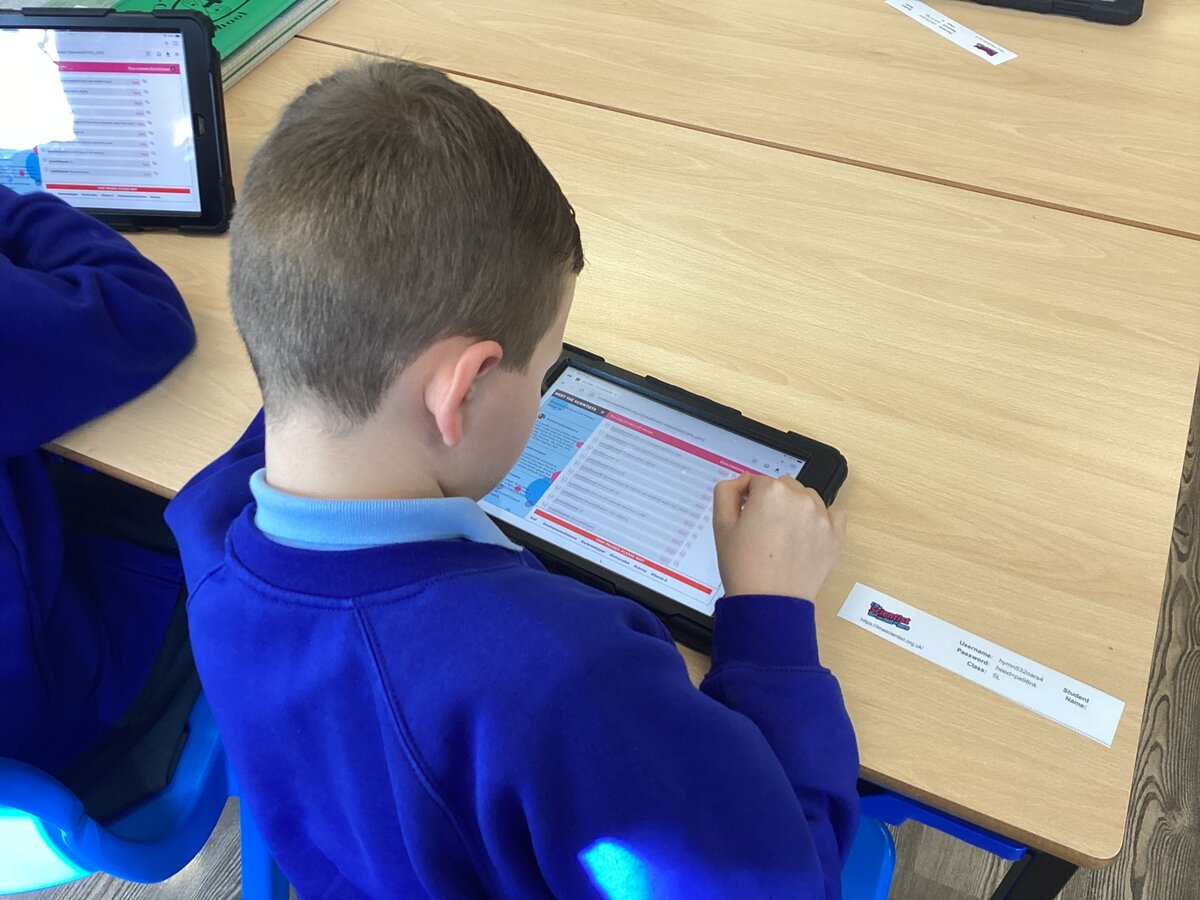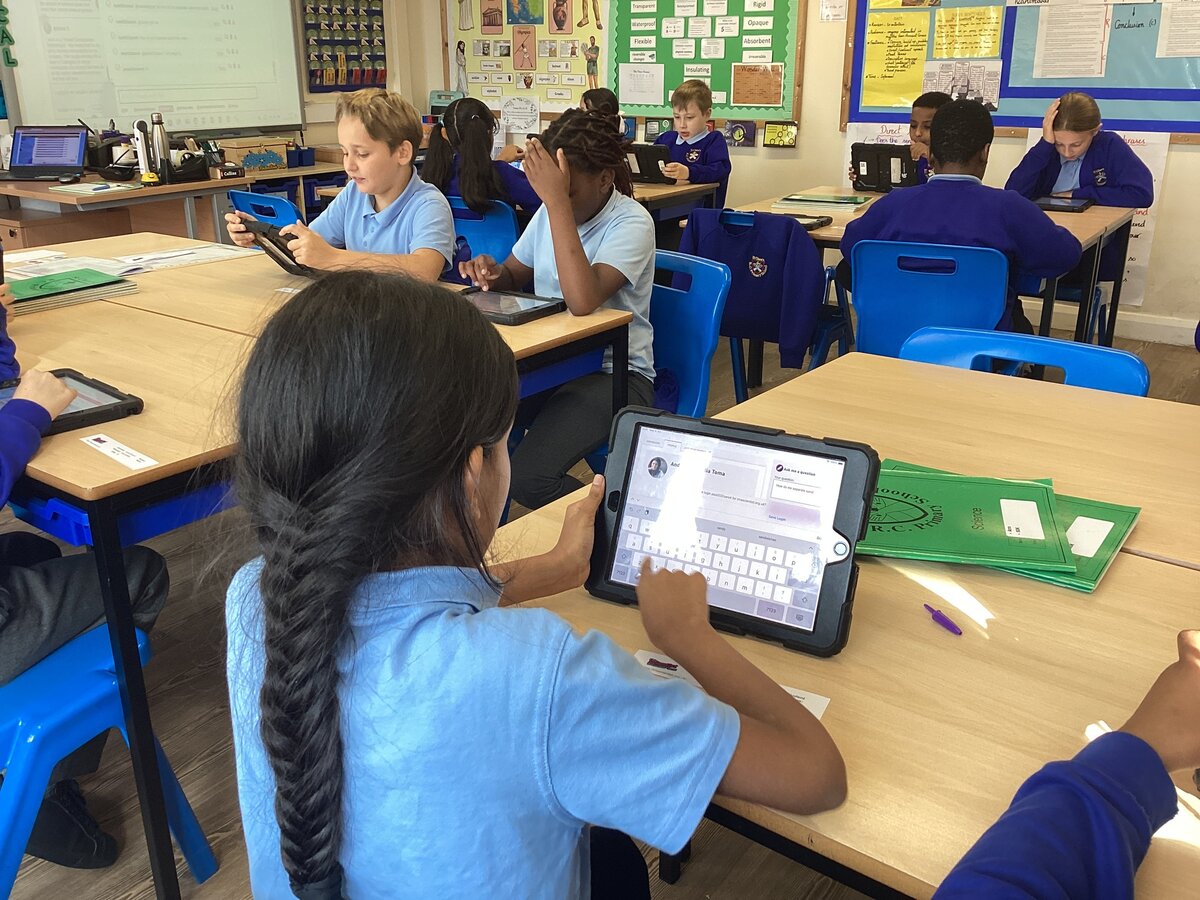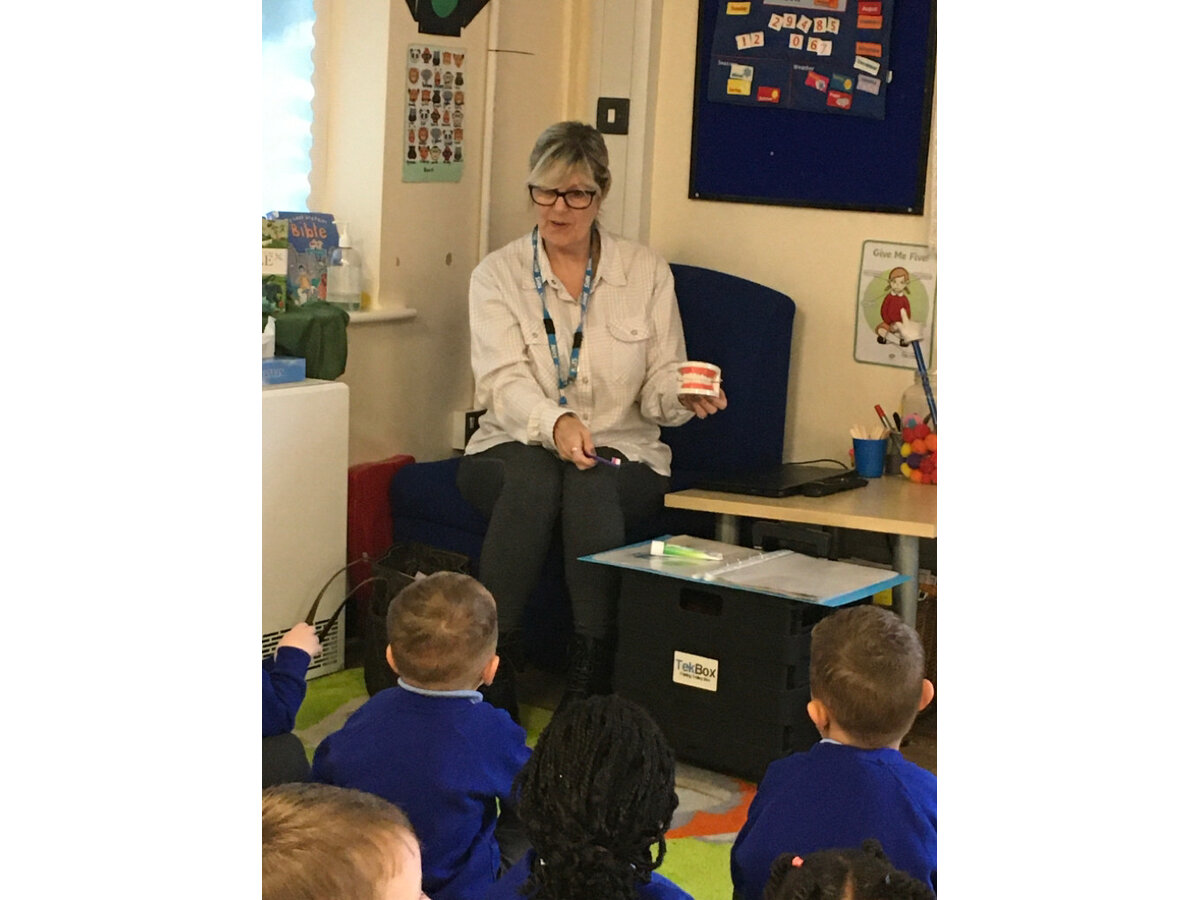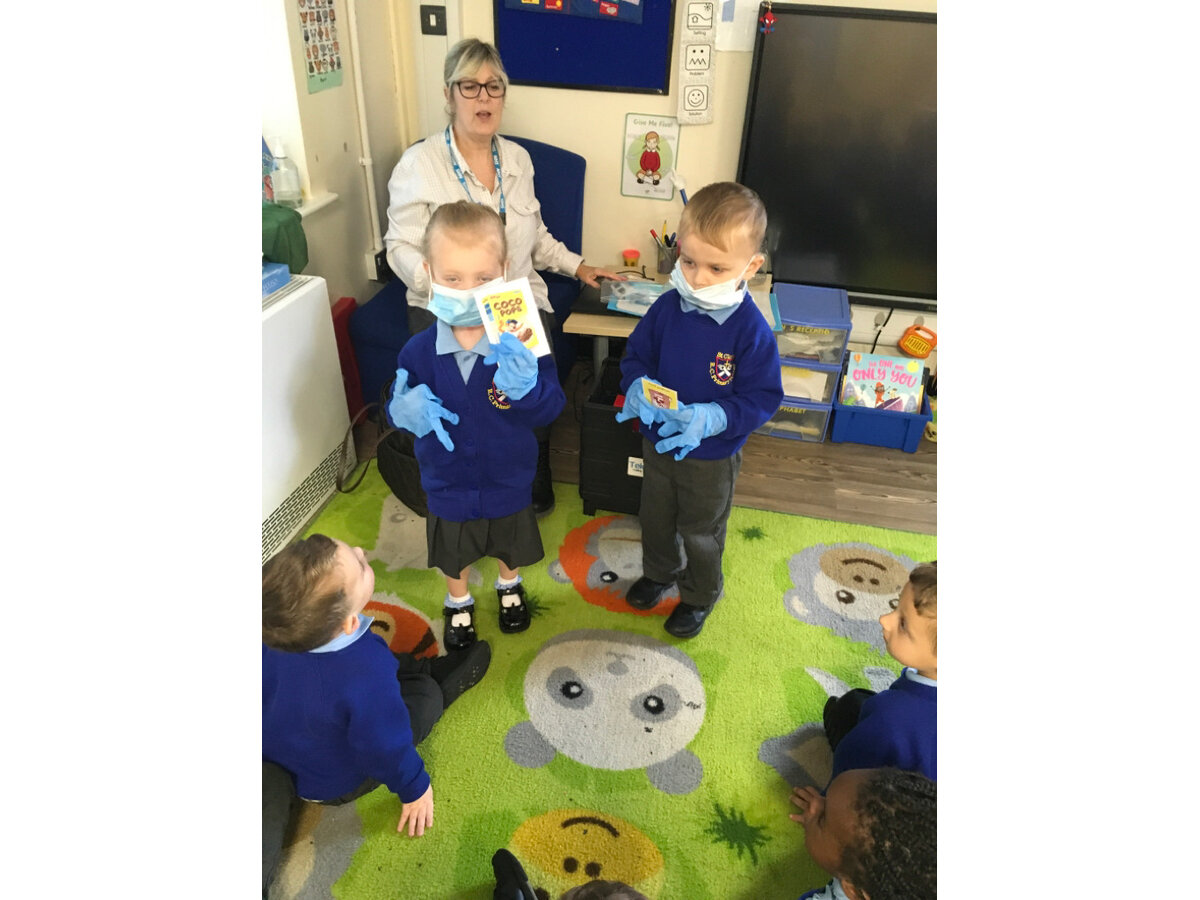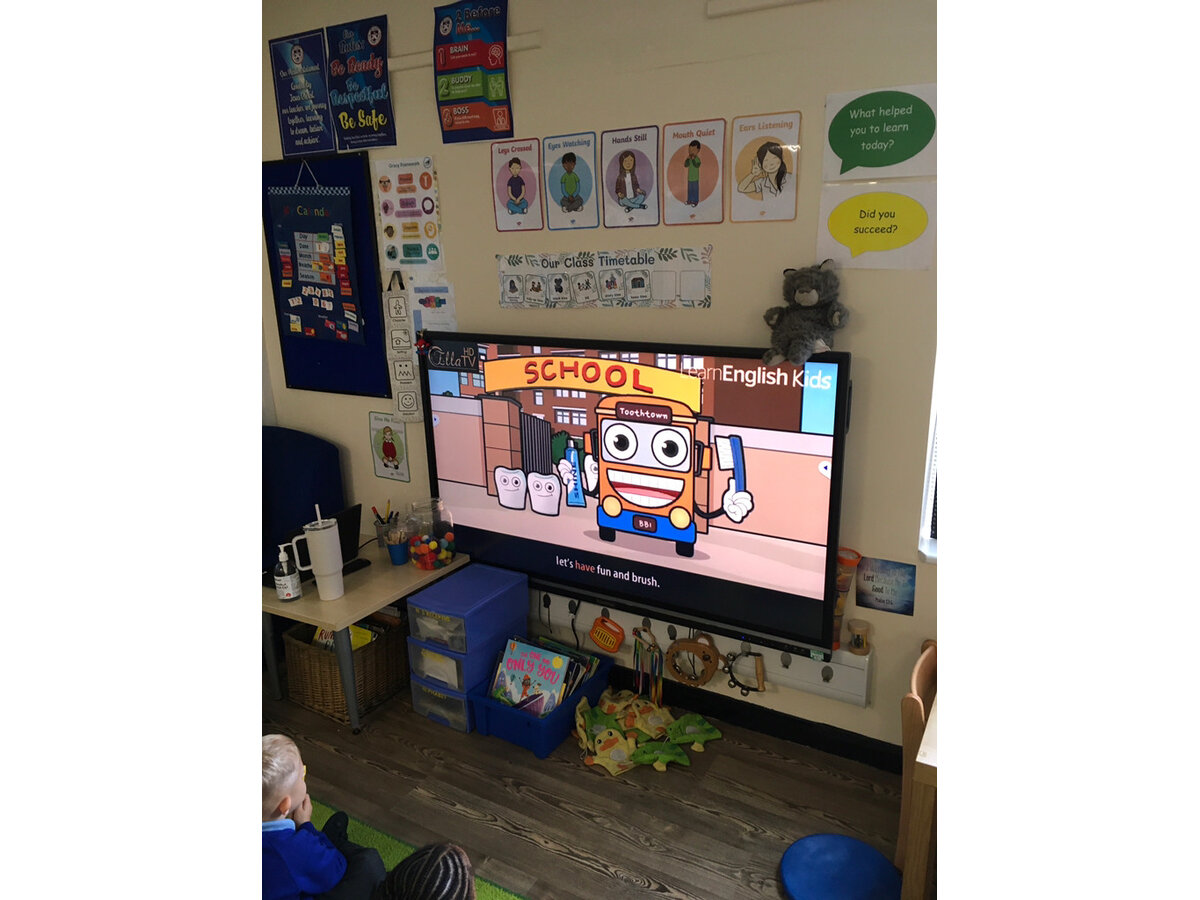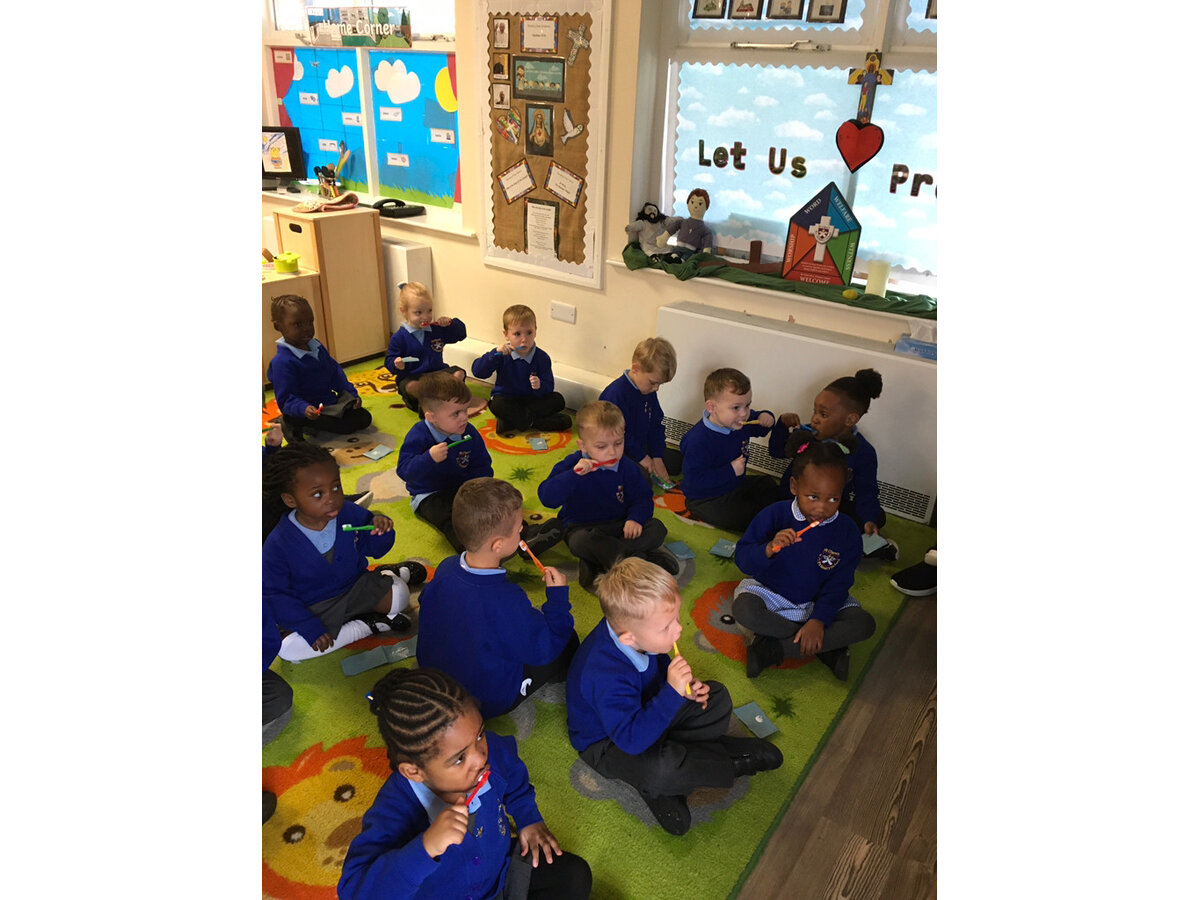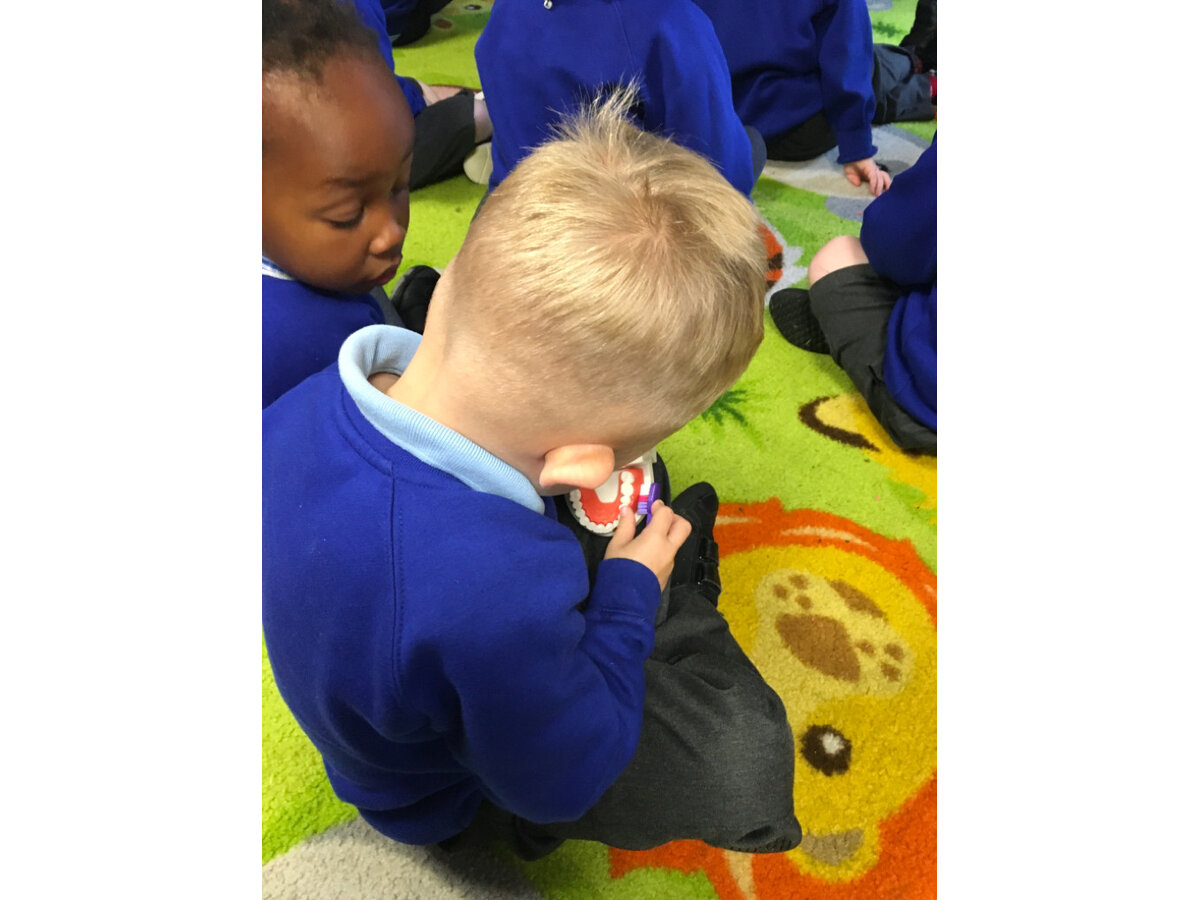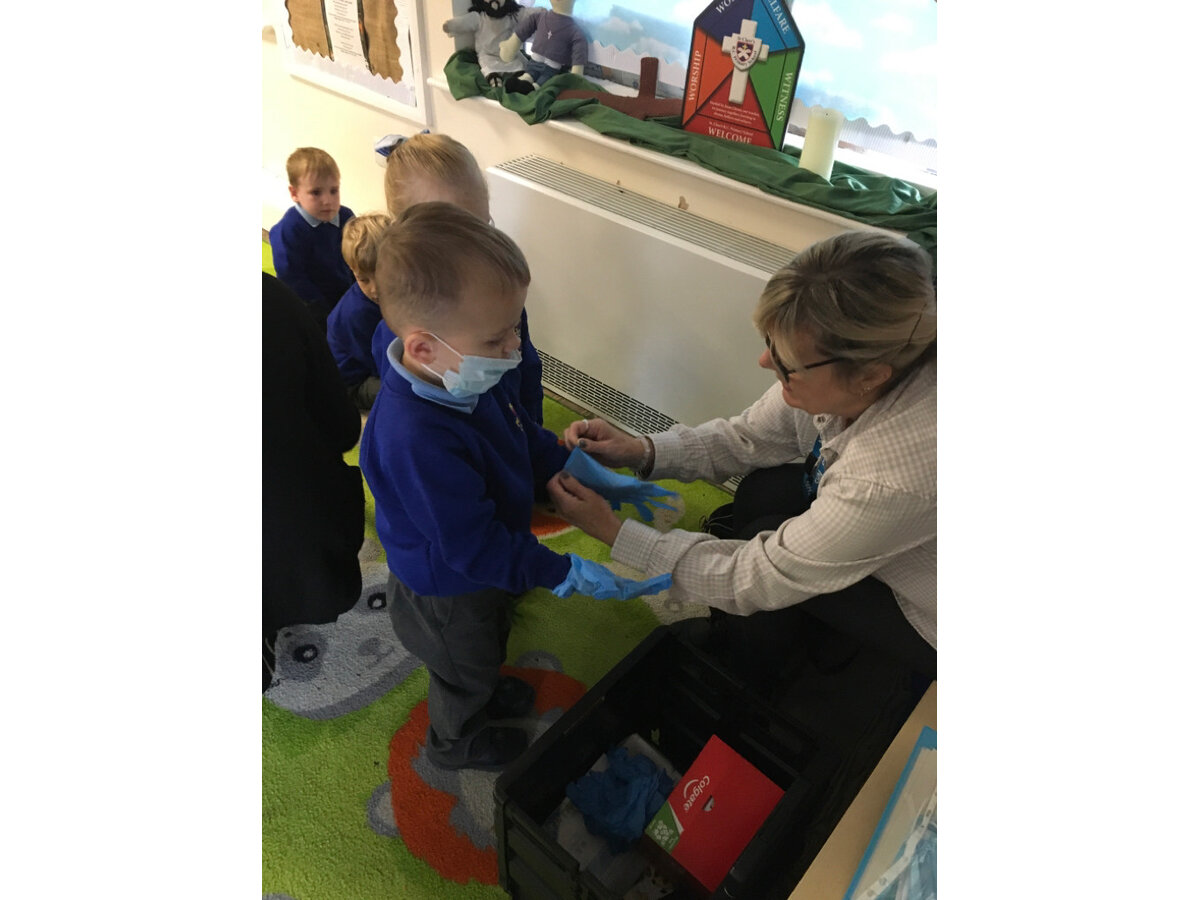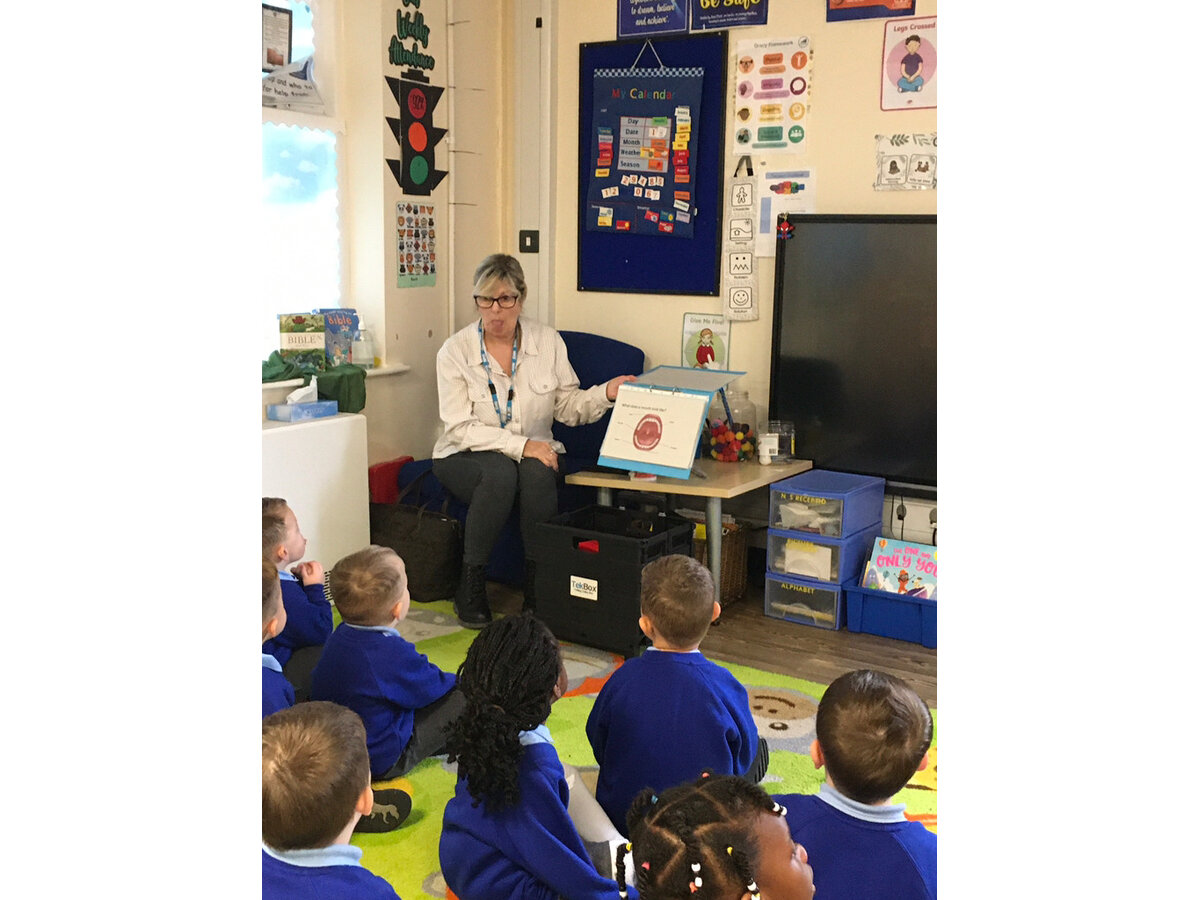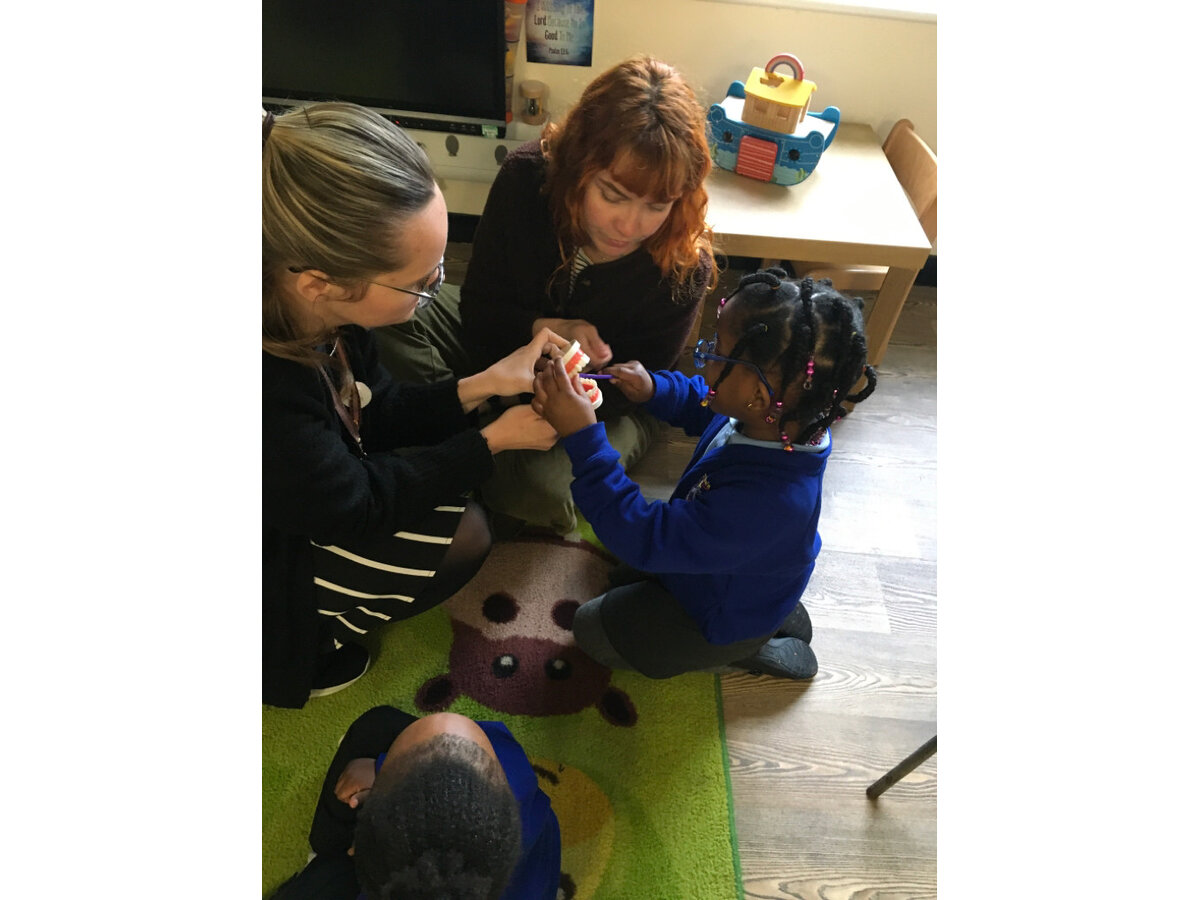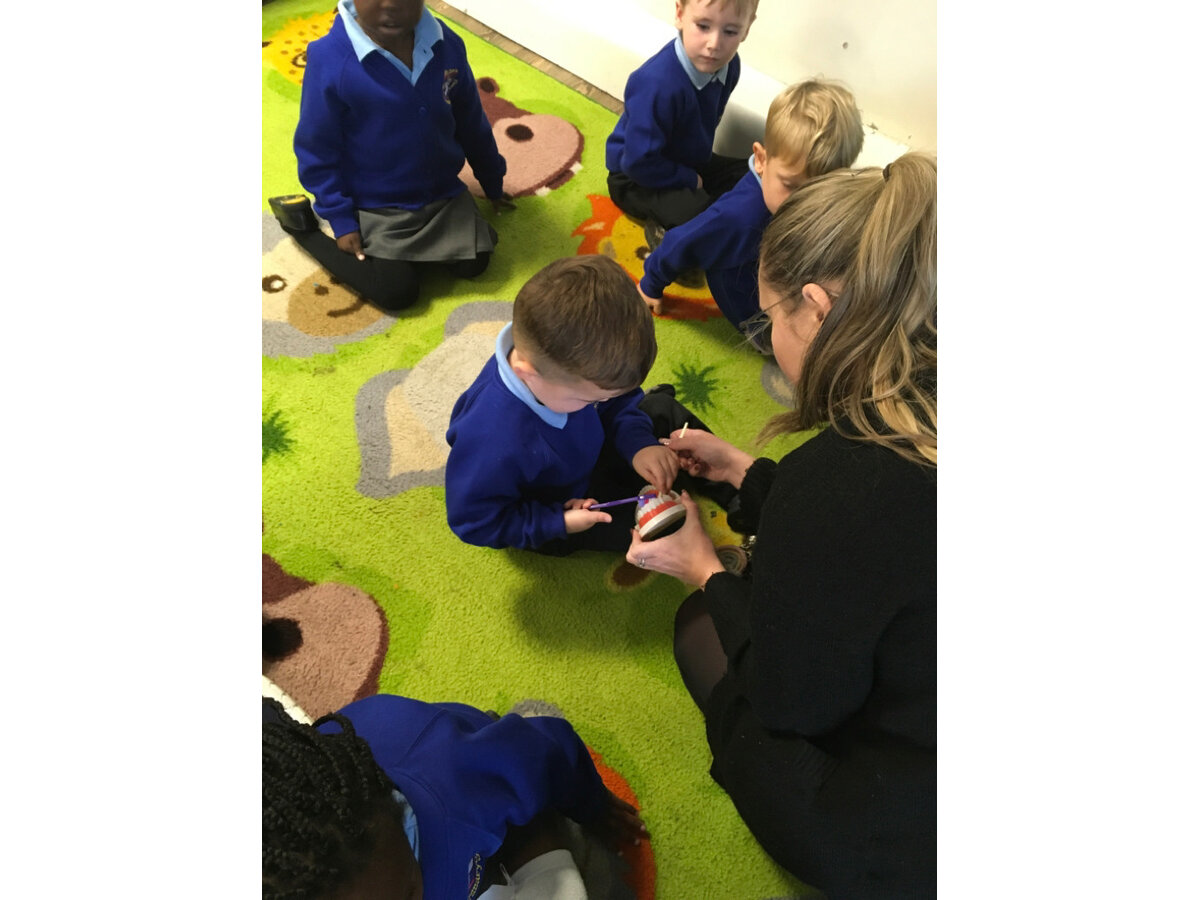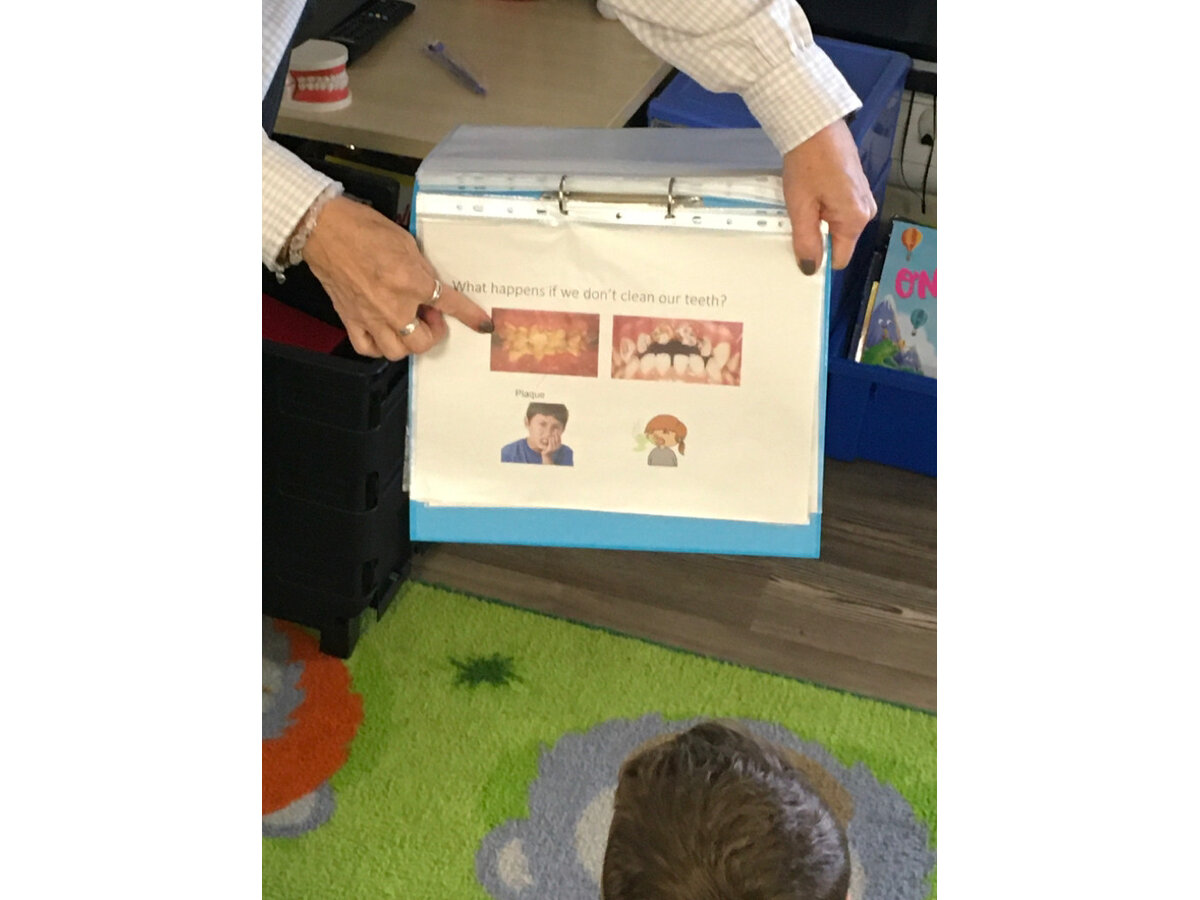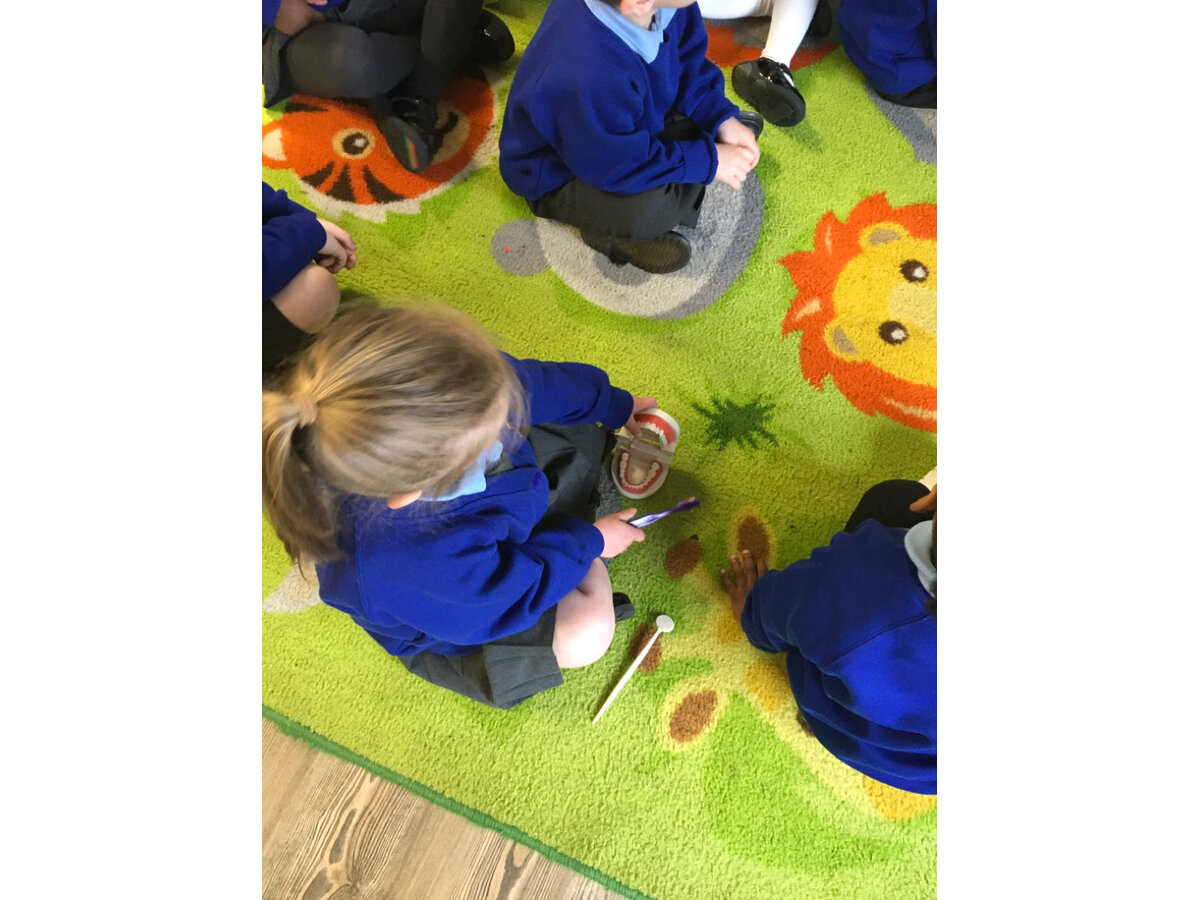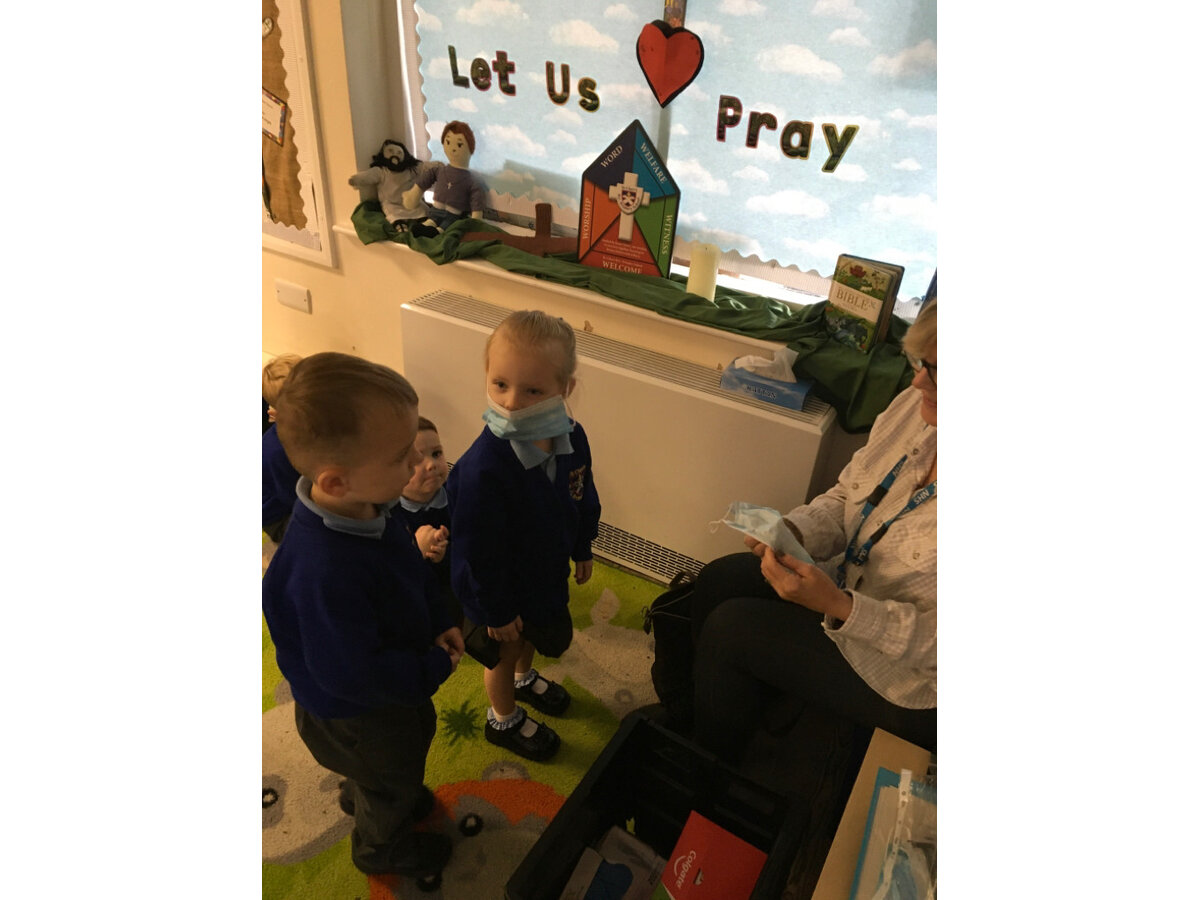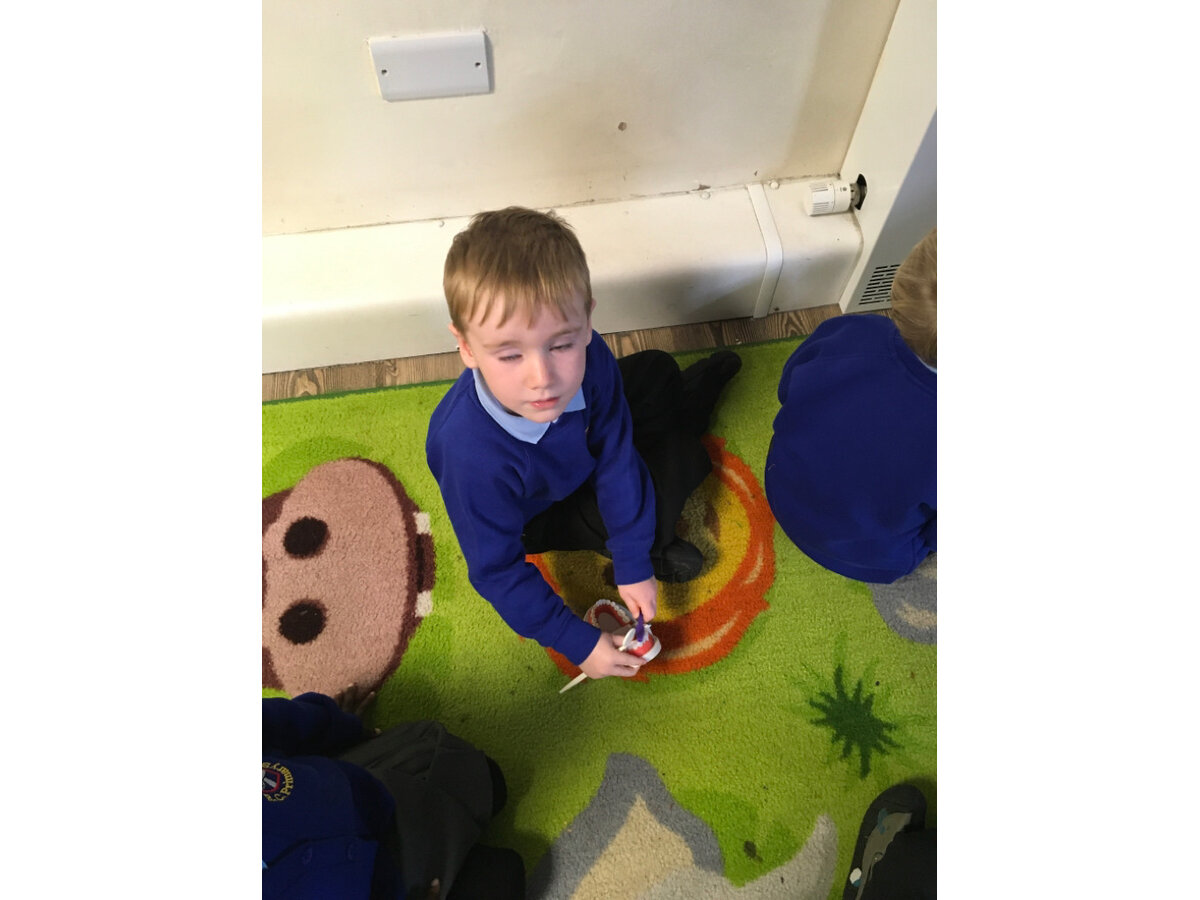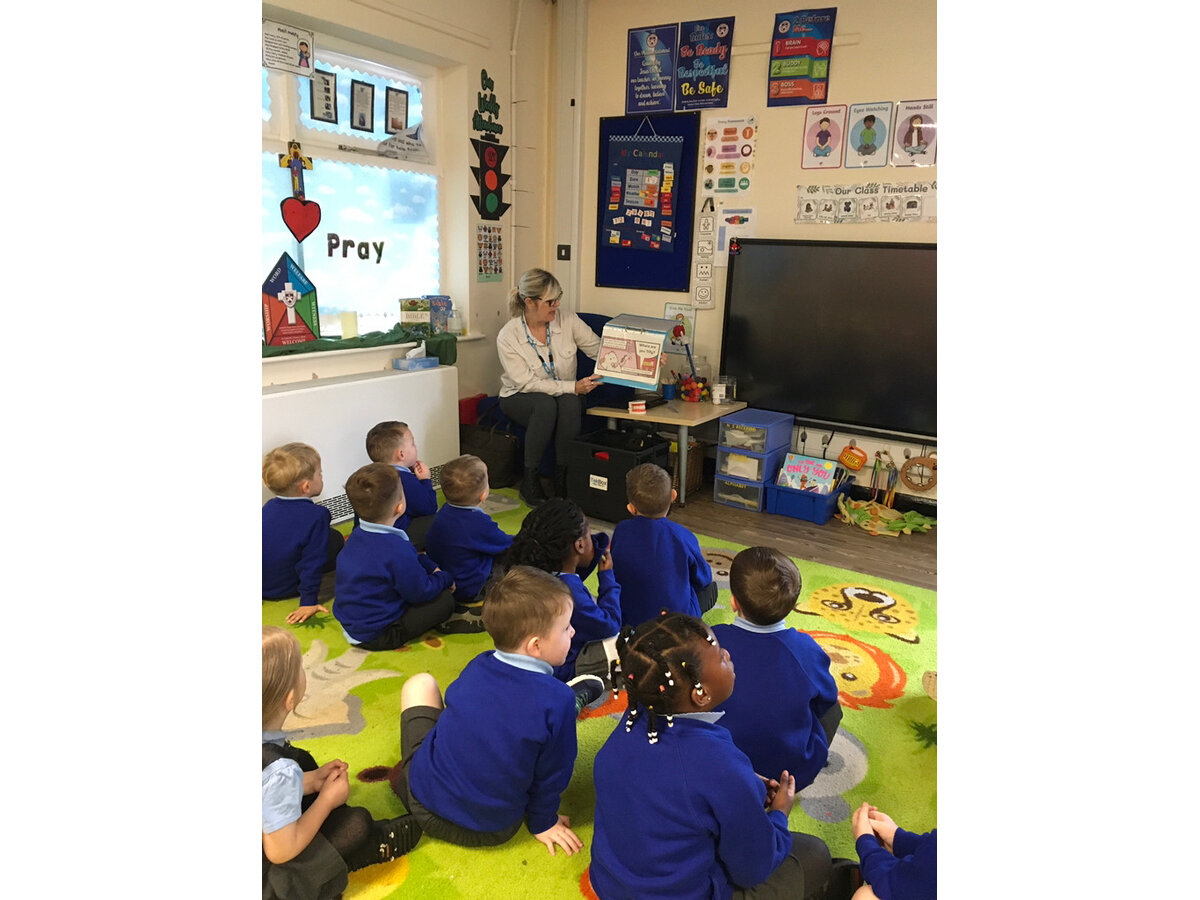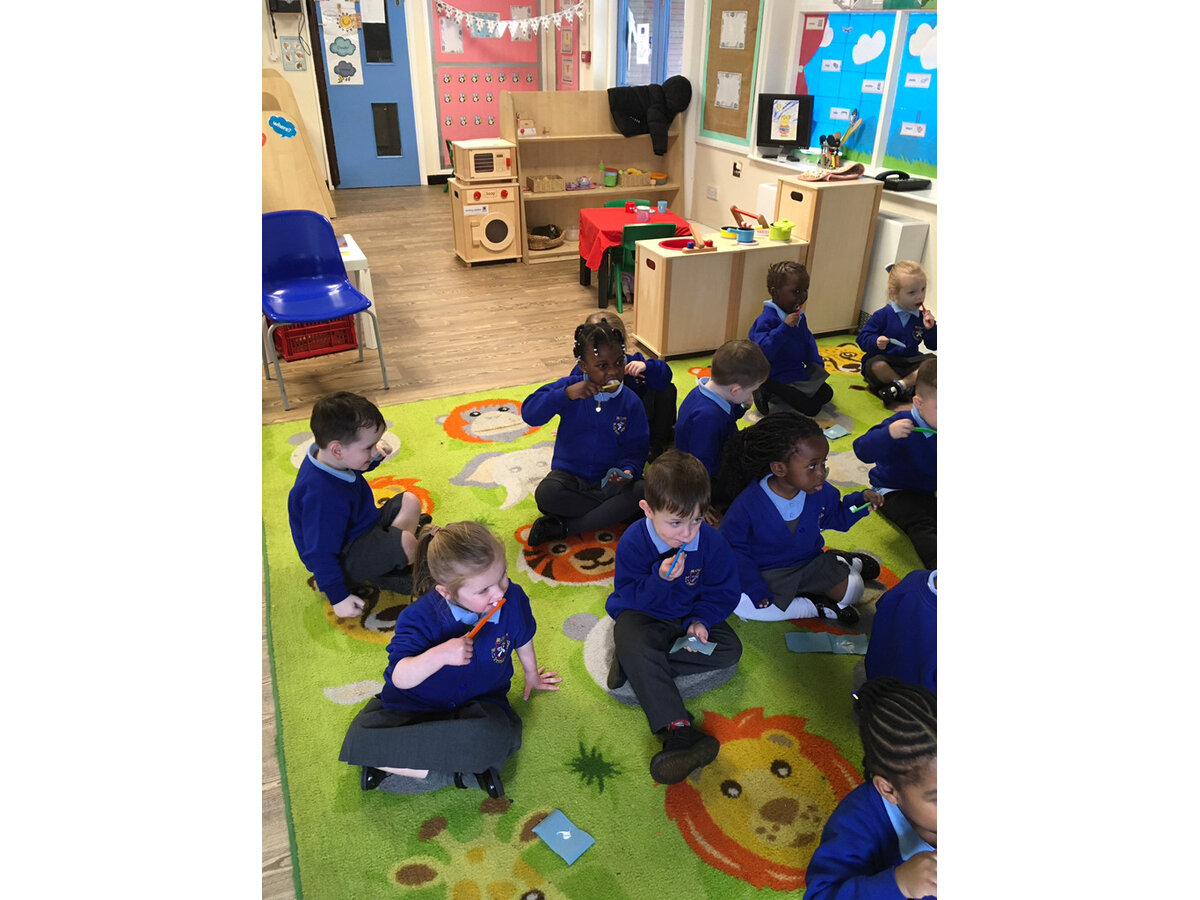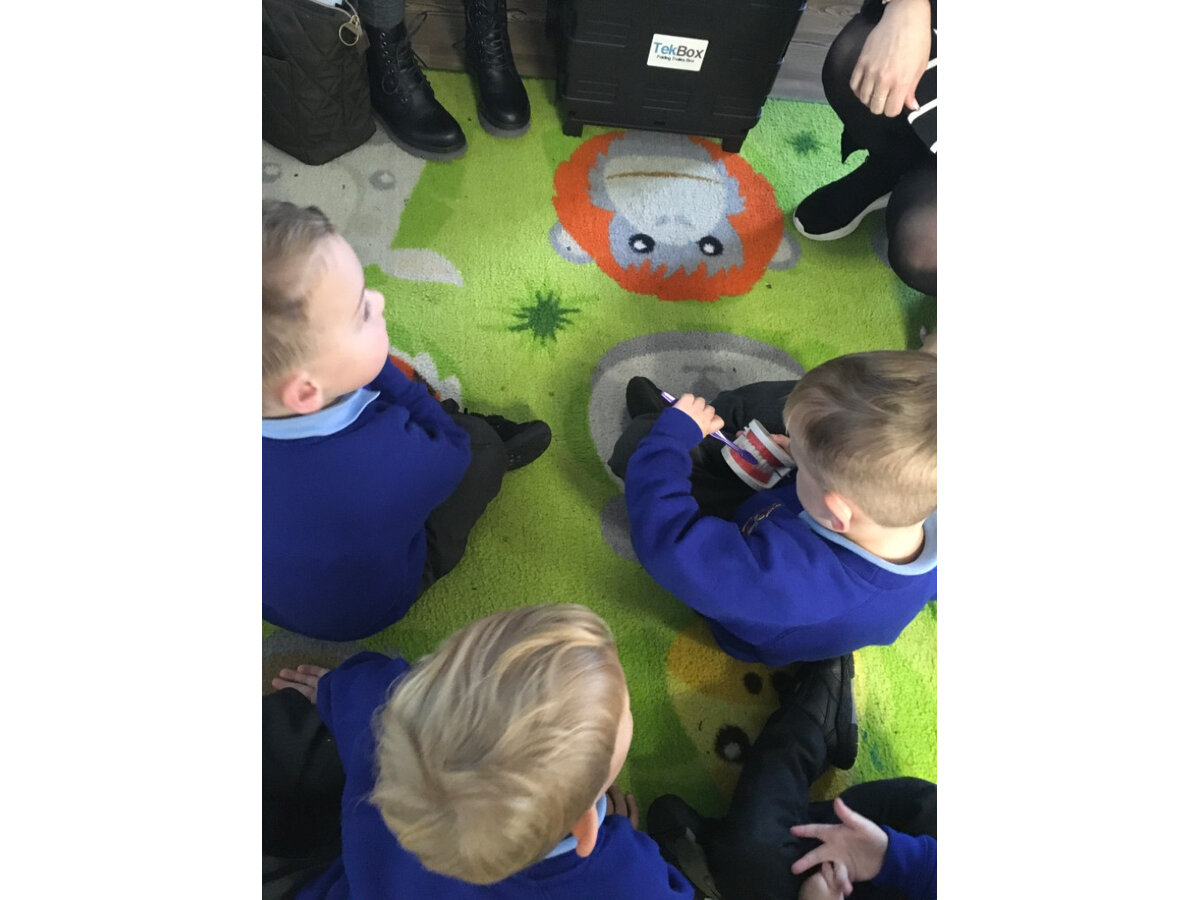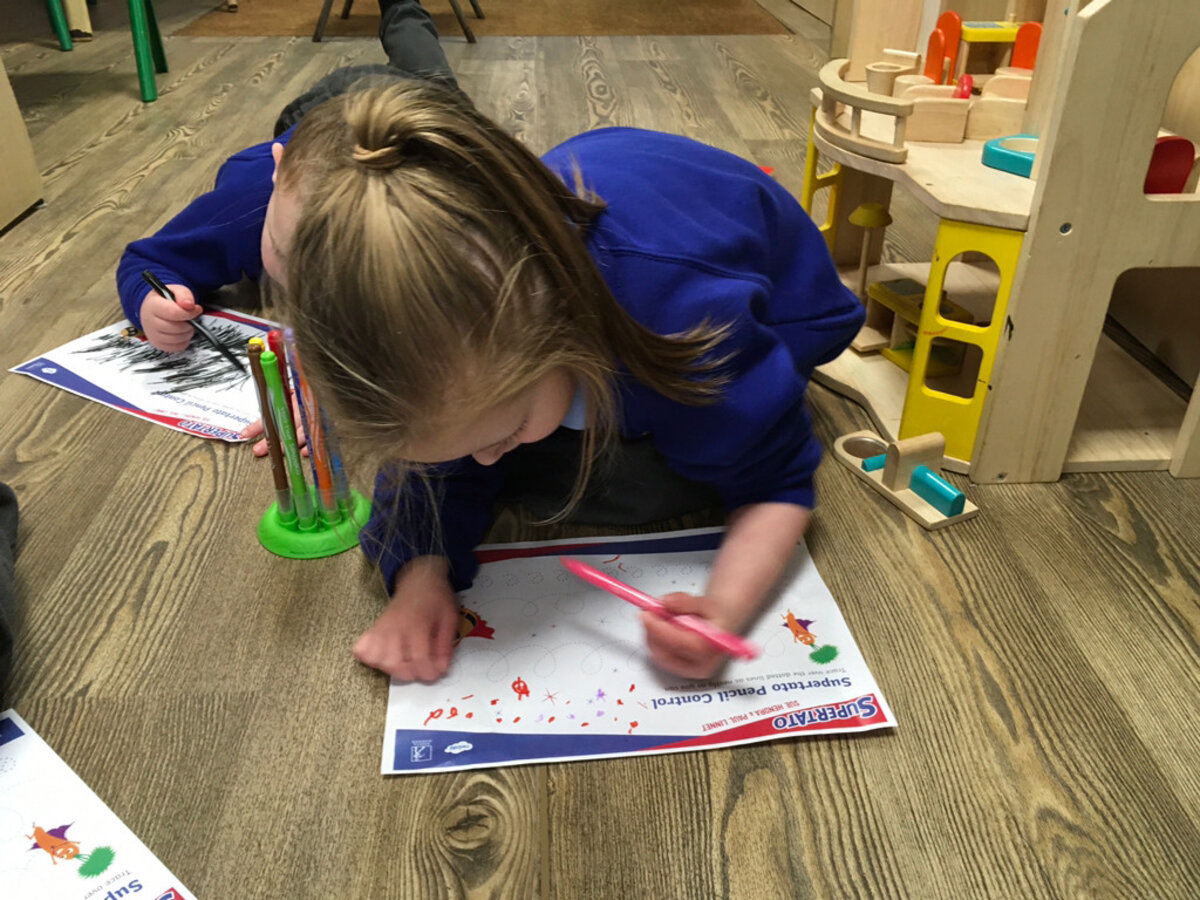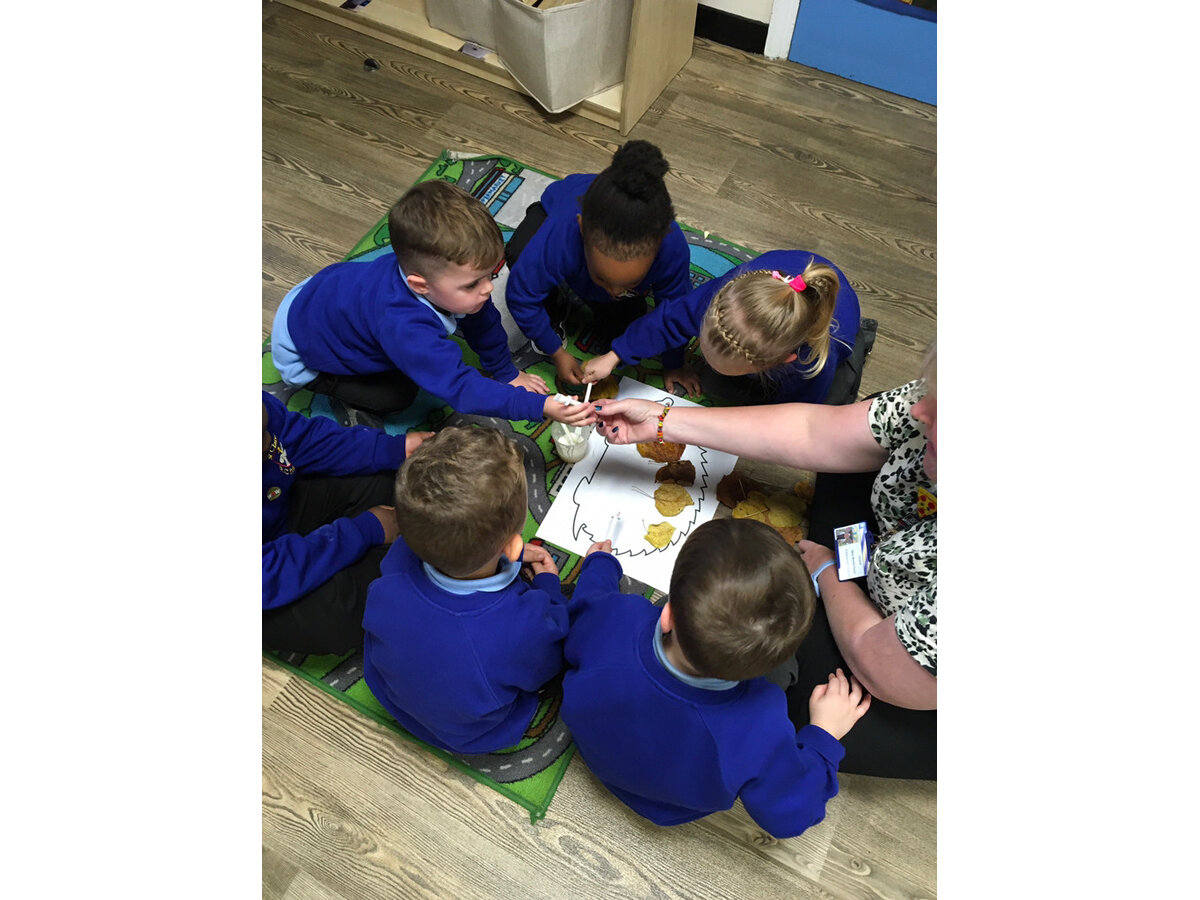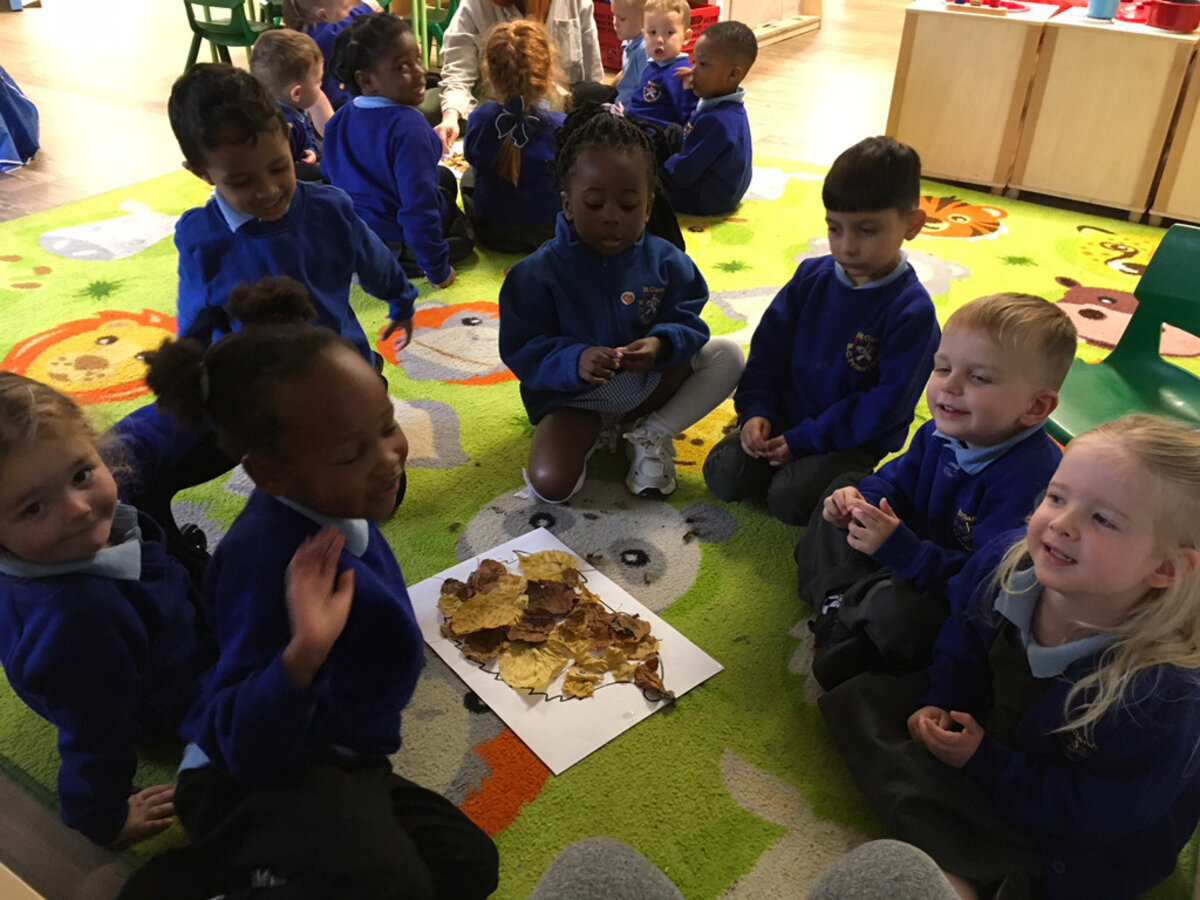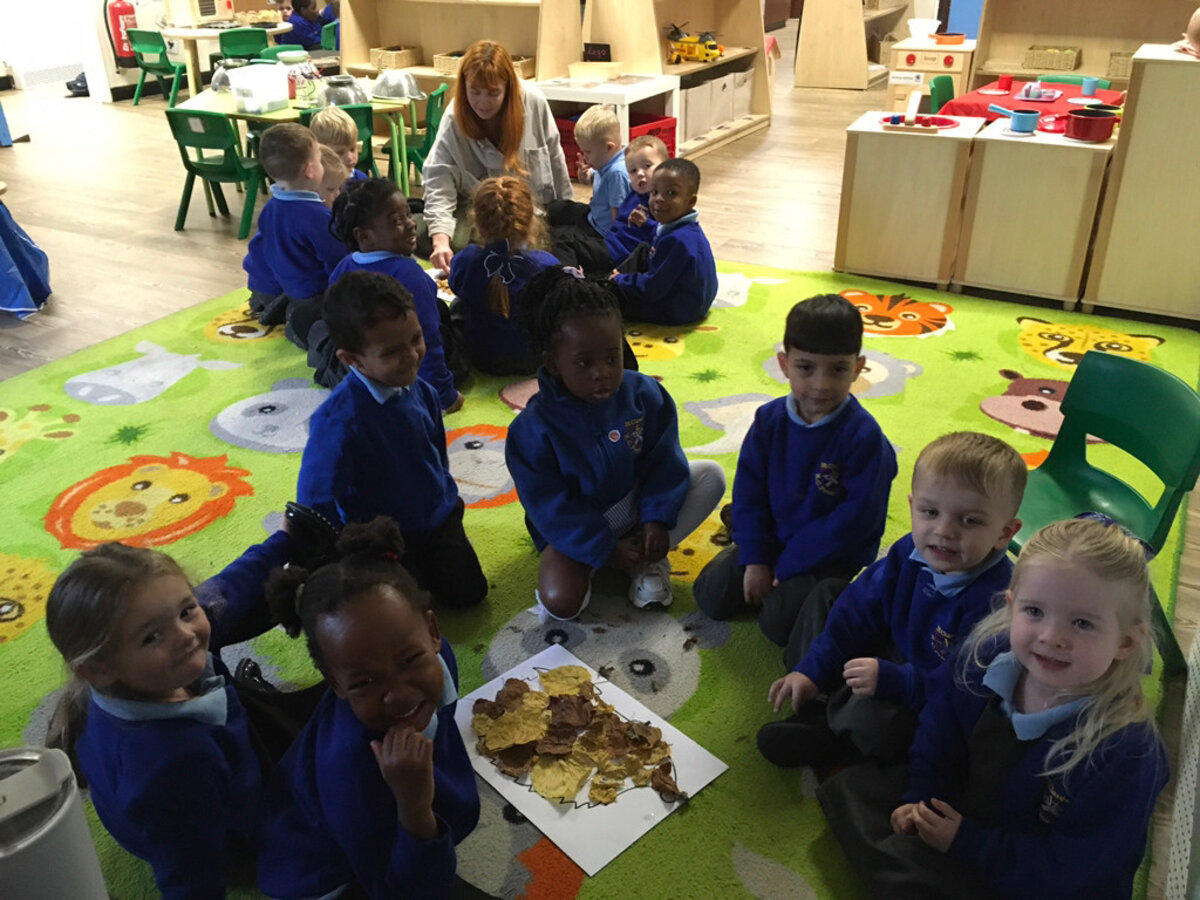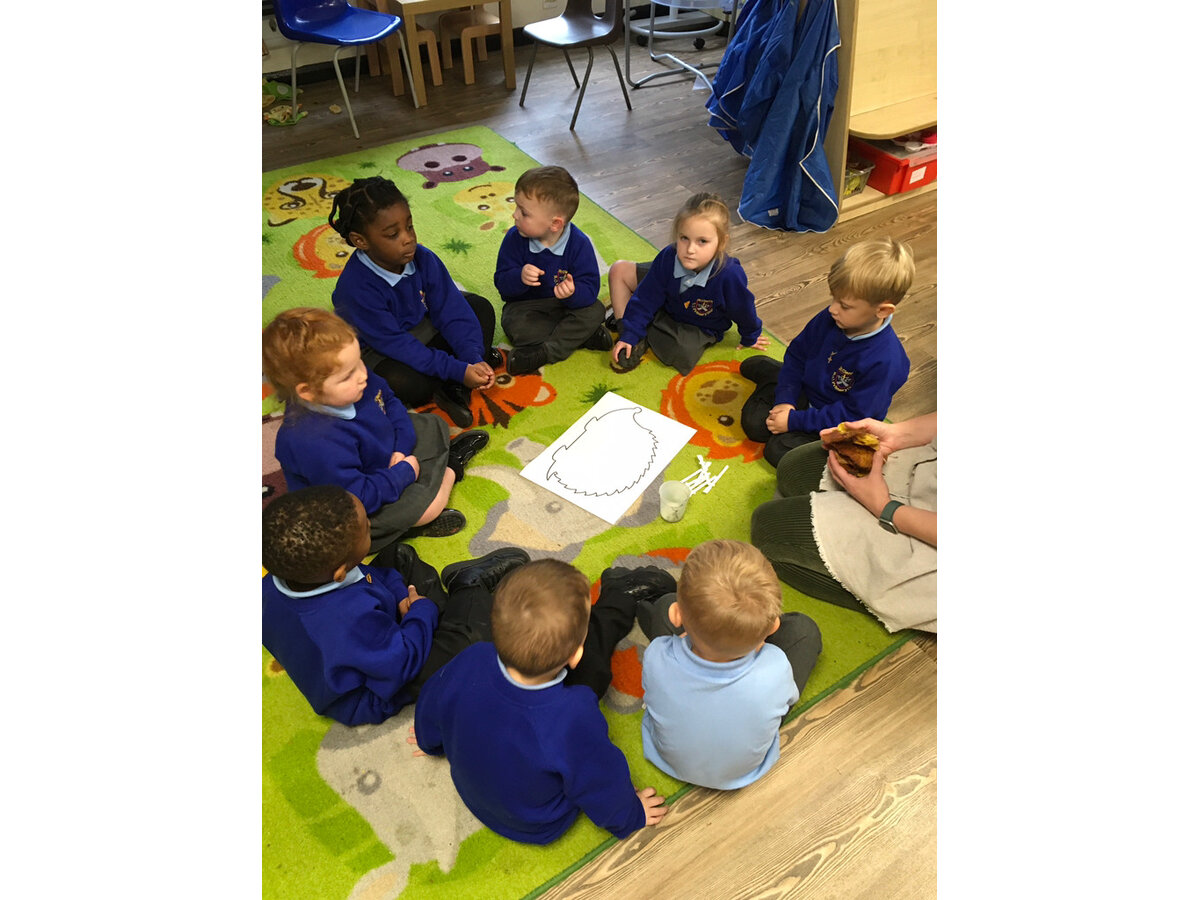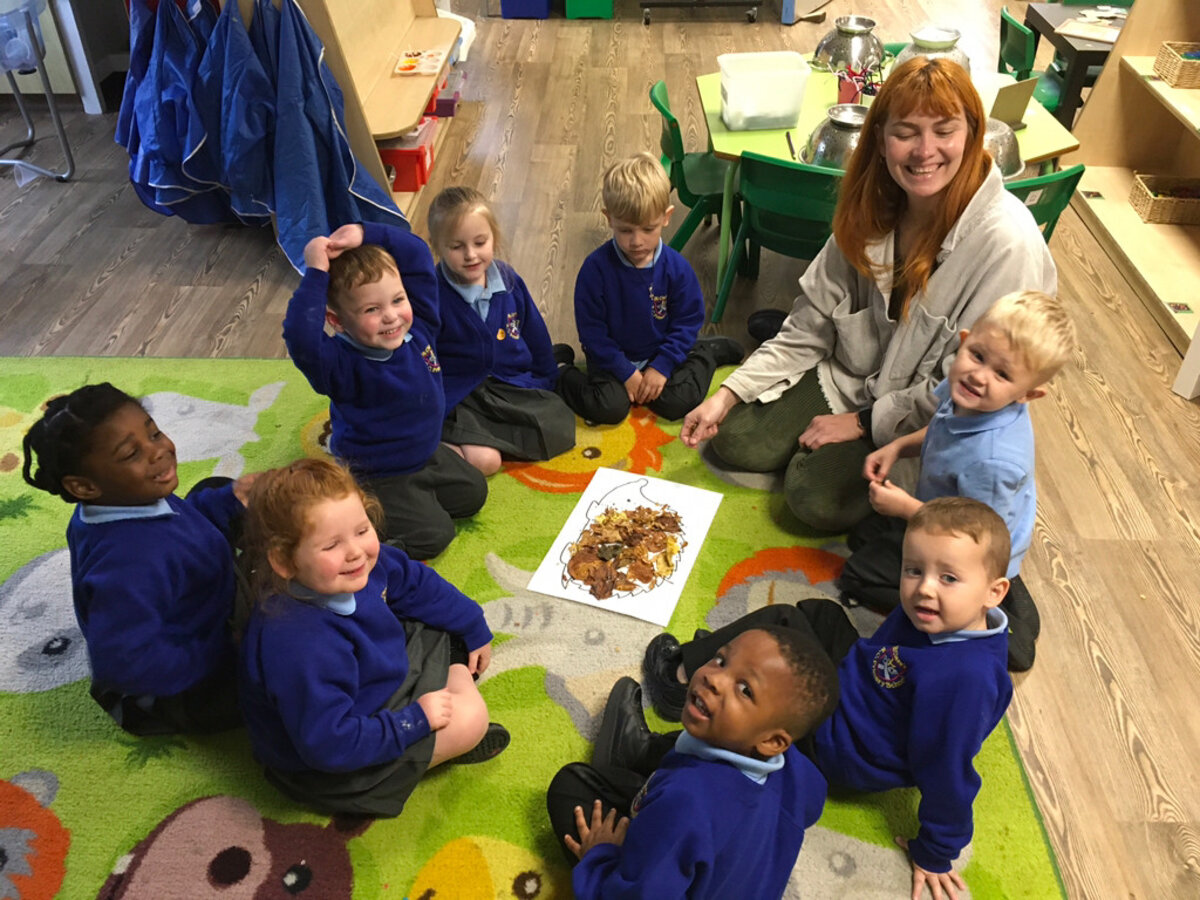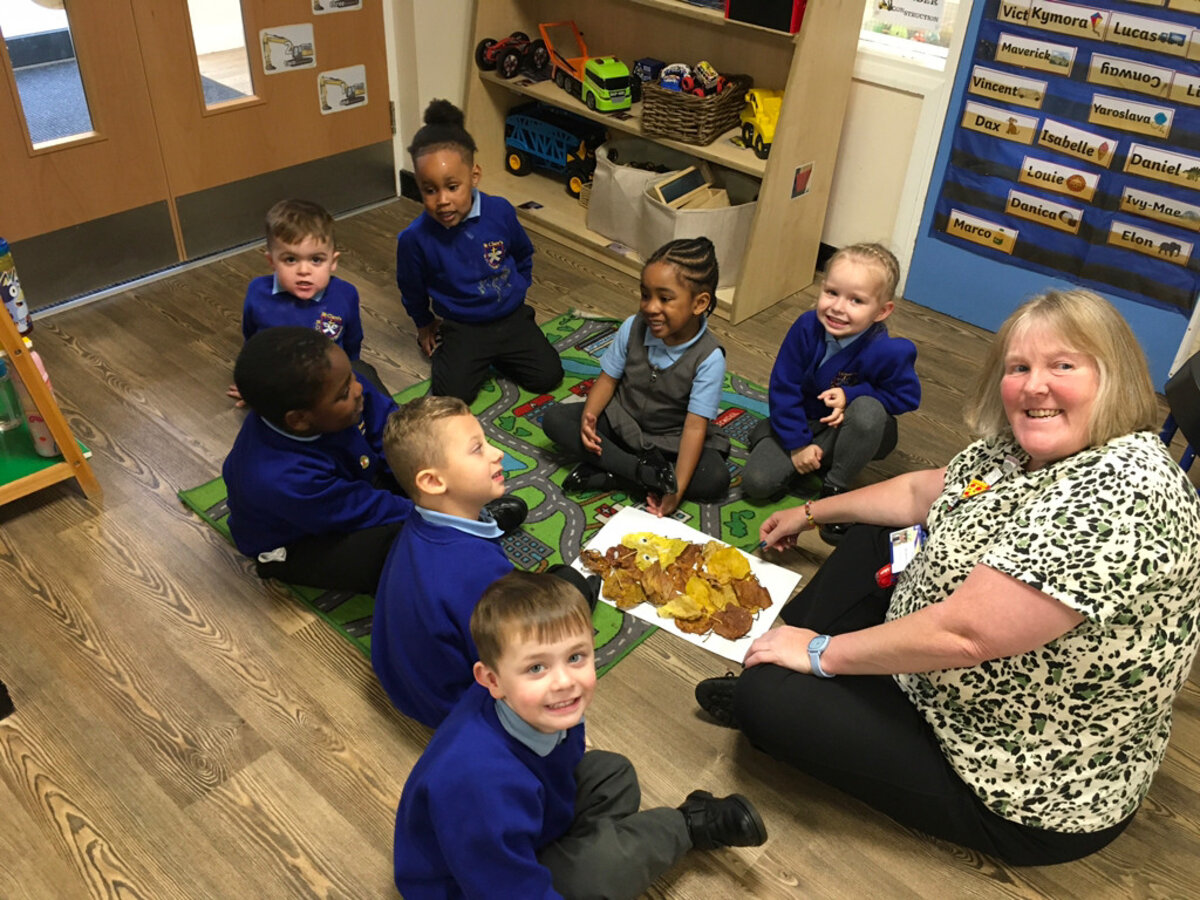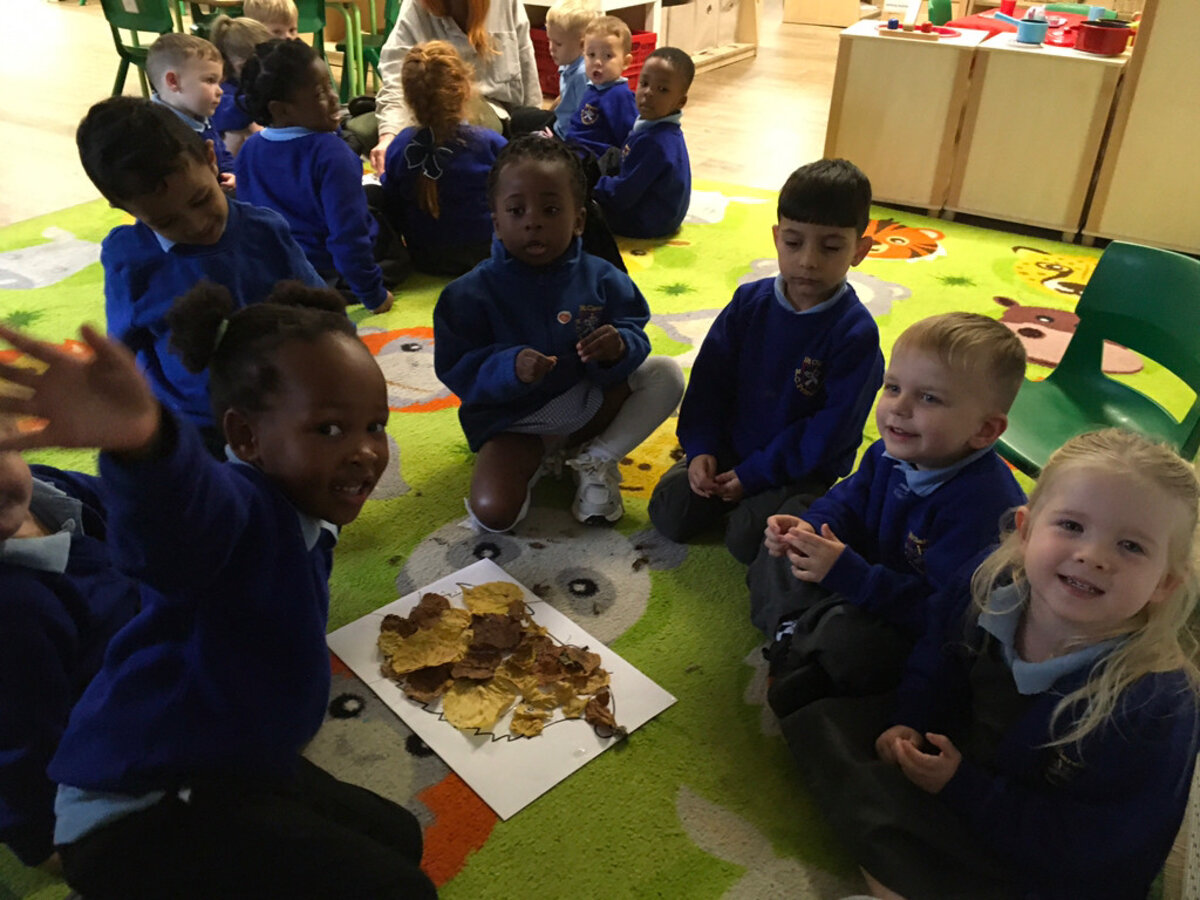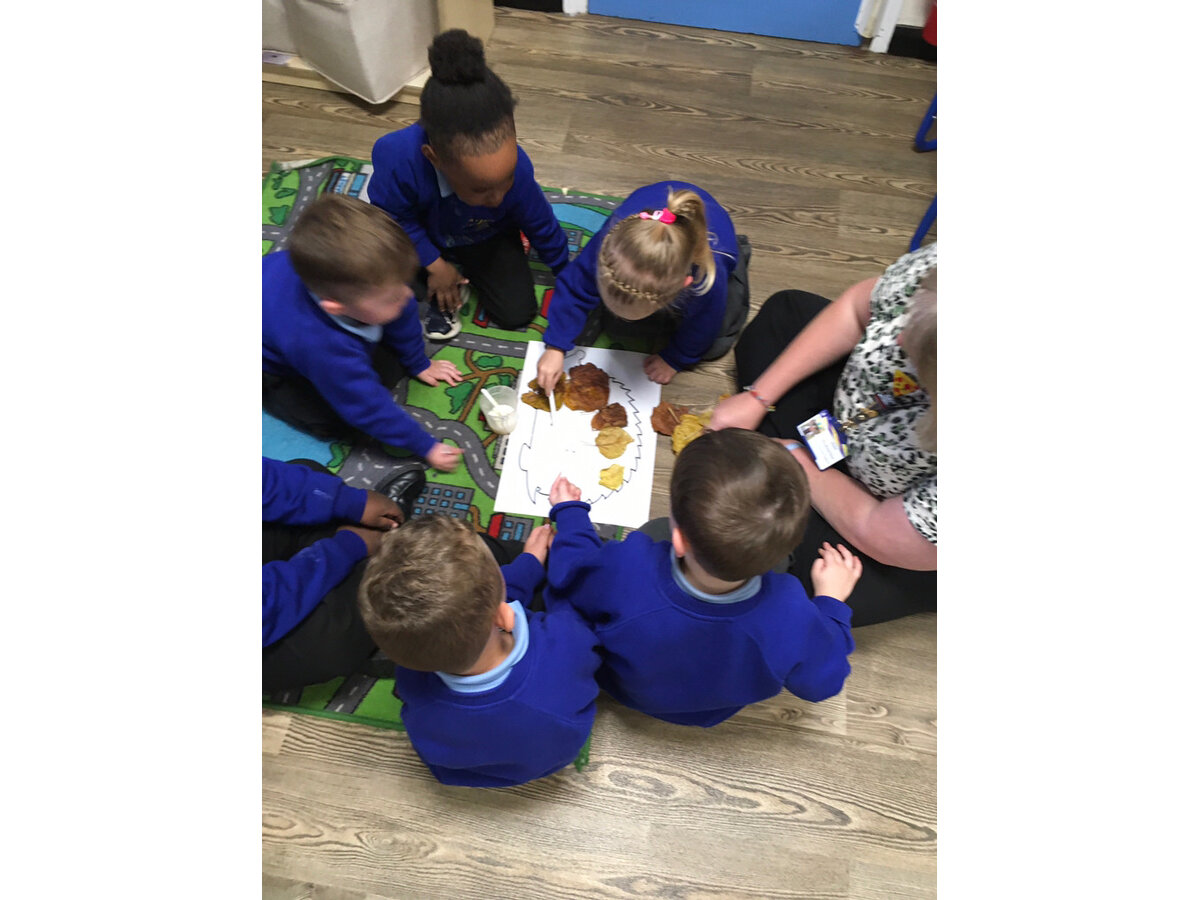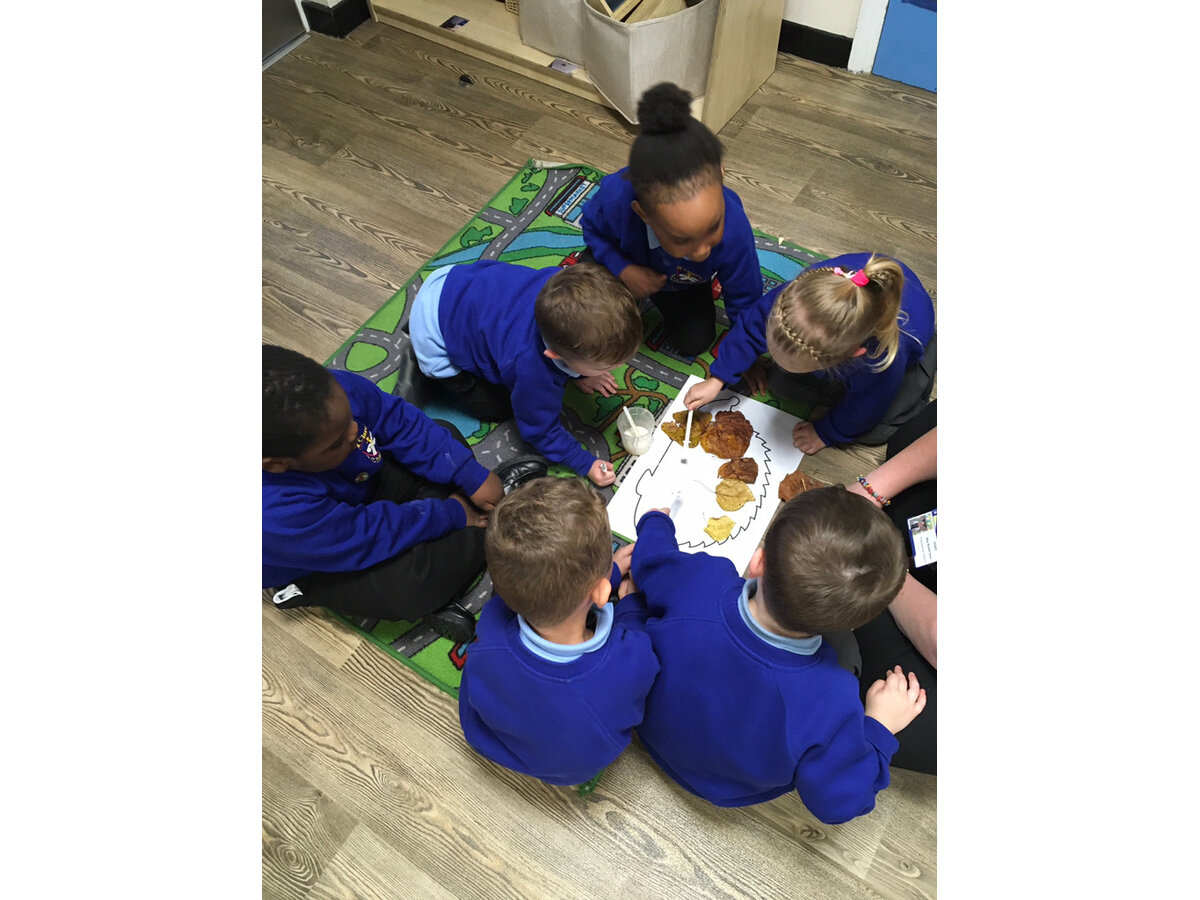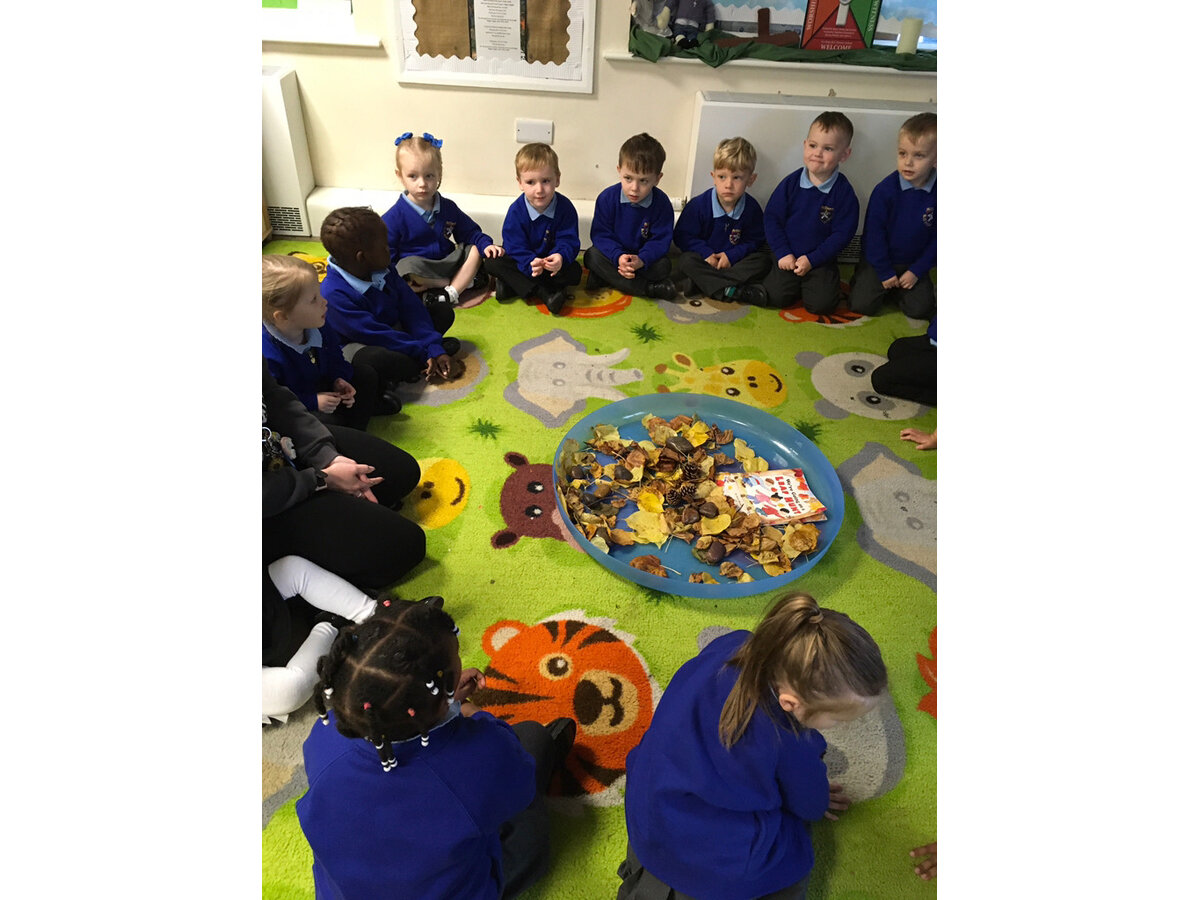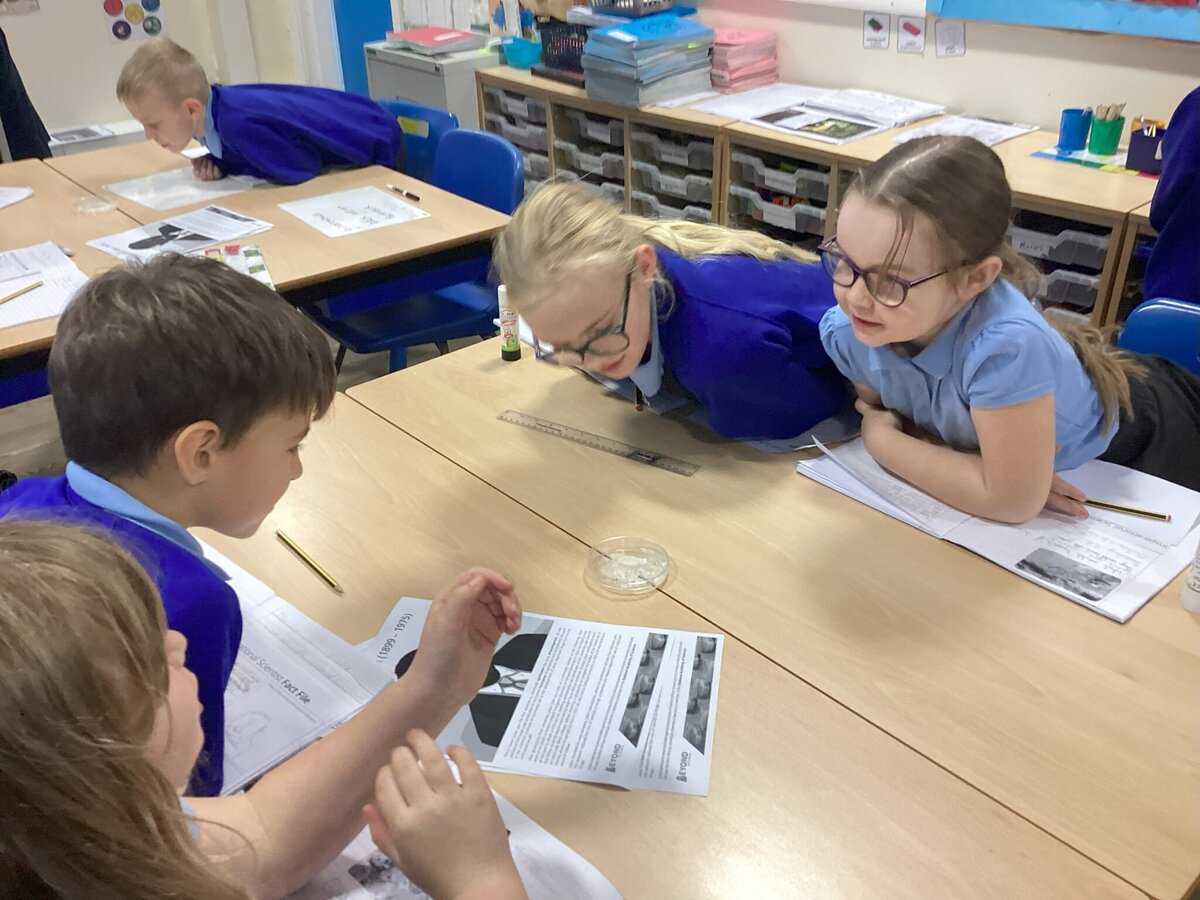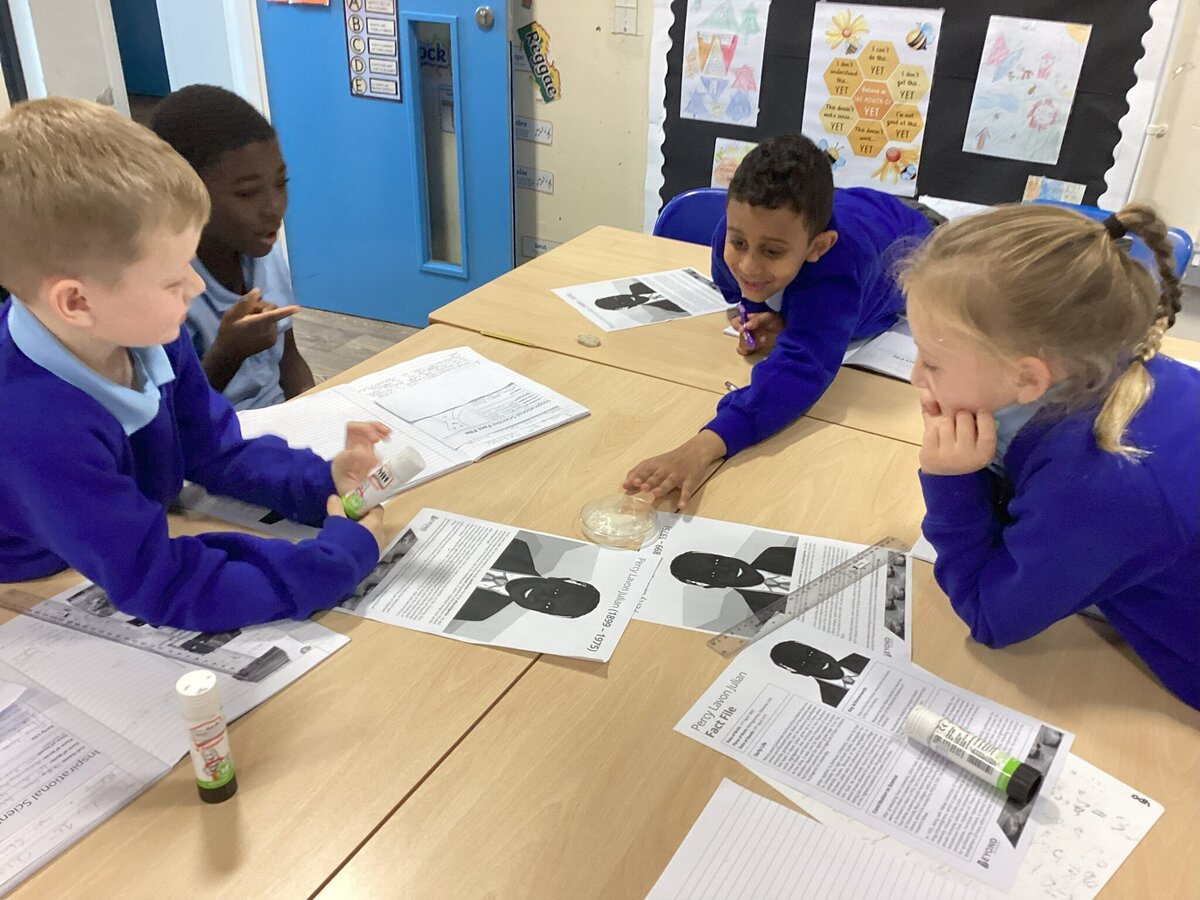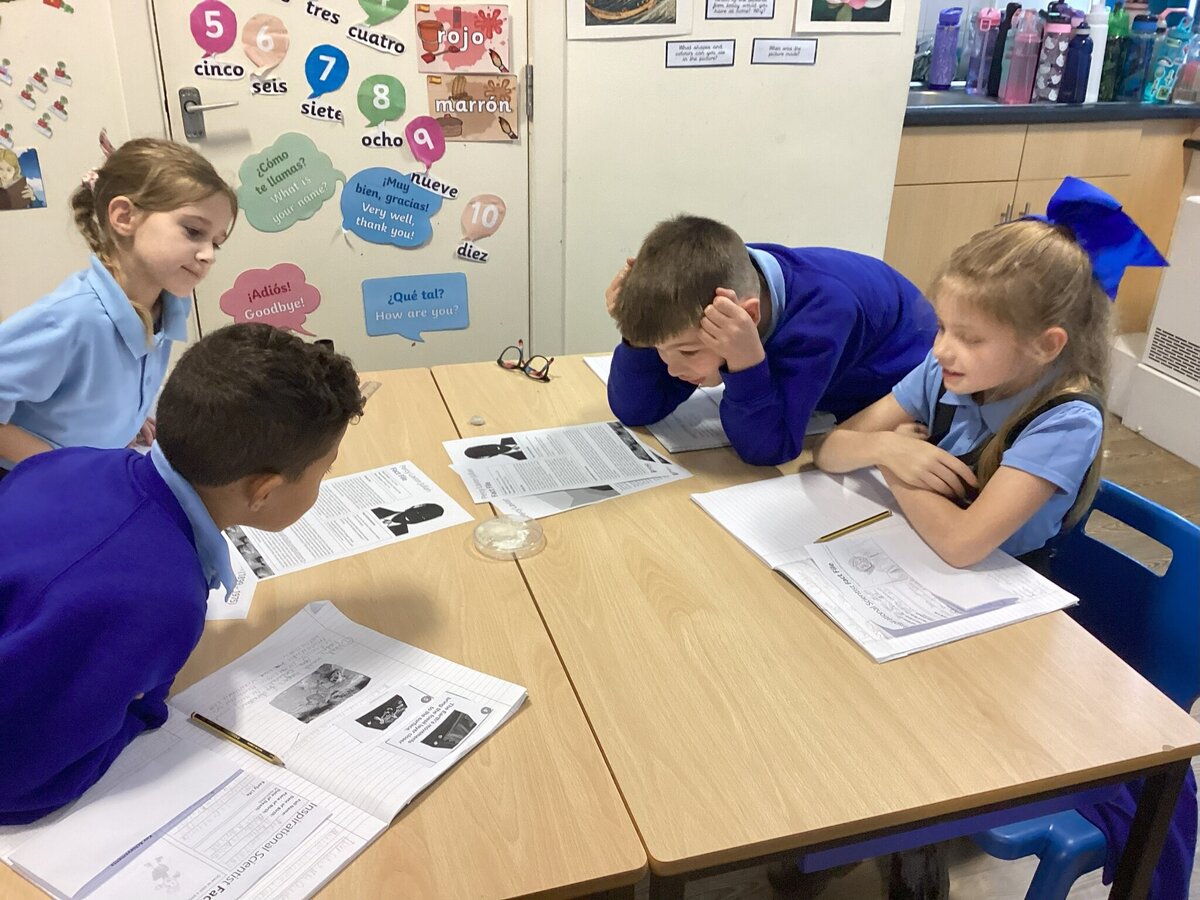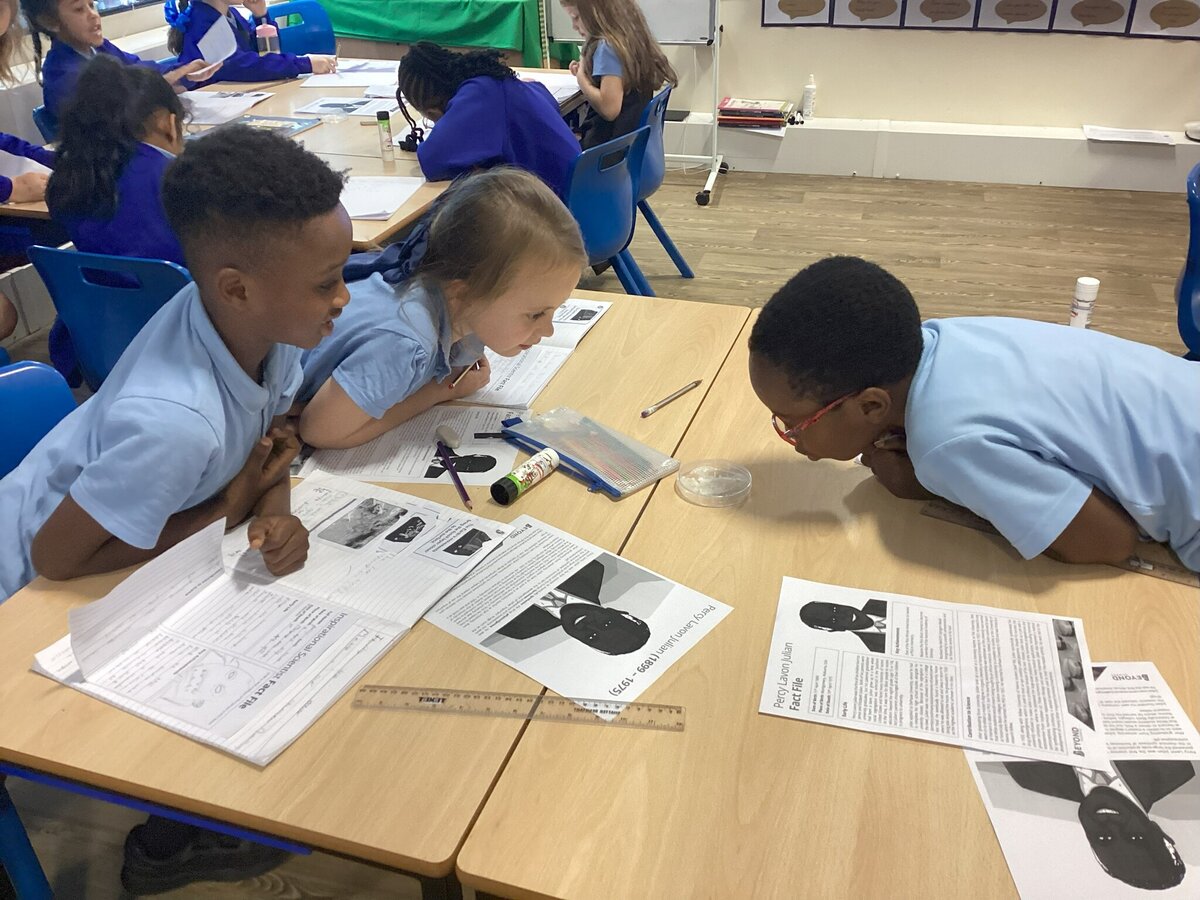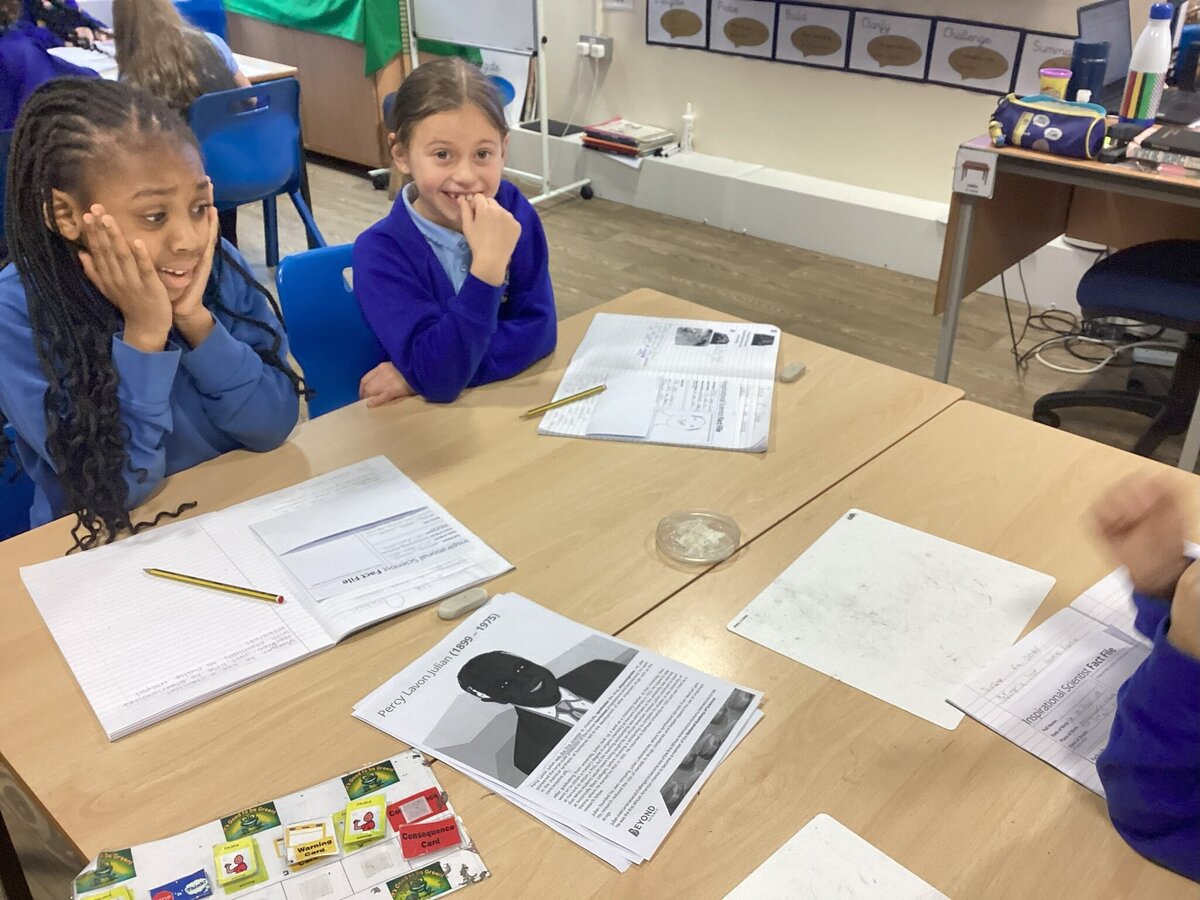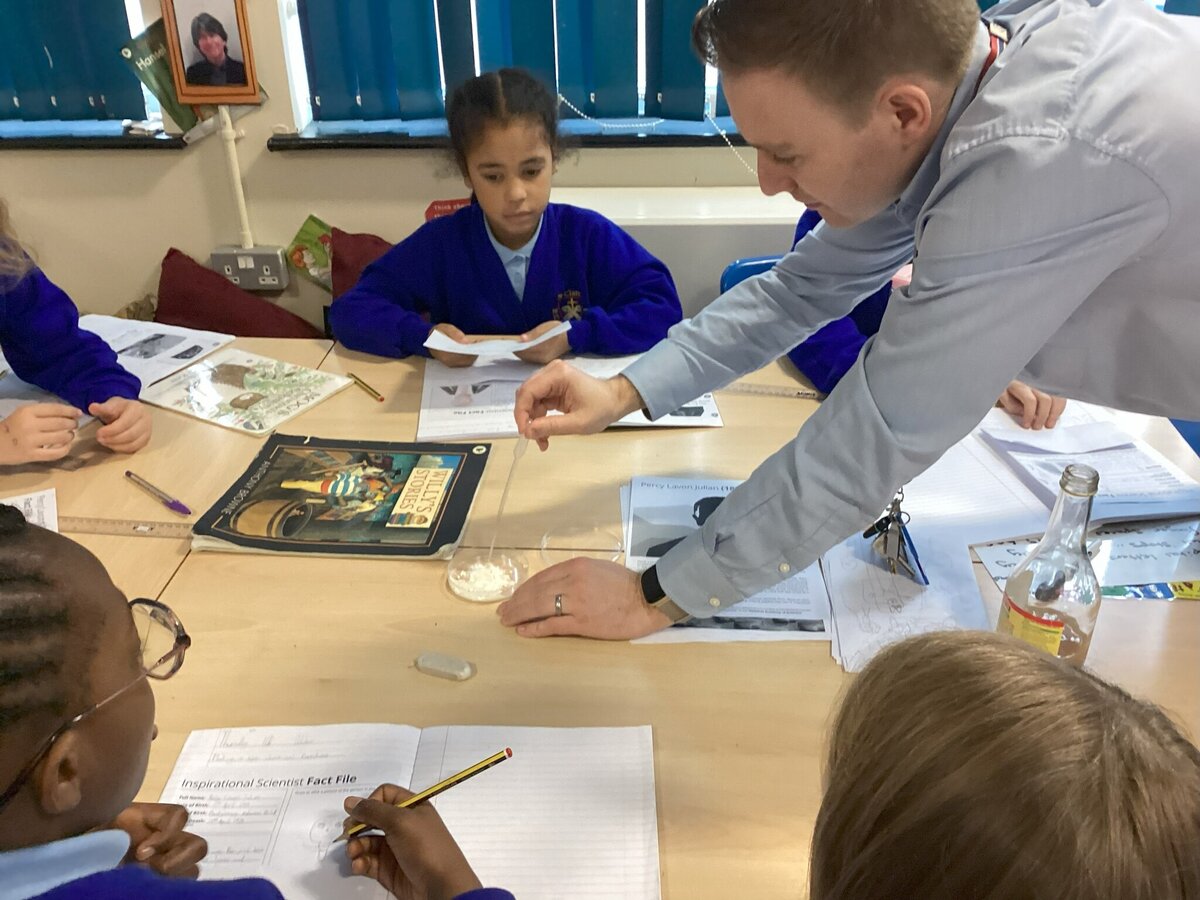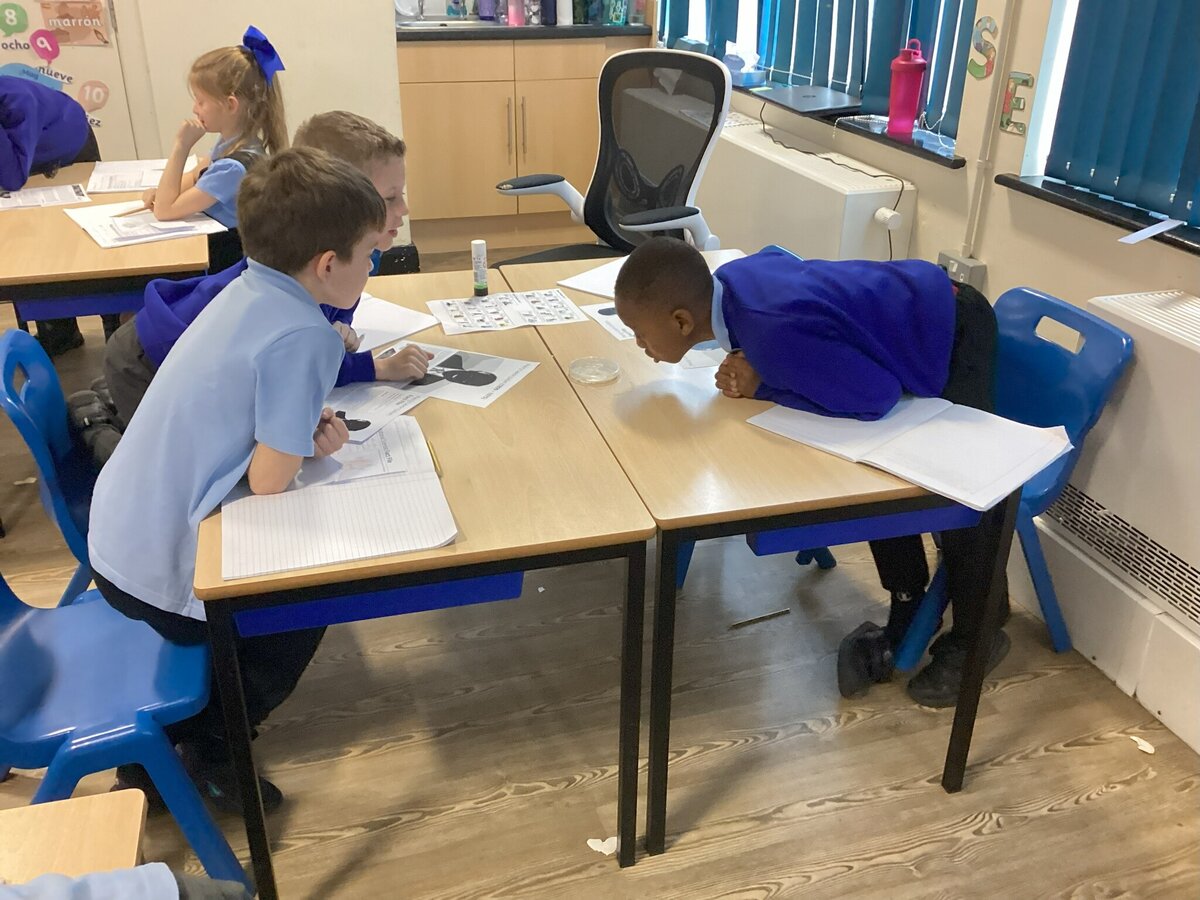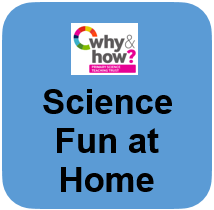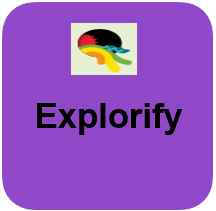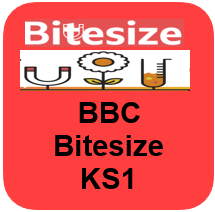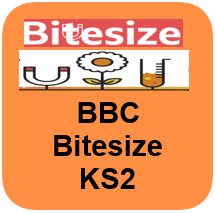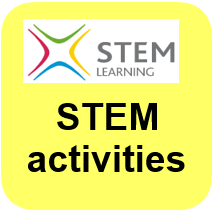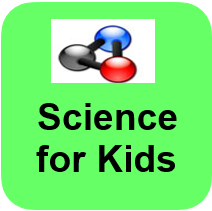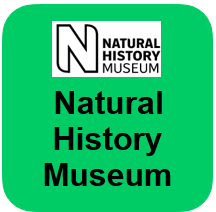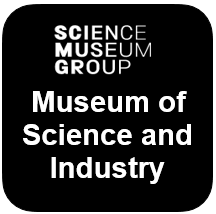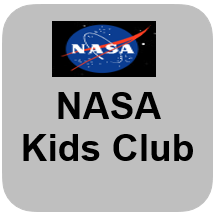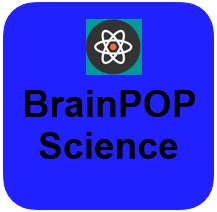St Clare's Science Principles and Vision
Science Principles and Vision
At St Clare's there is a clear vision for science, we place great emphasis on investigative skills in science. It is important that children understand scientific methods and are able to conduct fair tests with accuracy.
In the Early Years Foundation Stage science is experienced through the `knowledge and understanding of the world` area of learning. We aim to create a stimulating environment that encourages children to develop an interest in the environment around them both indoors and outdoors.
In Key Stage 1 we encourage the children to look more closely at the world around them, to become more curious and begin to ask questions. In Key Stage 2 we continue to develop scientific thinking and scientific working..
Throughout both key stages, children learn how to make comparisons and identify similarities and differences; make careful observations and draw conclusions from their observations; make predictions and suggest questions that can be tested; plan and carry out investigations with fair tests; collect evidence and present results and draw conclusions. Our main aim is for the children to explore their curiosities about the wider world.
Children learn about physical processes, life and living processes and materials and their properties.
Knowledge in science is learnt through a combination of experiment based learning, class teaching and using software to explain factual information and test learning.
Science Intent, Implement and Impact Statement
Science Intent, Implement and Impact Statement
Science Curriculum Overview
Progression in Science Learning
This document shows the progression in science learning at St Clare's RC Primary School, beginning in EYFs all the way up to Upper Key Stage two. This is the learning journey that will be taken, and the coverage of the substantive knowledge in all three key areas of primary science; Chemistry, Physics and Biology.
Progression in Science Learning
Science Enhancement Opportunities
Take a look at the science enhancement opportunities that tie in really well with your child's current learning in science. If you complete any of these fun activities, or any of your own please do send any photos to k.salza@st-clares.manchester.sch.uk We would love to see science taking place outside of the classroom!
Science Enhancement Opportunities
Enhancement Opportunities Autumn 2
Enhancement Opportunities Spring 1
Science Enhancement Opportunities Spring 2
PSQM Outreach Submission 2025
This year, St Clare's RC Primary School have entered the PSQM (Primary Science Quality Mark) programme in the hope of acheiving the Outreach award. what is the PSQM Outreach award?
-
PSQM is a year-long national accreditation/professional development programme, run by the University of Hertfordshire in partnership with the Primary Science Teaching Trust.
-
Its aim is to support primary school science subject leaders so they can improve science teaching and learning across their whole school
Have a look at our submission document to gain an insight into the amazing science opportunities, lessons and activities that take place at our school. We are very proud of the young scientists we have at St Clare's, and thank all of the children, members of staff, parents, governors, visitors and the wider community in allowing us to experience all that has been included in our submission for the award.
**UPDATE**
We have received confirmation that wehave successfully achieved theb PSQM Outreach award! This is fantastic news. Keep your eyes peeled for all of the fun and exciting science lessons, activites and challanges that will take place throughout the year.
Space Week 2025
Space Week is an annual global event run from 4-10 October, designated by the United Nations. It’s a celebration of space science and technology, promoting education, cooperation, and public awareness of how space impacts human life. To celebrate, the children have been set a home challenge of creating/researching/ discussing/presenting the theme in their own individual way. There will be prizes up for grabs, which will be decided by our Science Ambassadors! We can't wait to see what you can create.
Royal Institution
This half term (Spring) we have been extremely lucky to have a full day visit from the RI. They delivered an interactive assembly for all of the children, where they explored various forms of energy (elastic, gravitational, kinetic, chemical) through exciting experiments investigated. A community show was then offered and parents, children from Our Lady's and science ambasadors from Bowker Vale attended and participated in the hands on investigations. The children had a fantastic day, and we are extremely grateful to the RI for their workshop!
Science at St Clare's...
Useful websites
Here are some links to websites that you may find useful for supporting your child's science learning at home
A fantastic site to link science to creative writing and reading is: https://clarefearon.wordpress.com/
.png)
